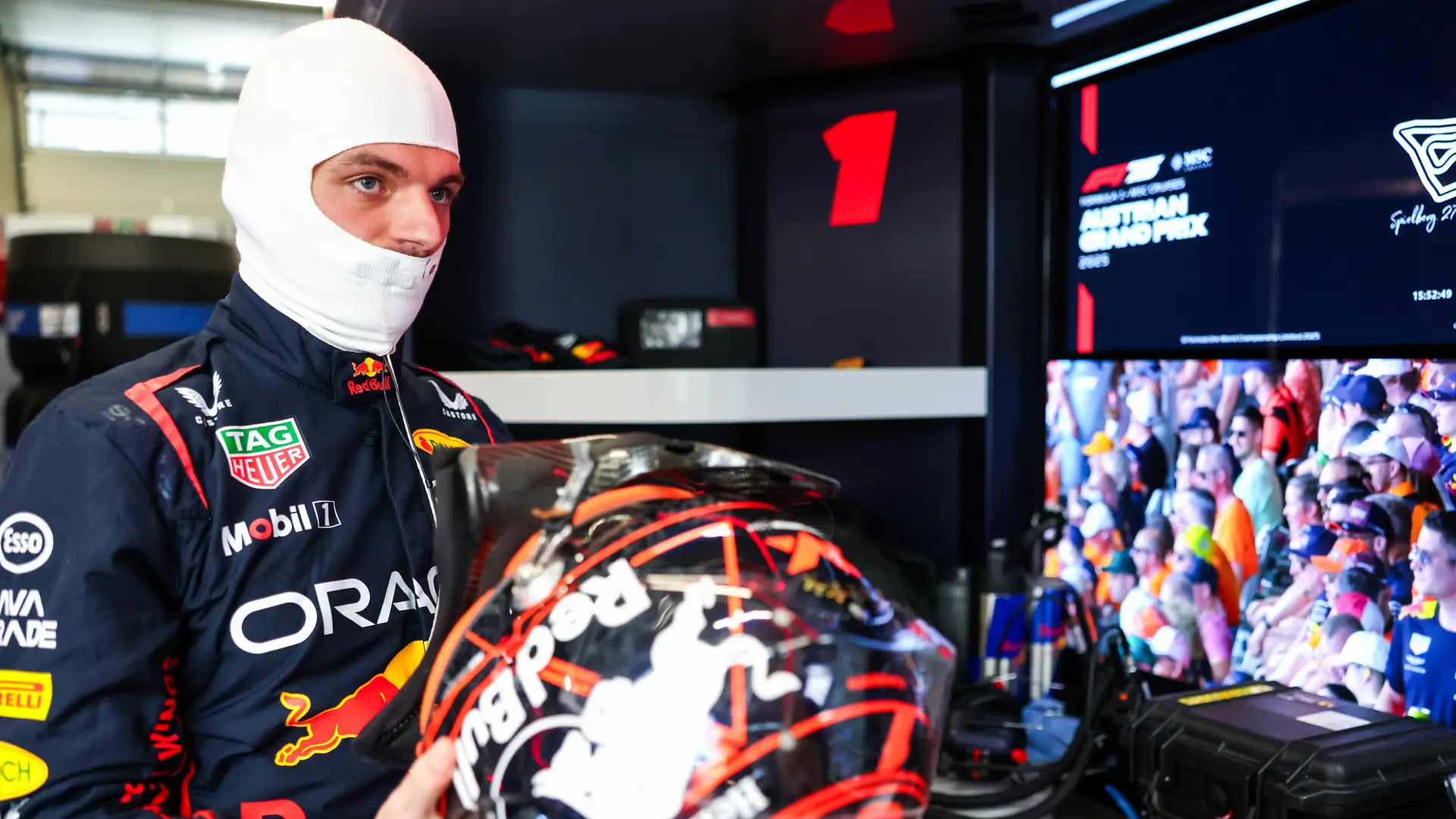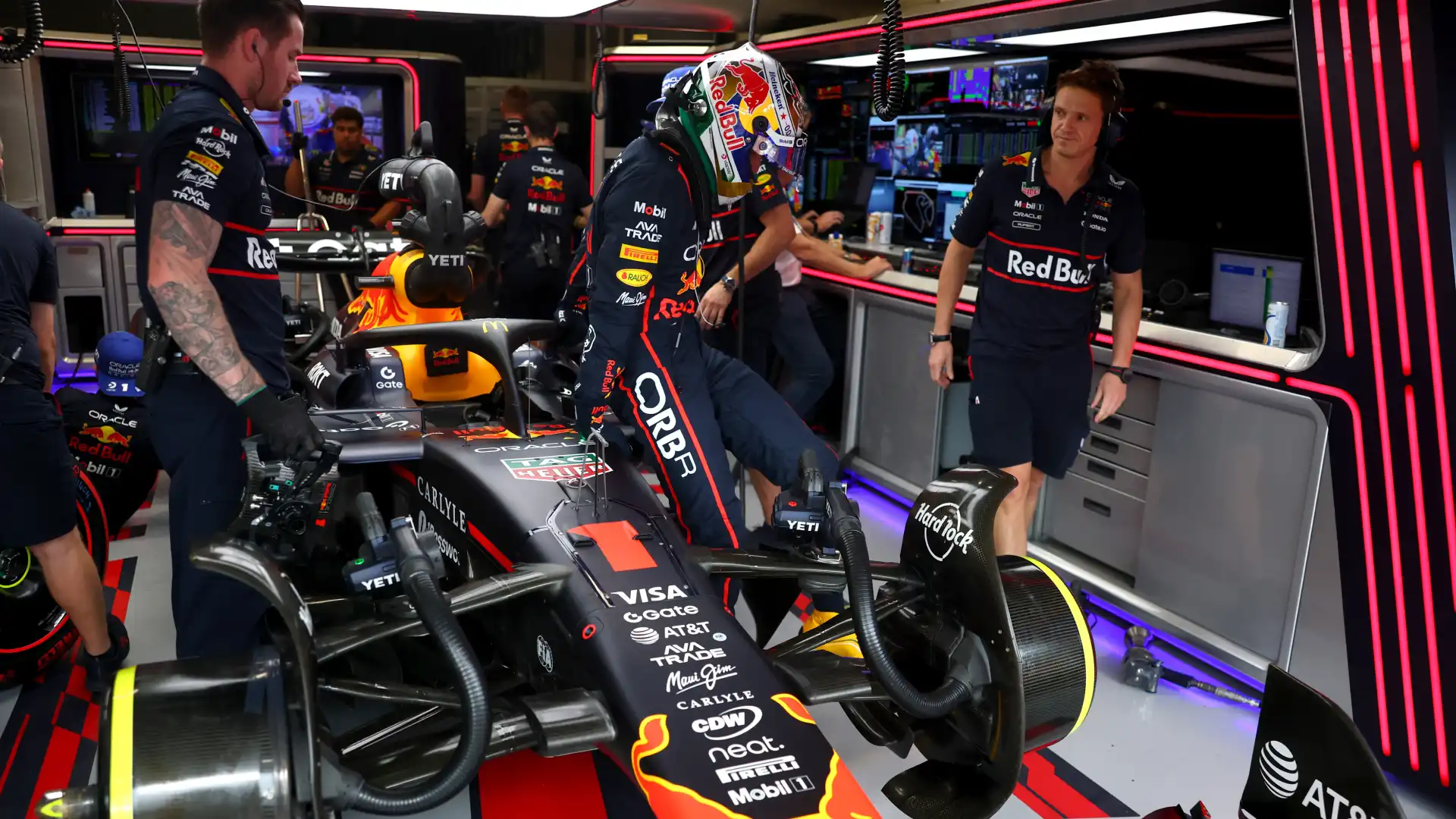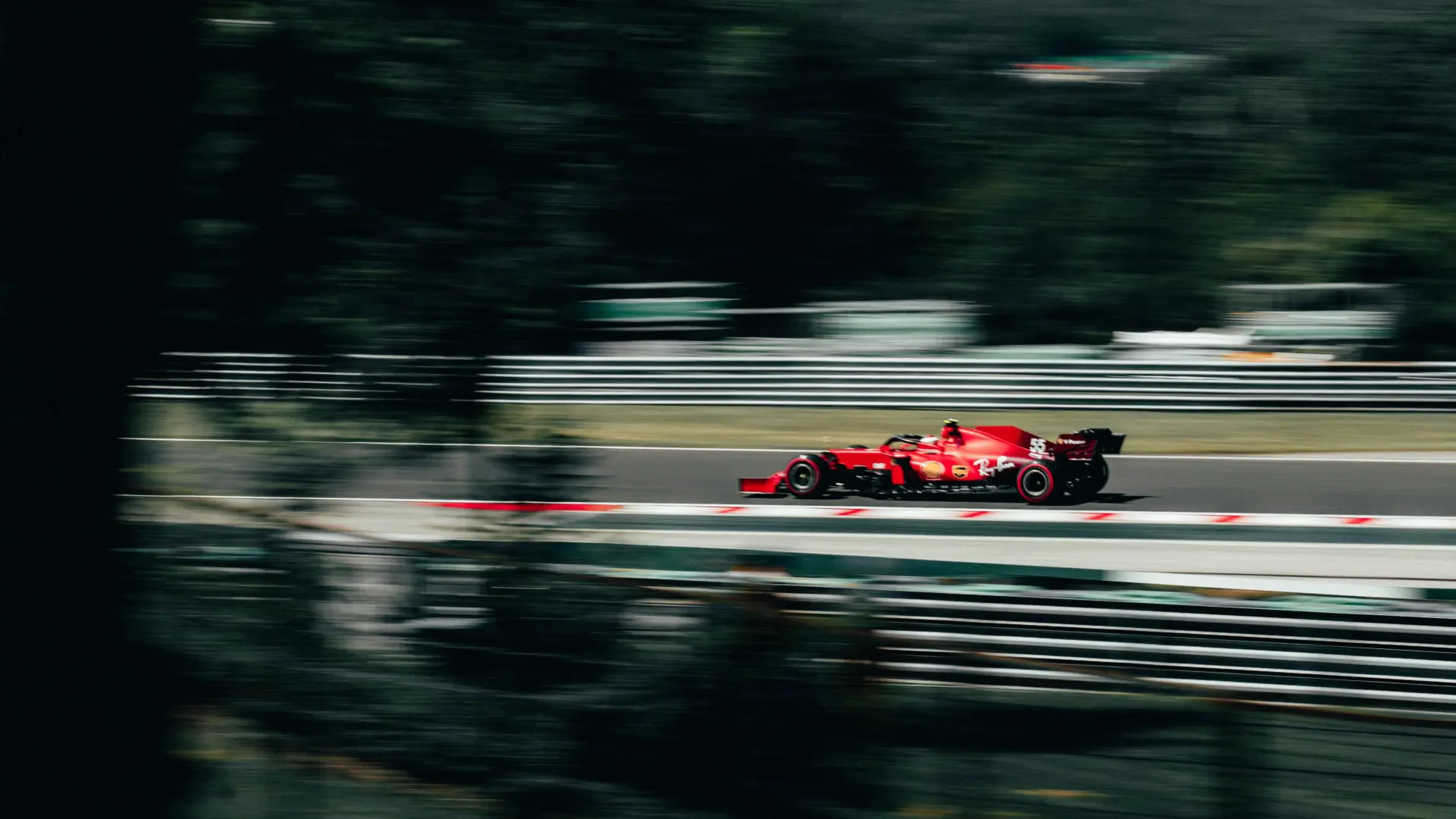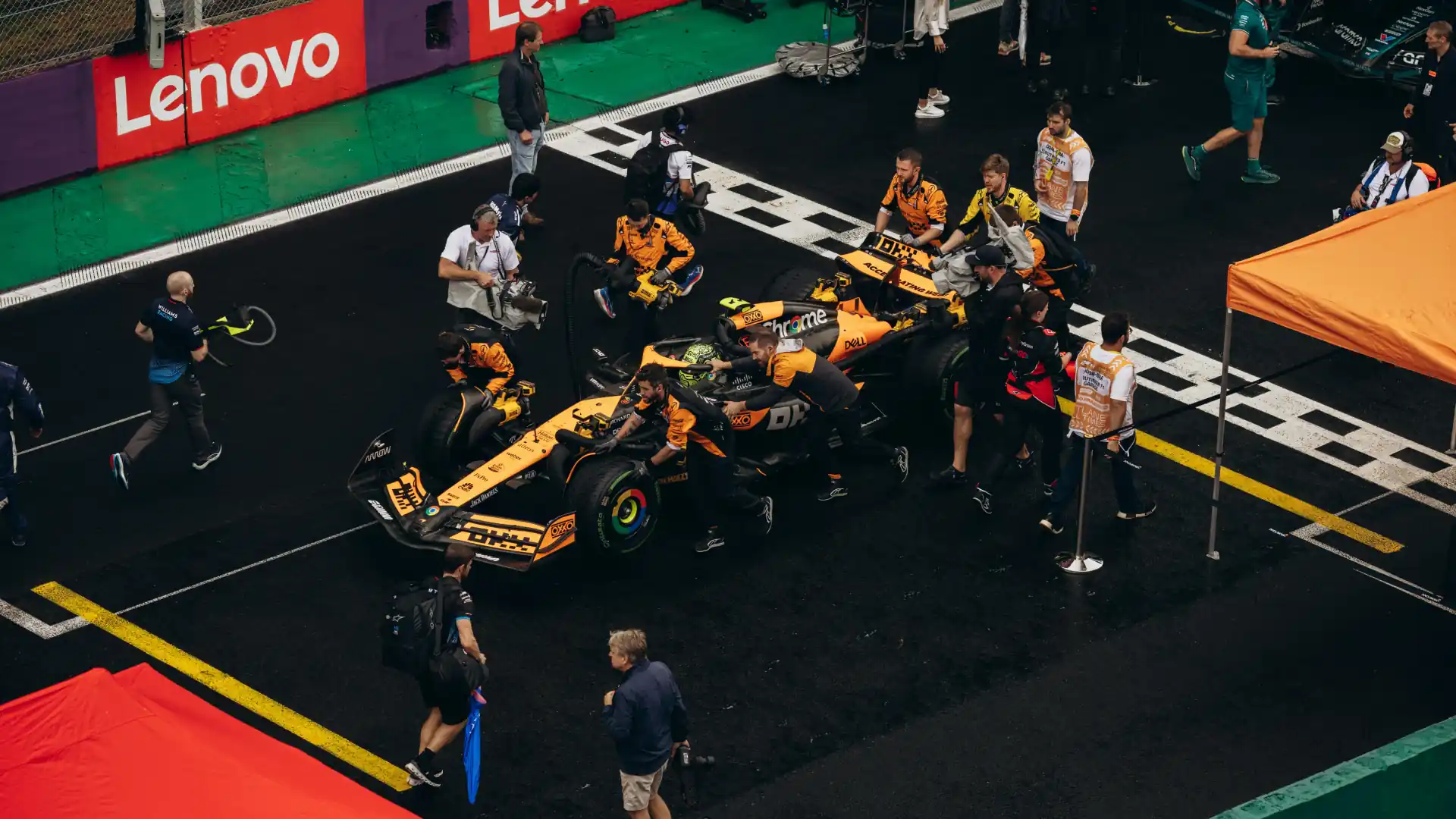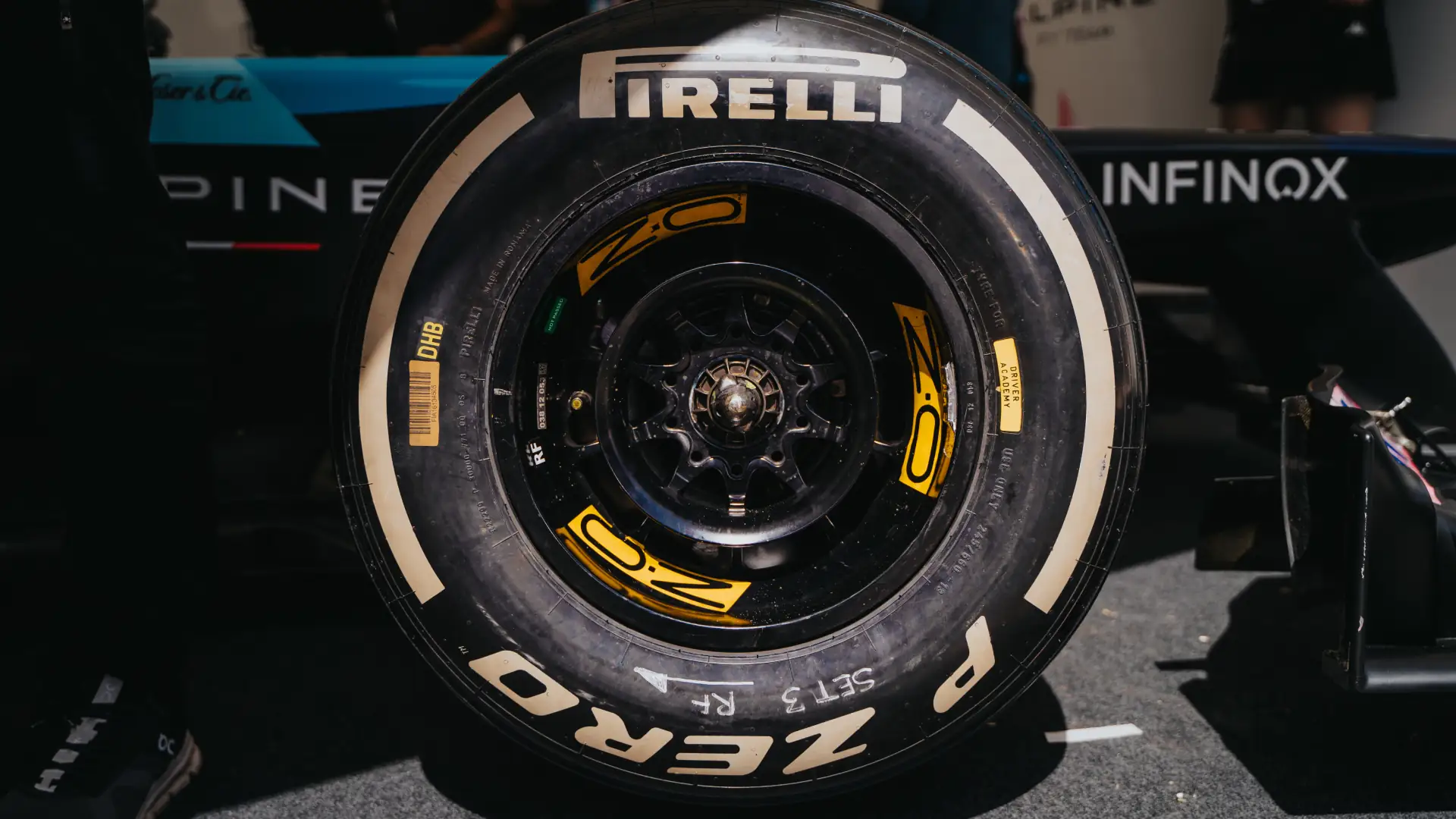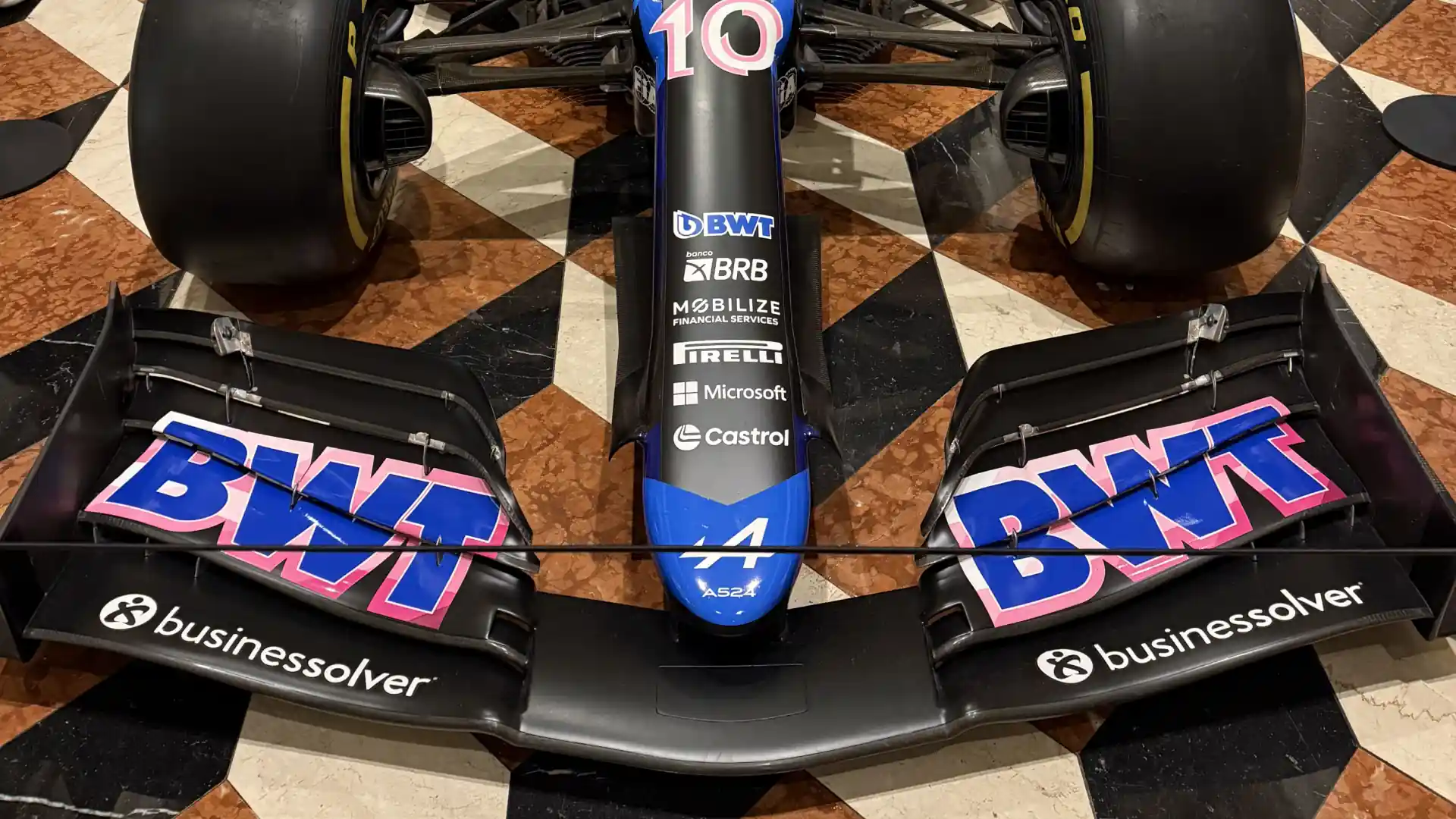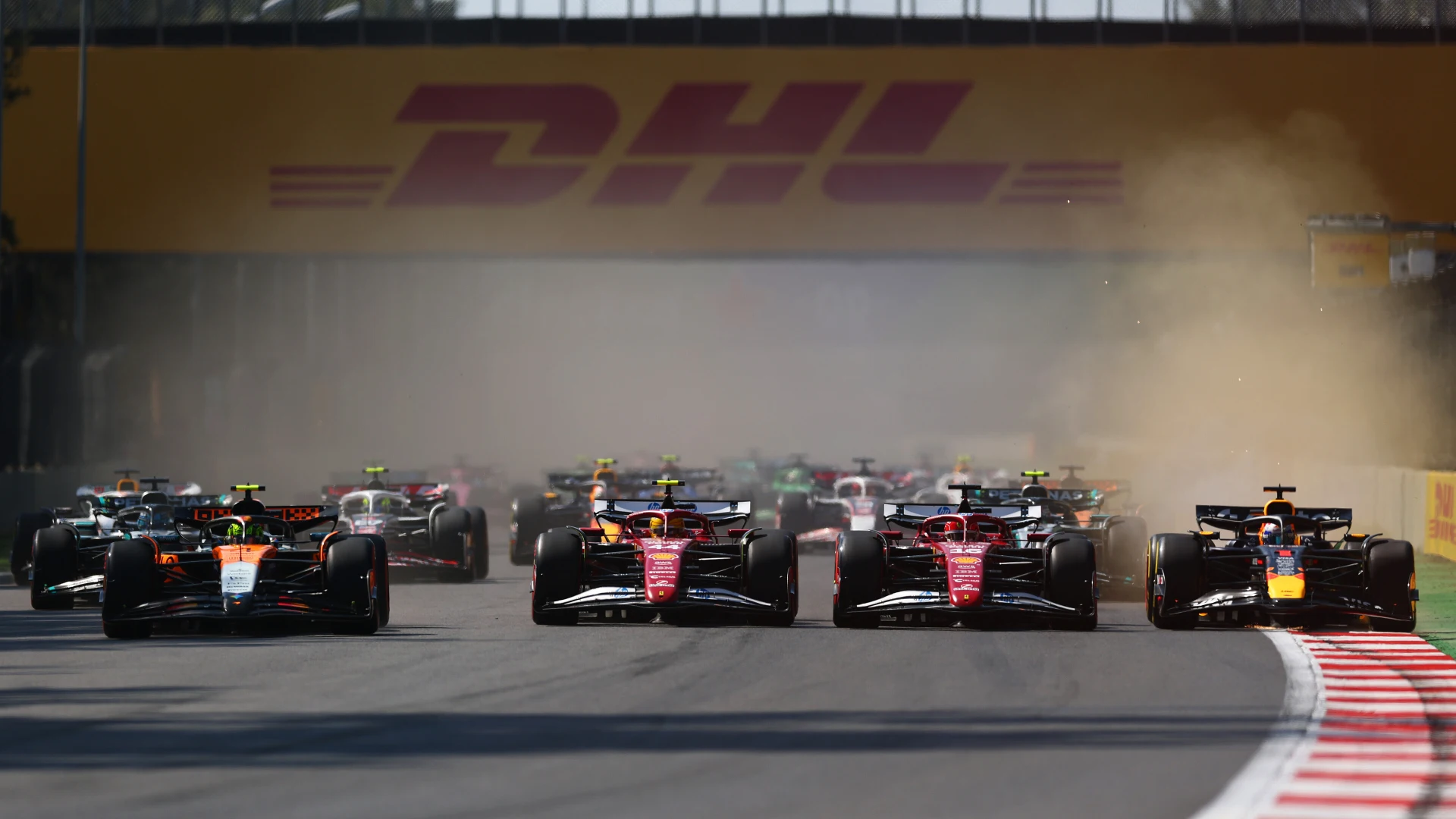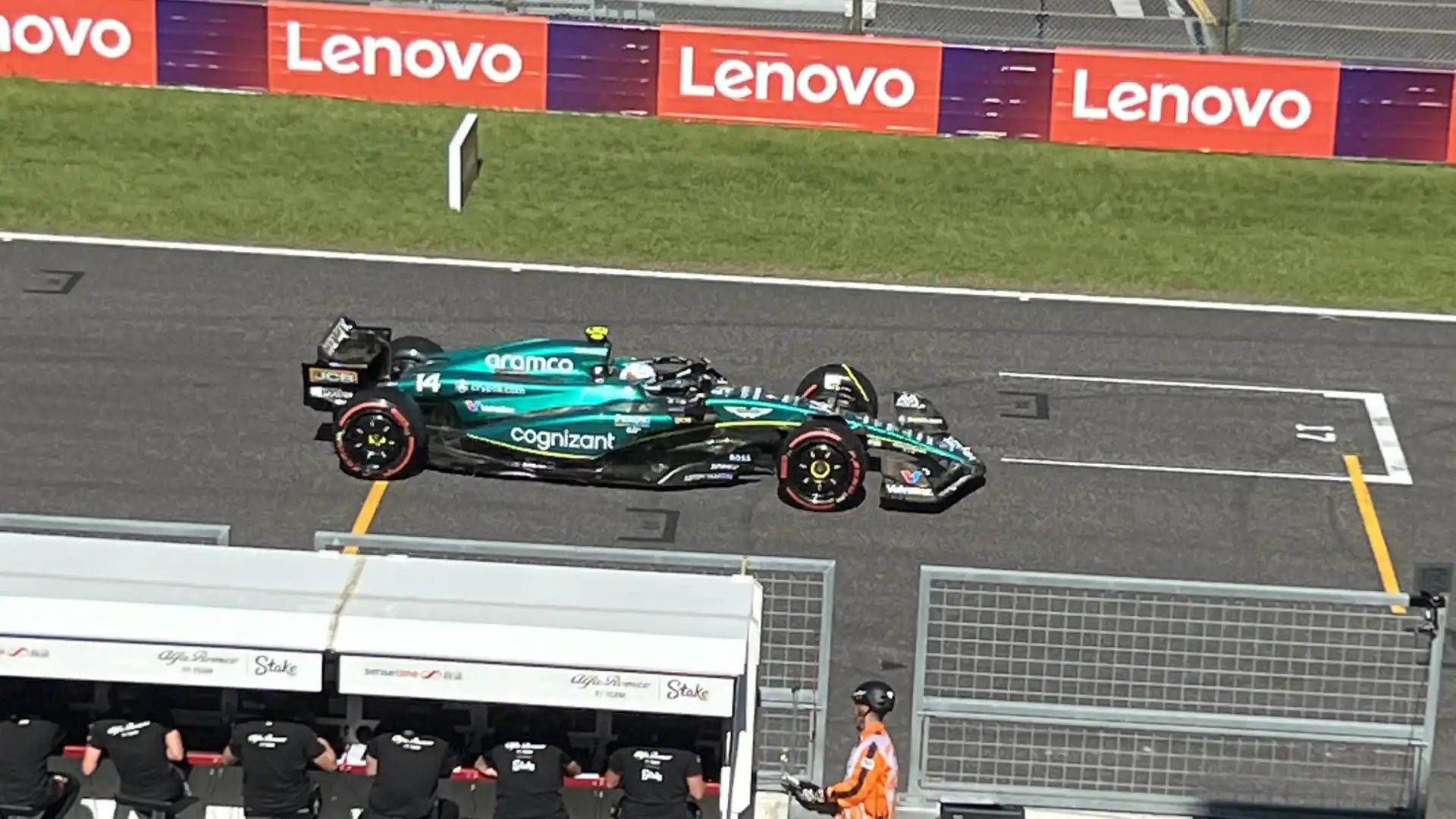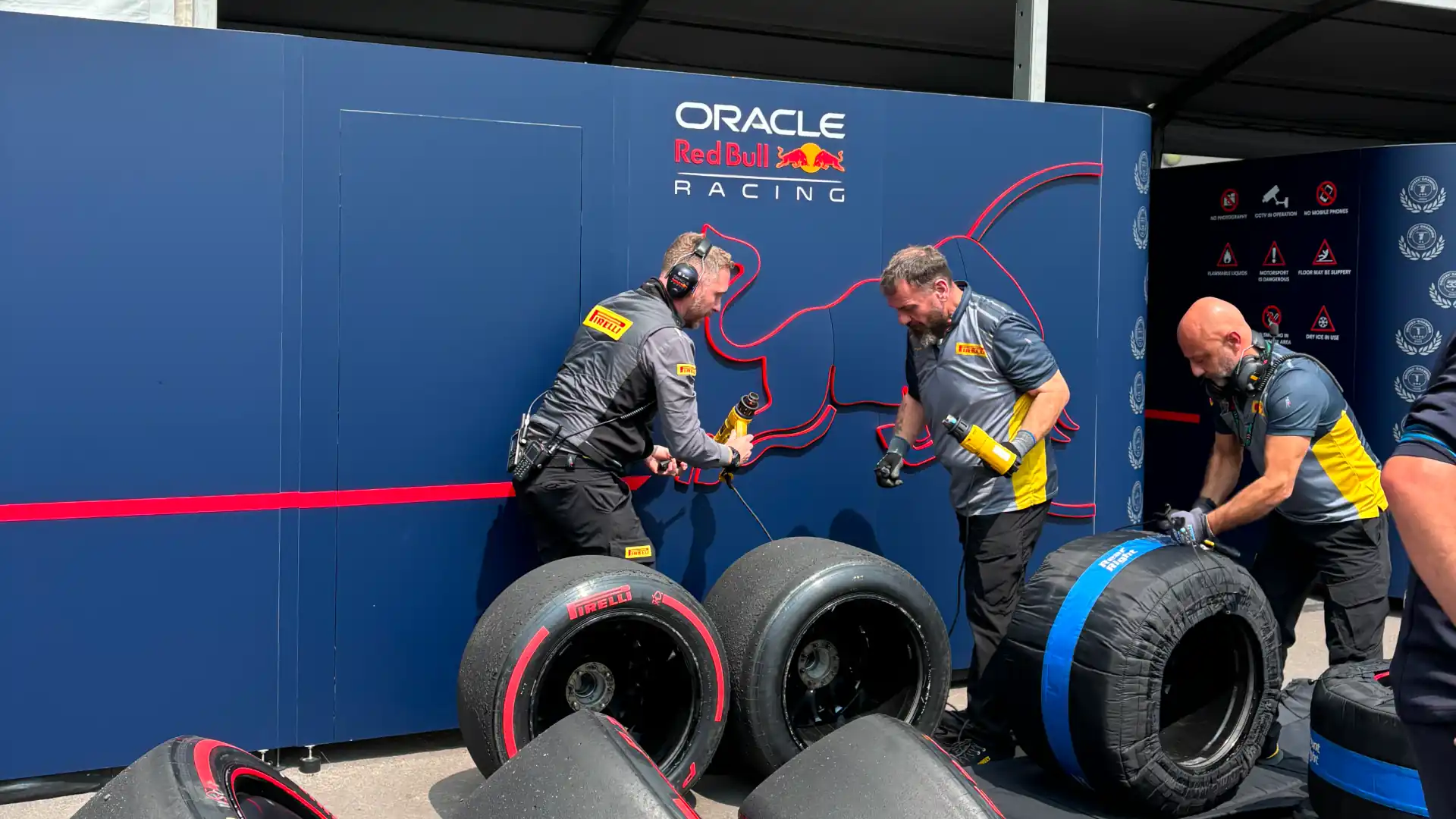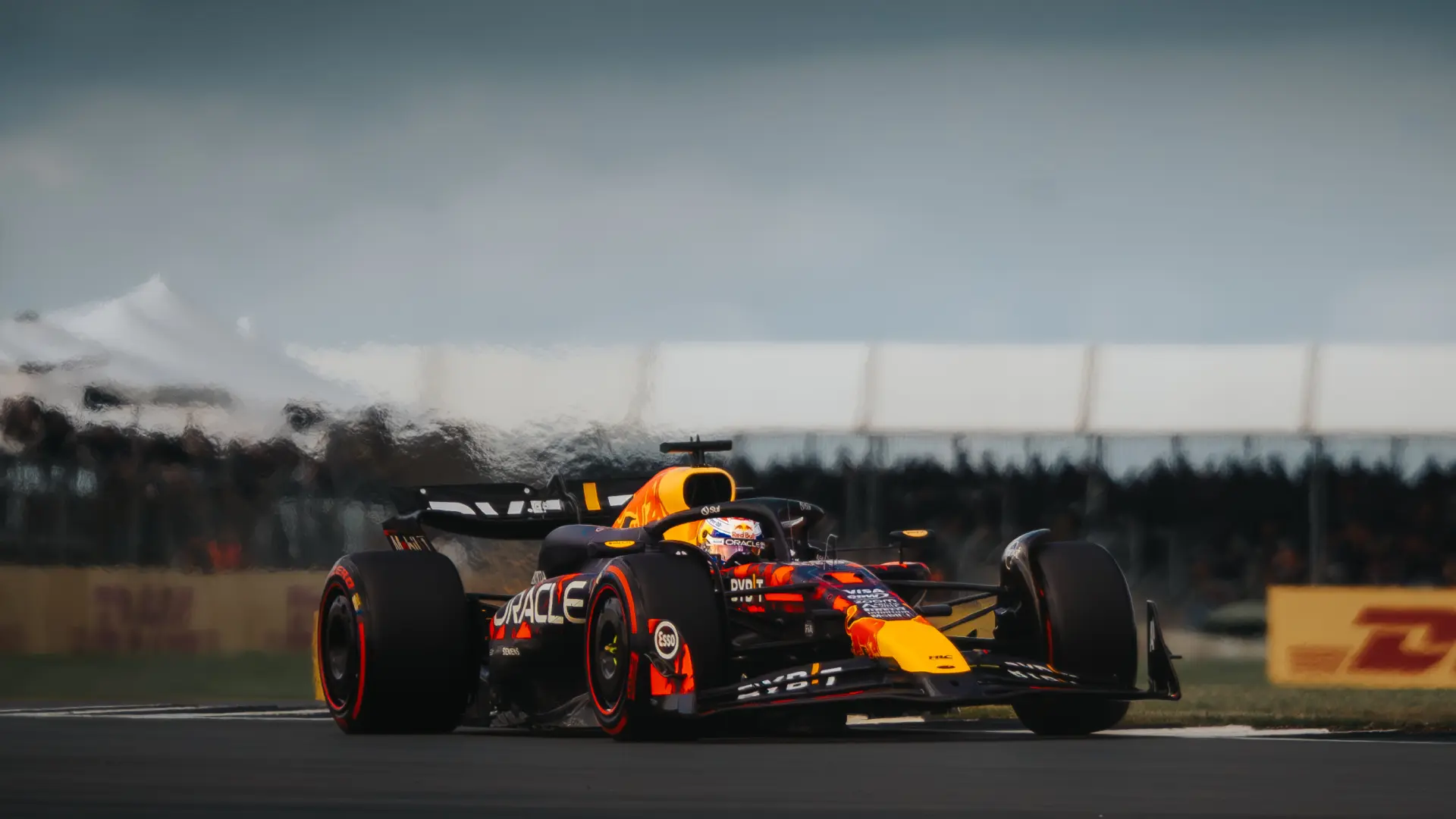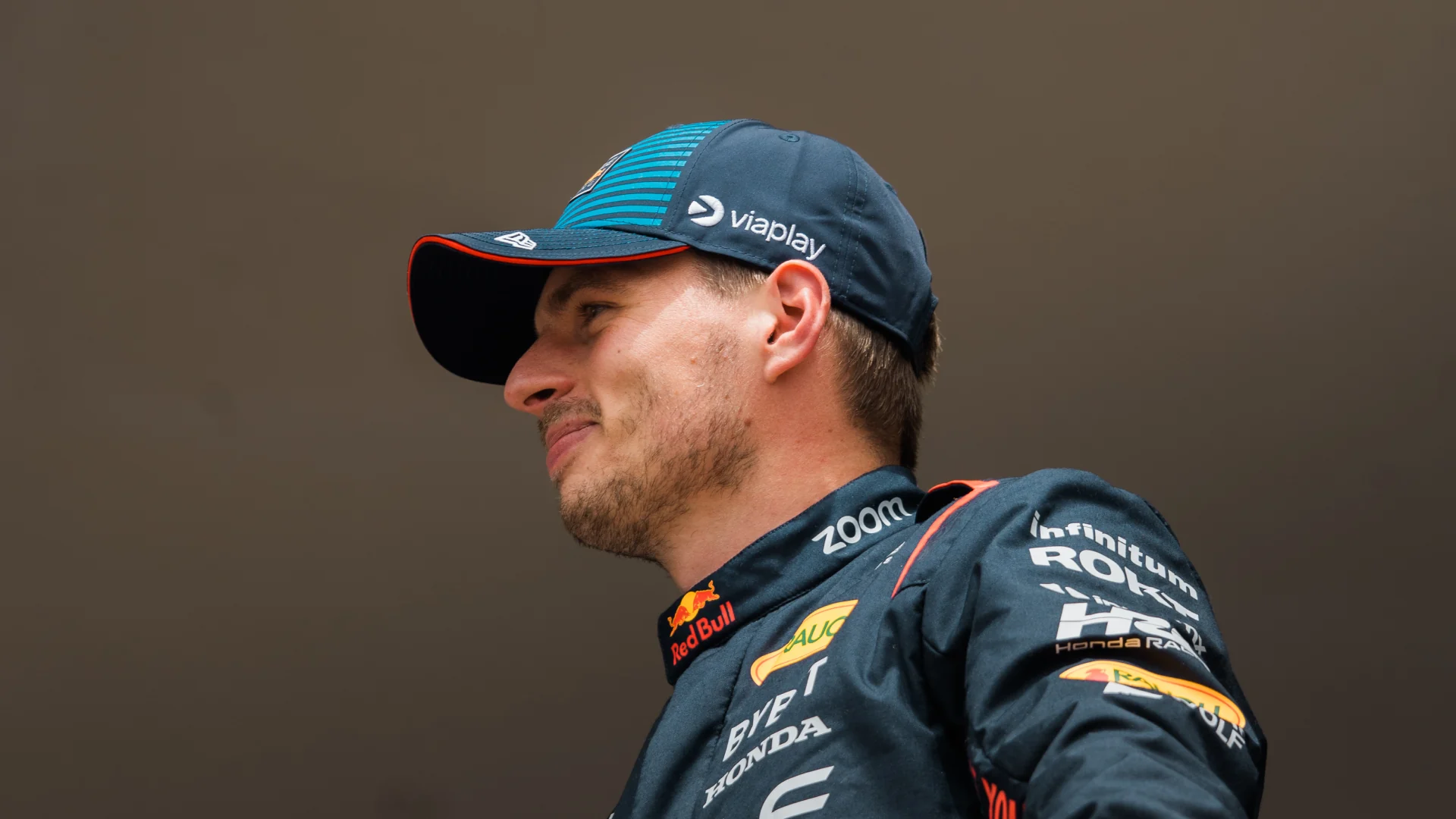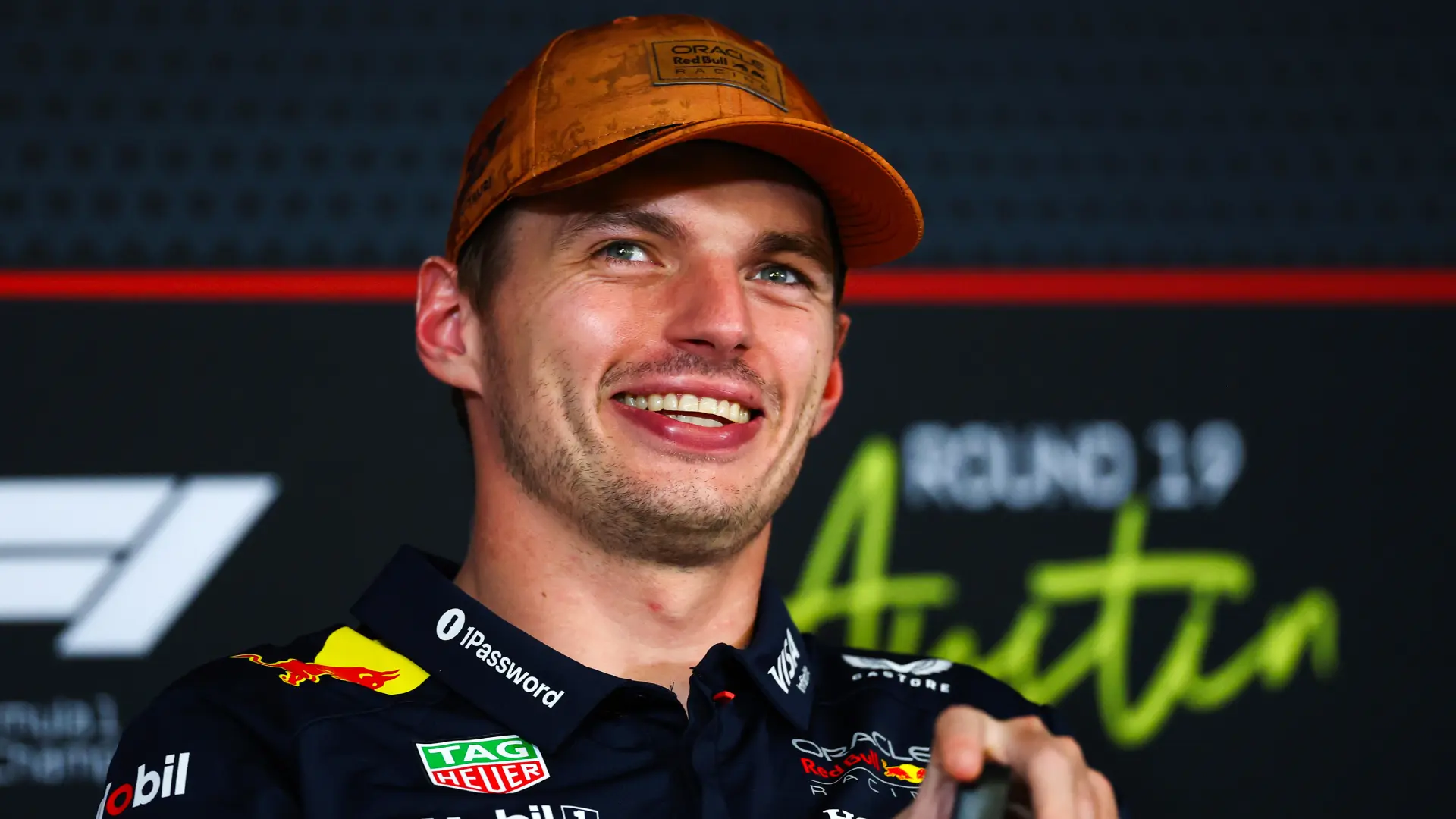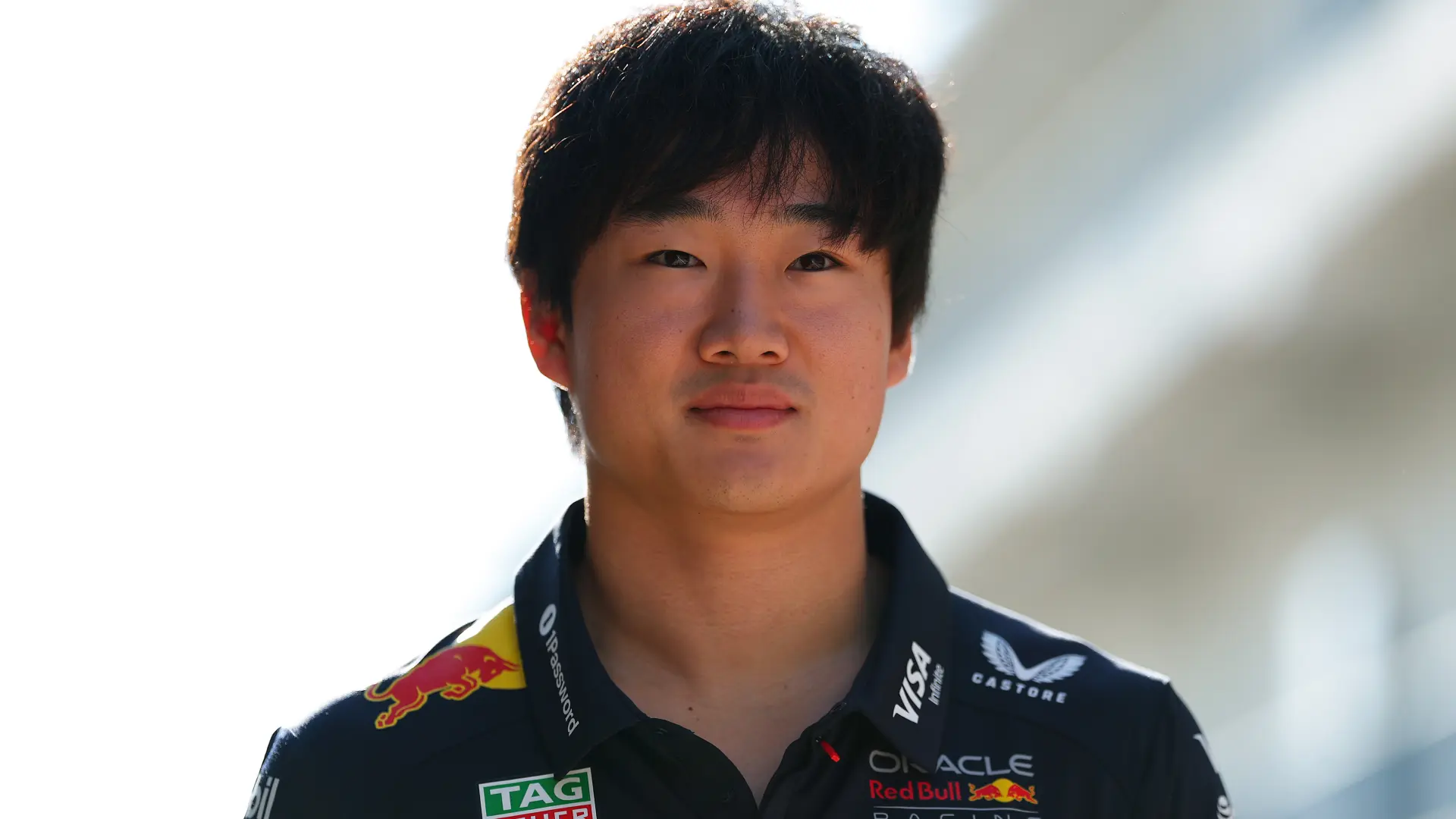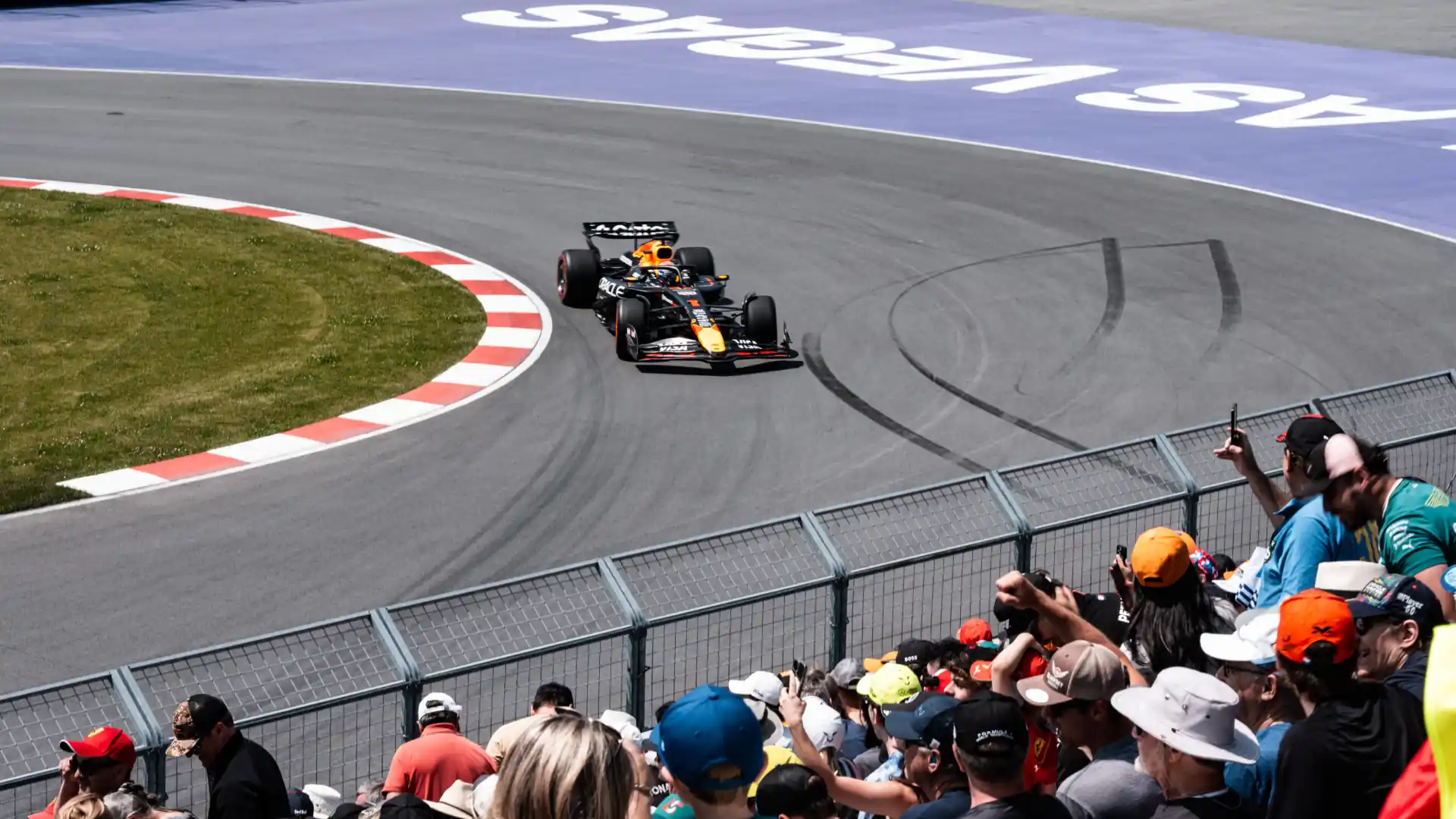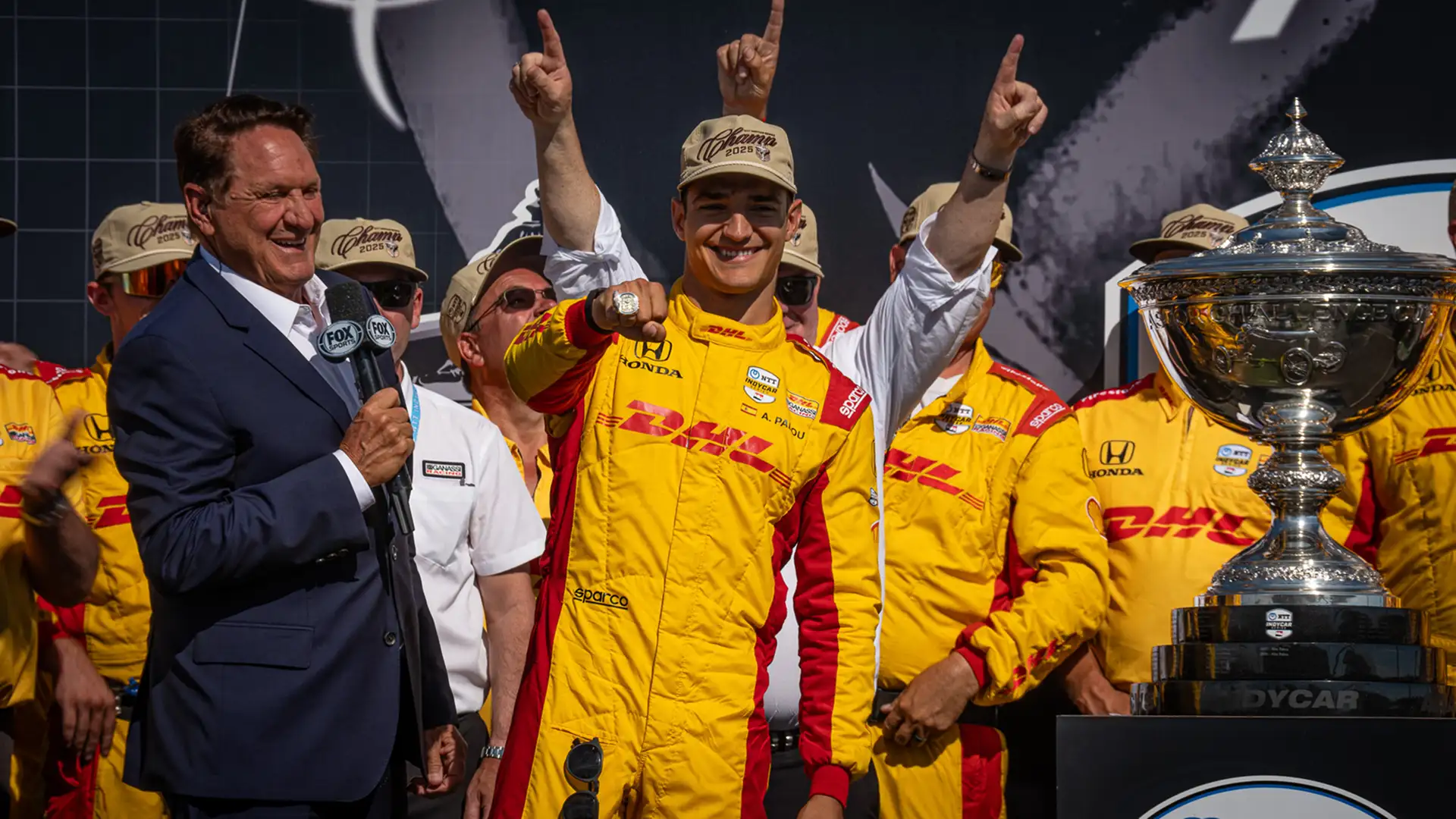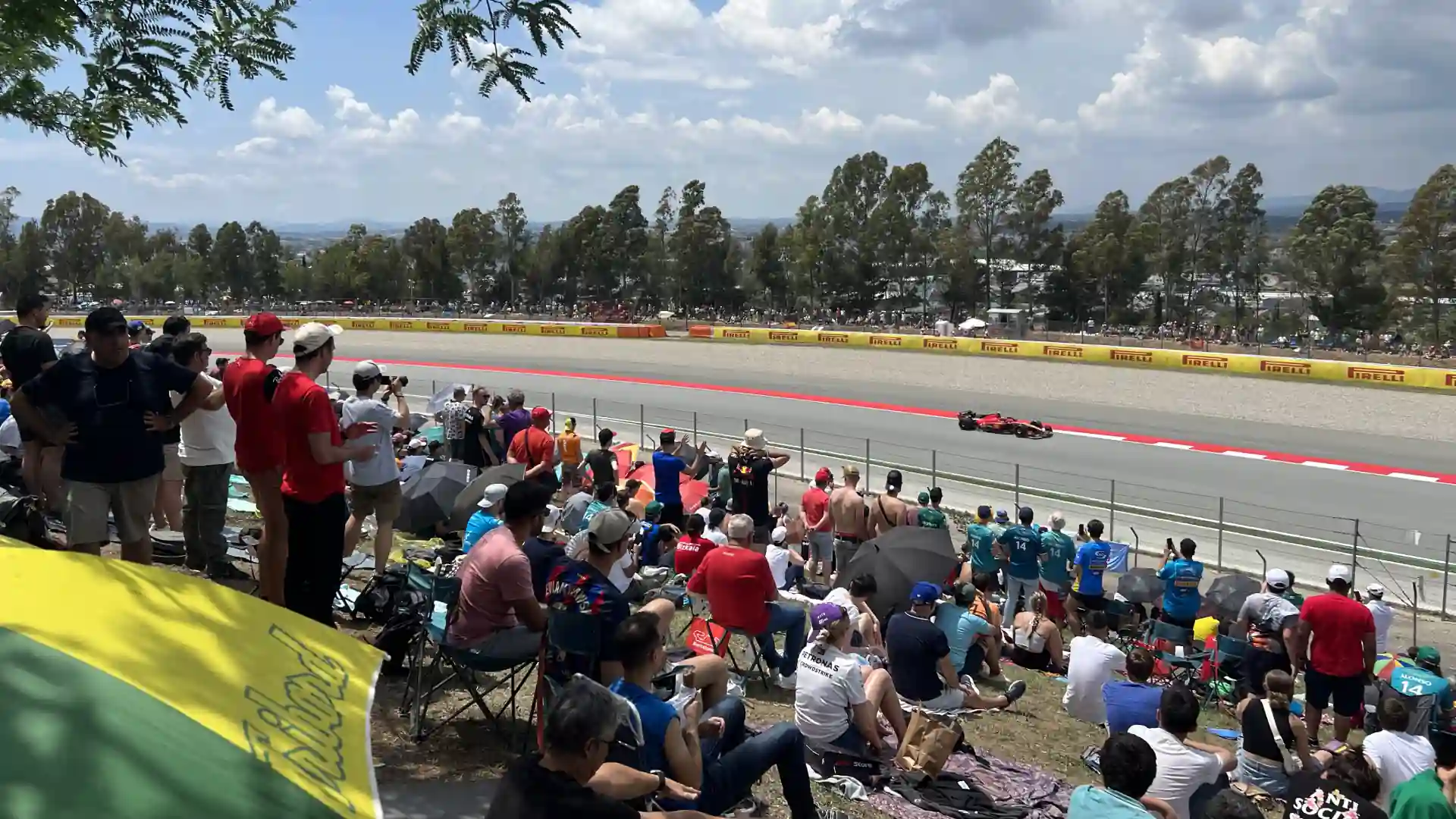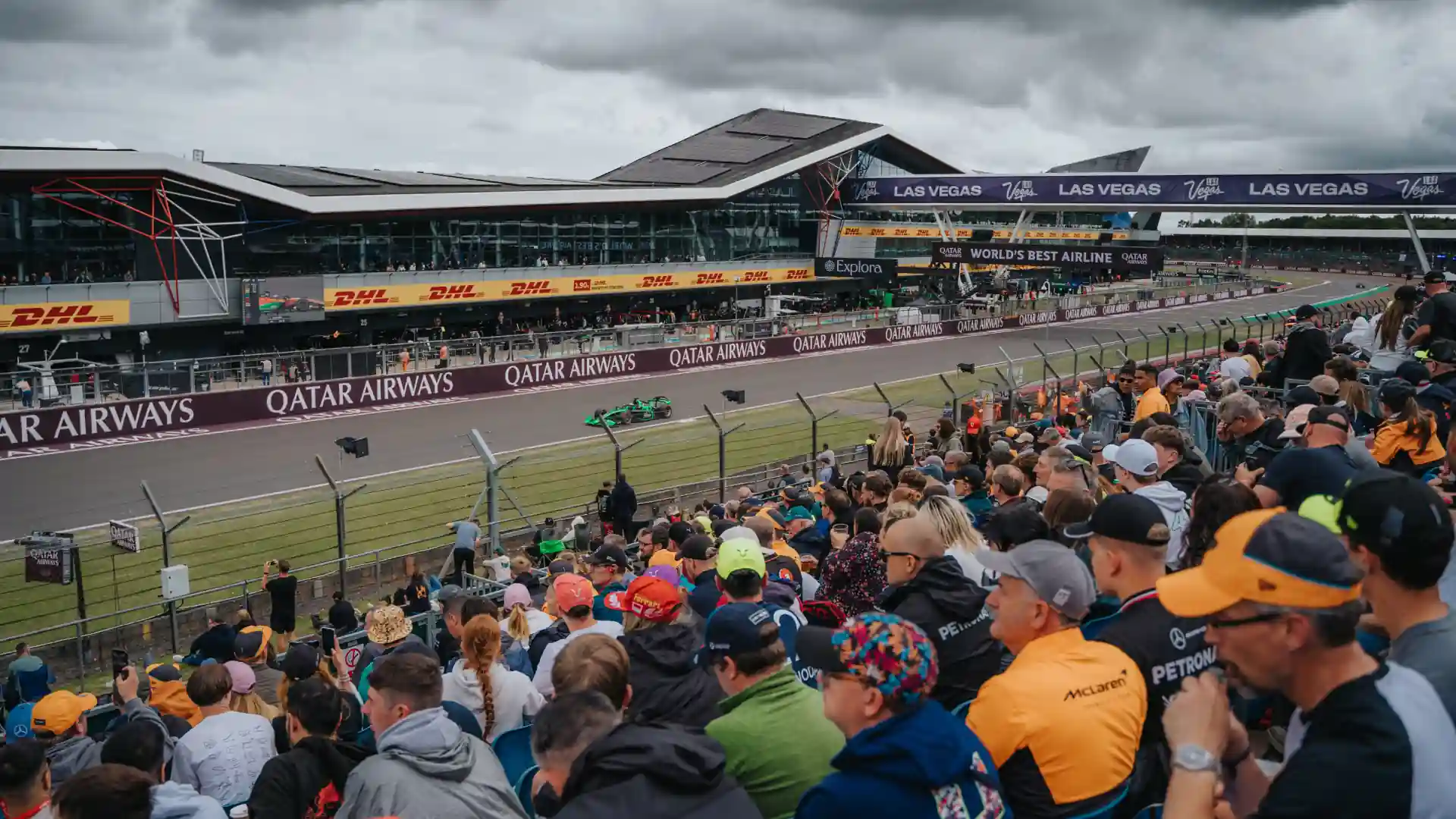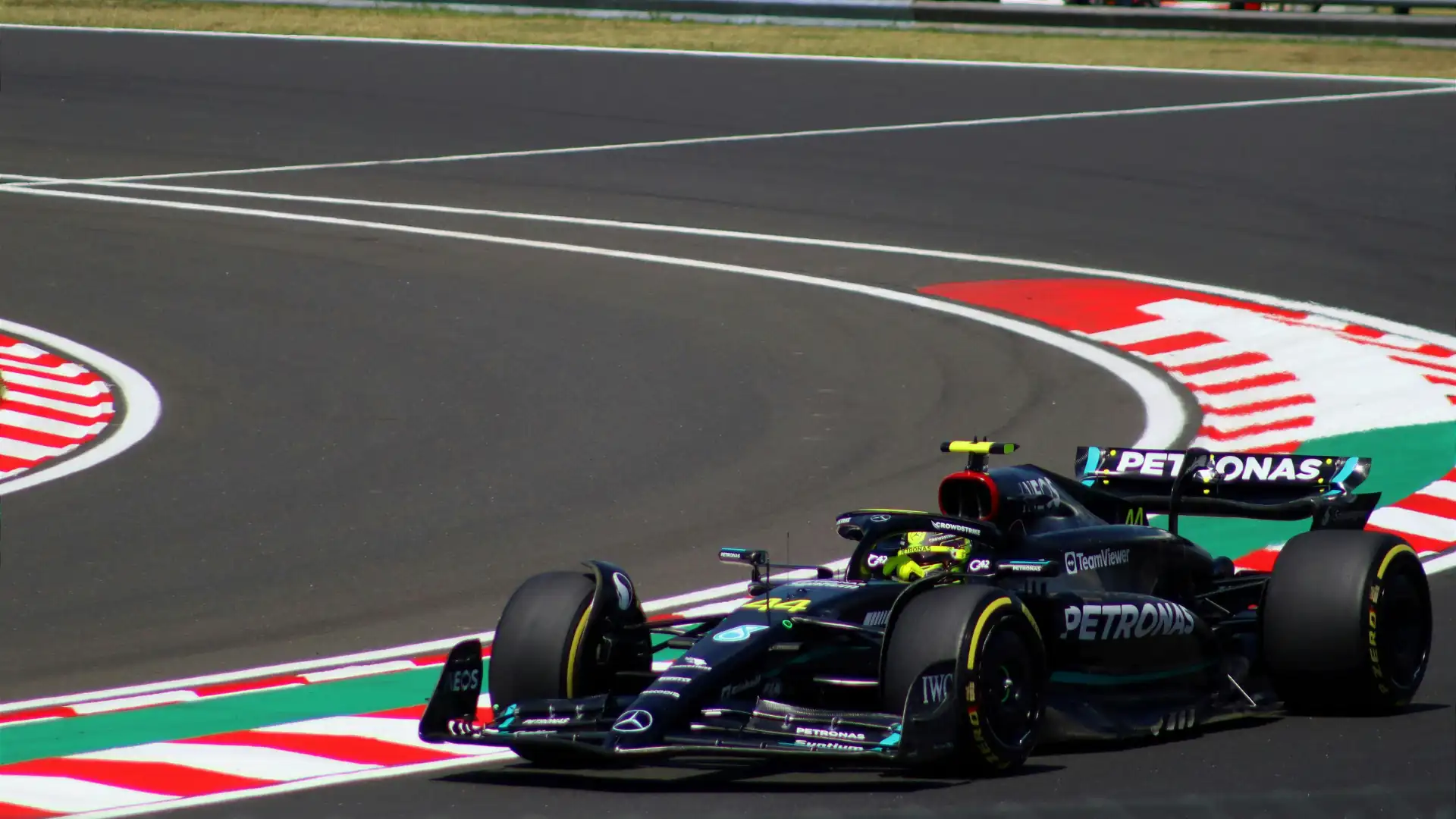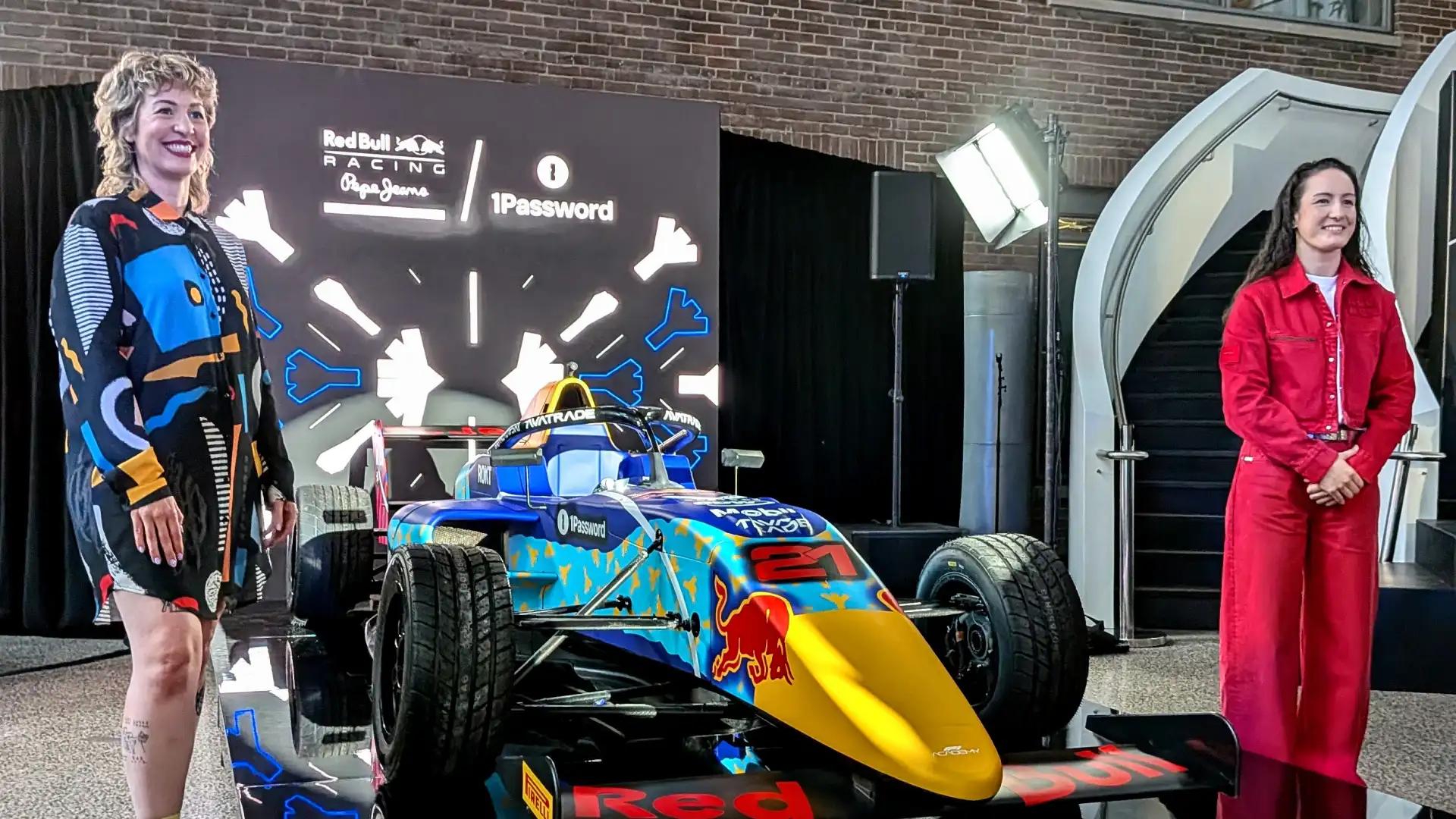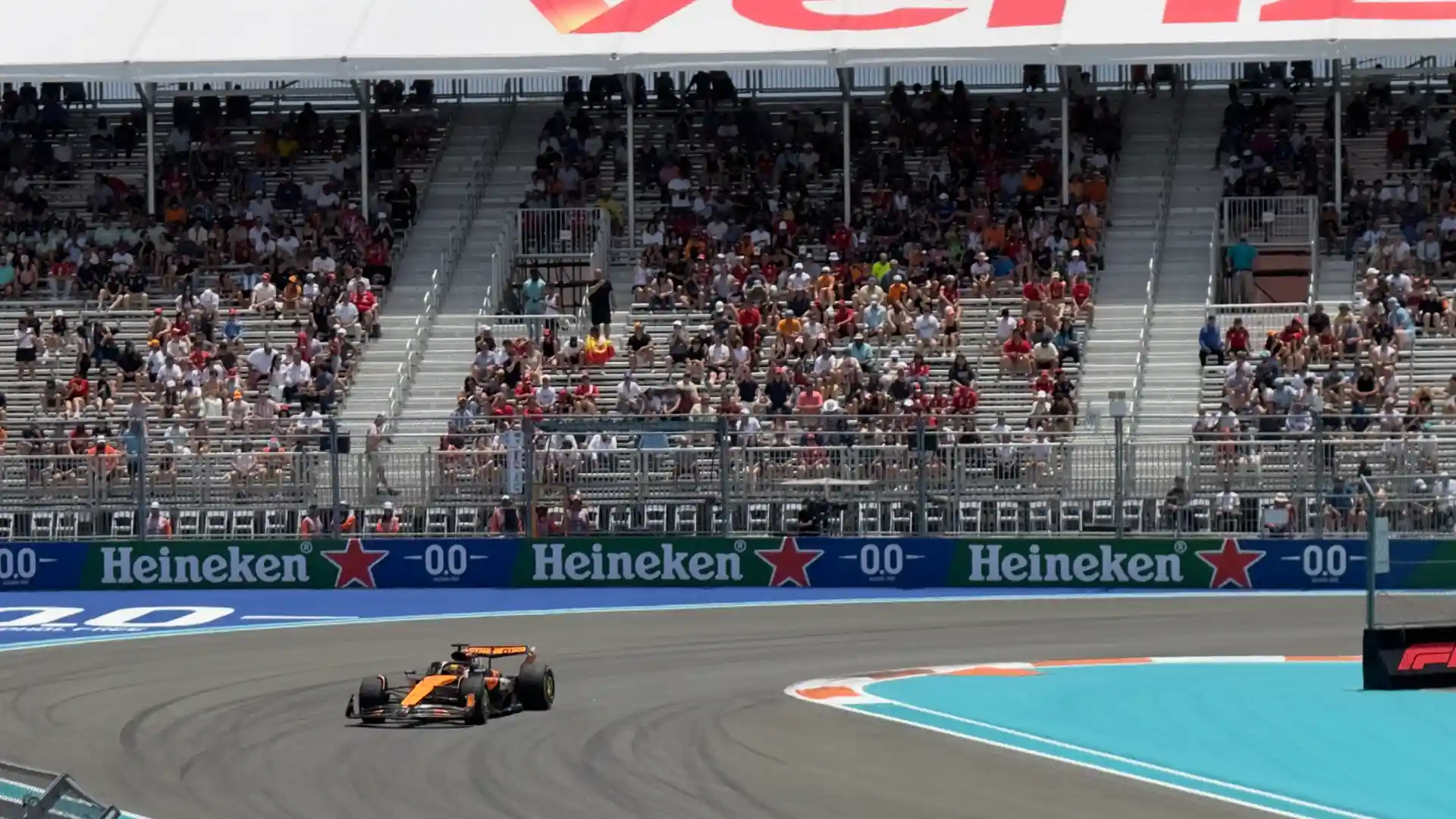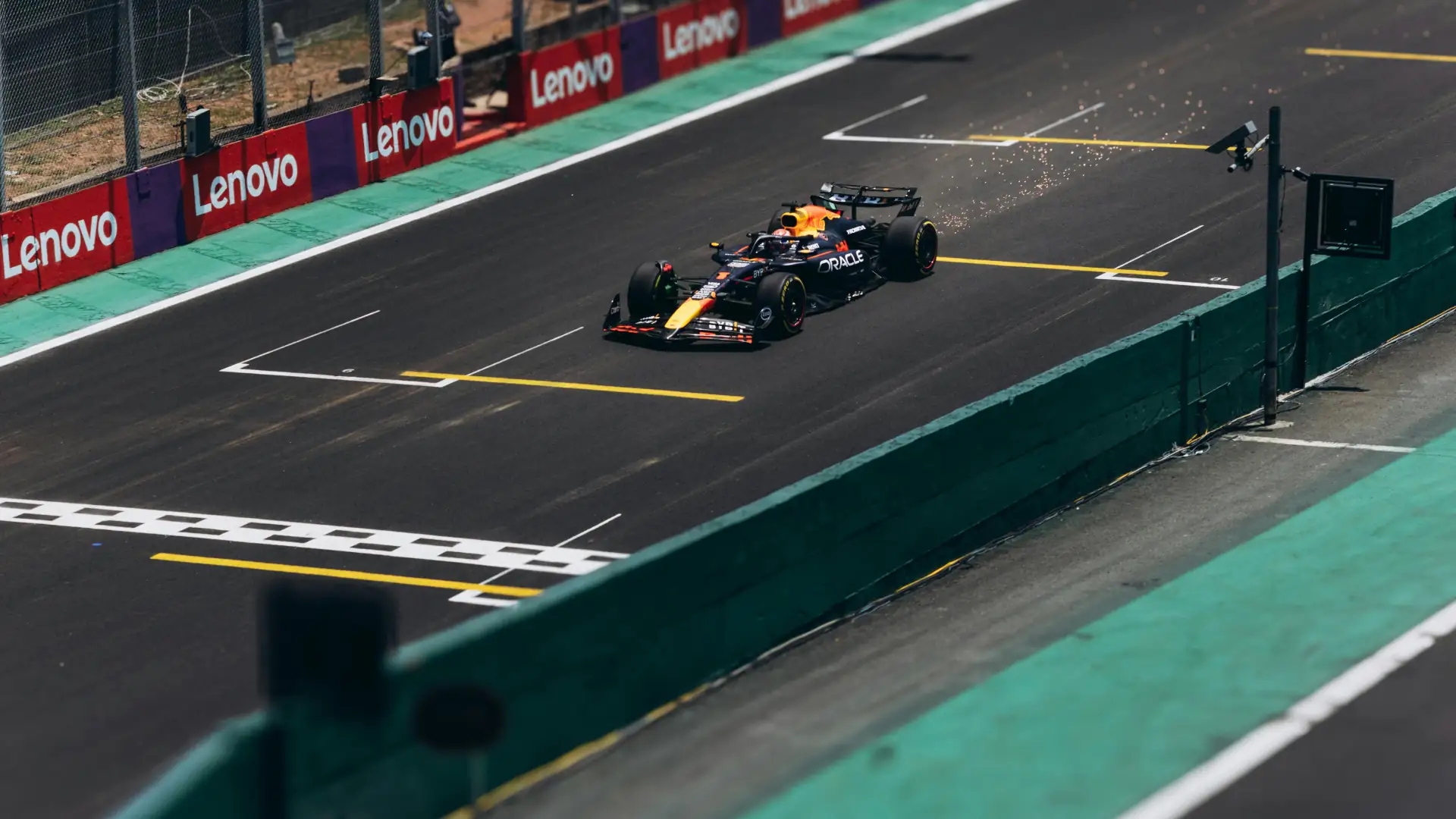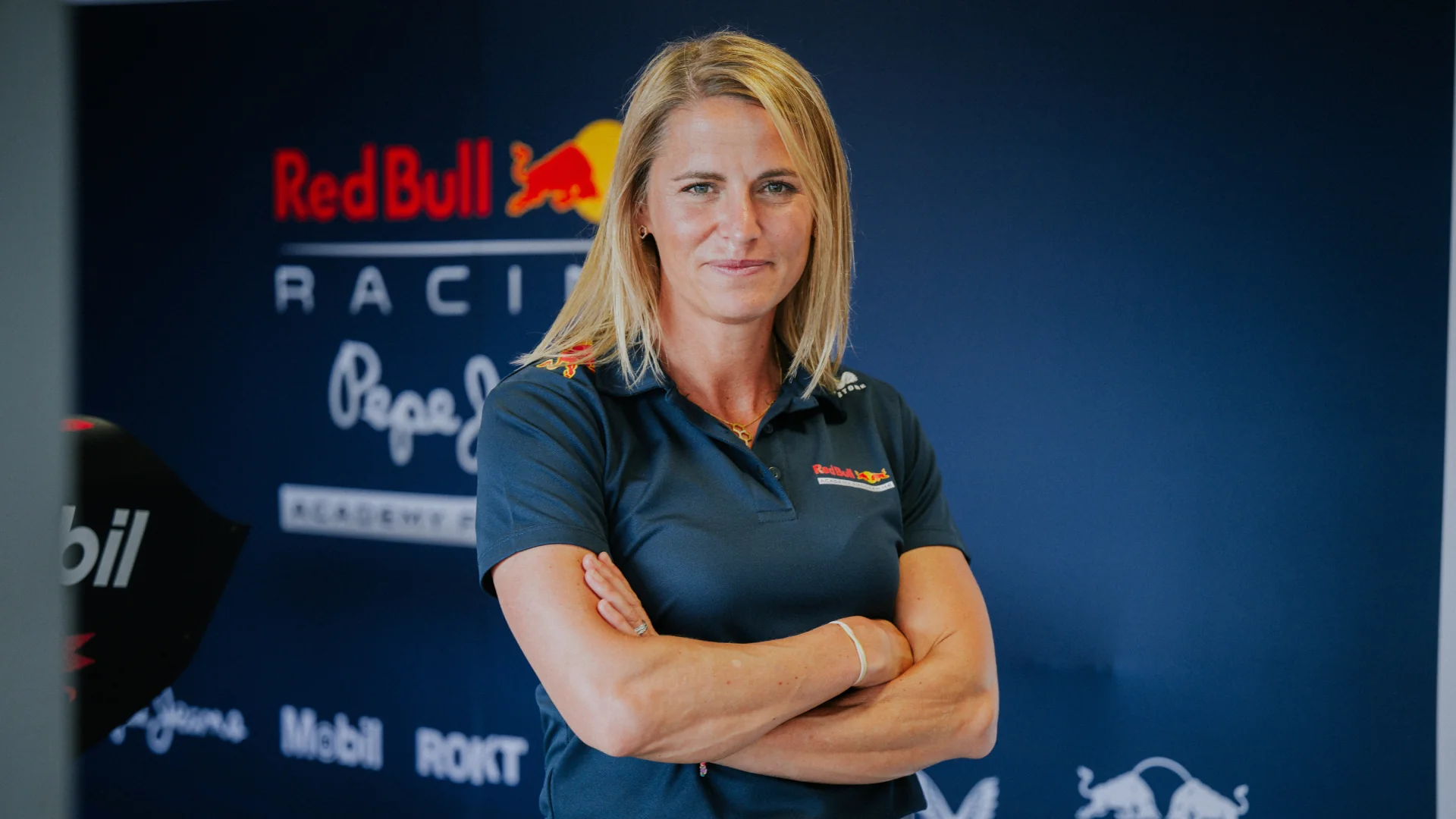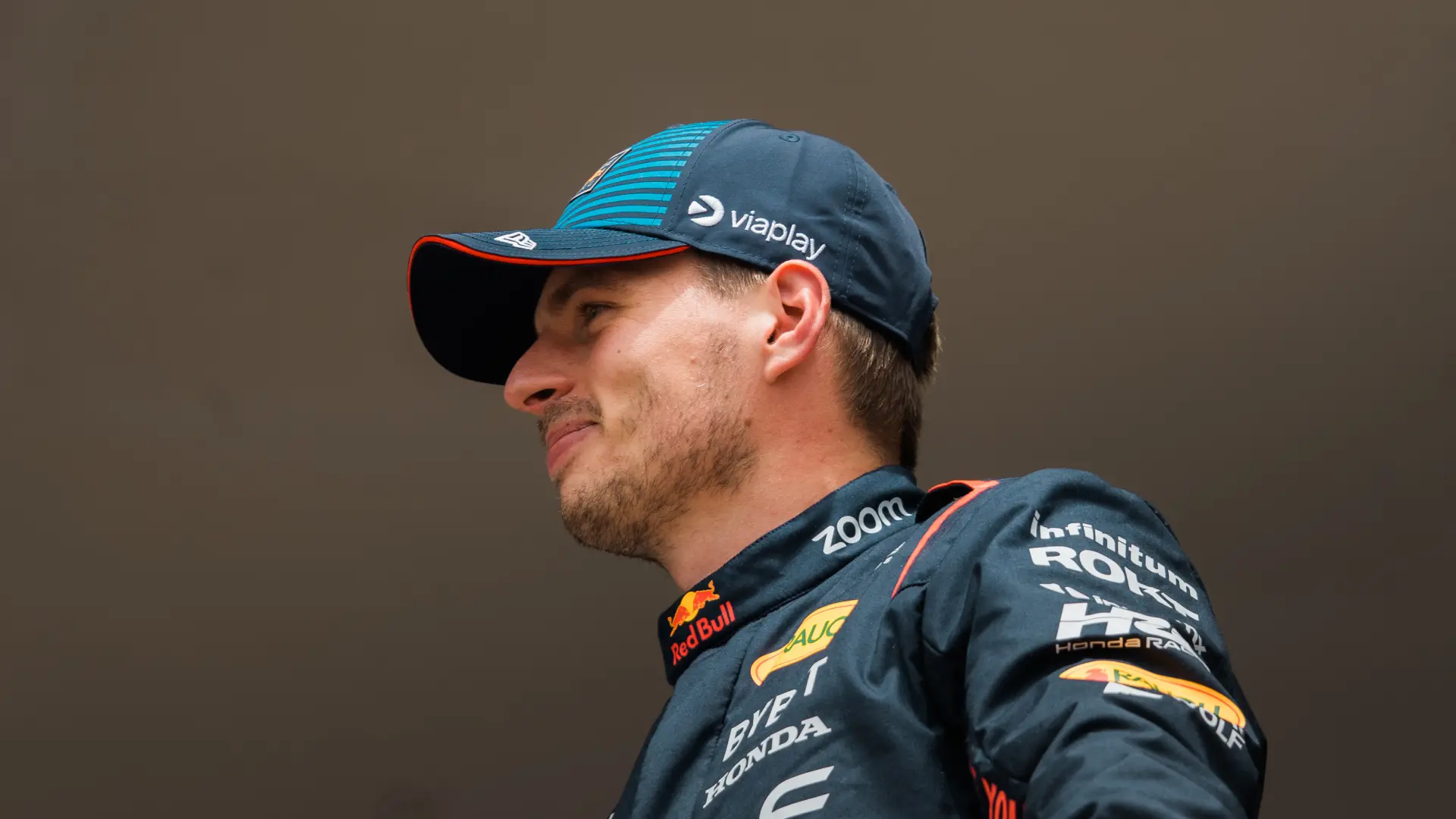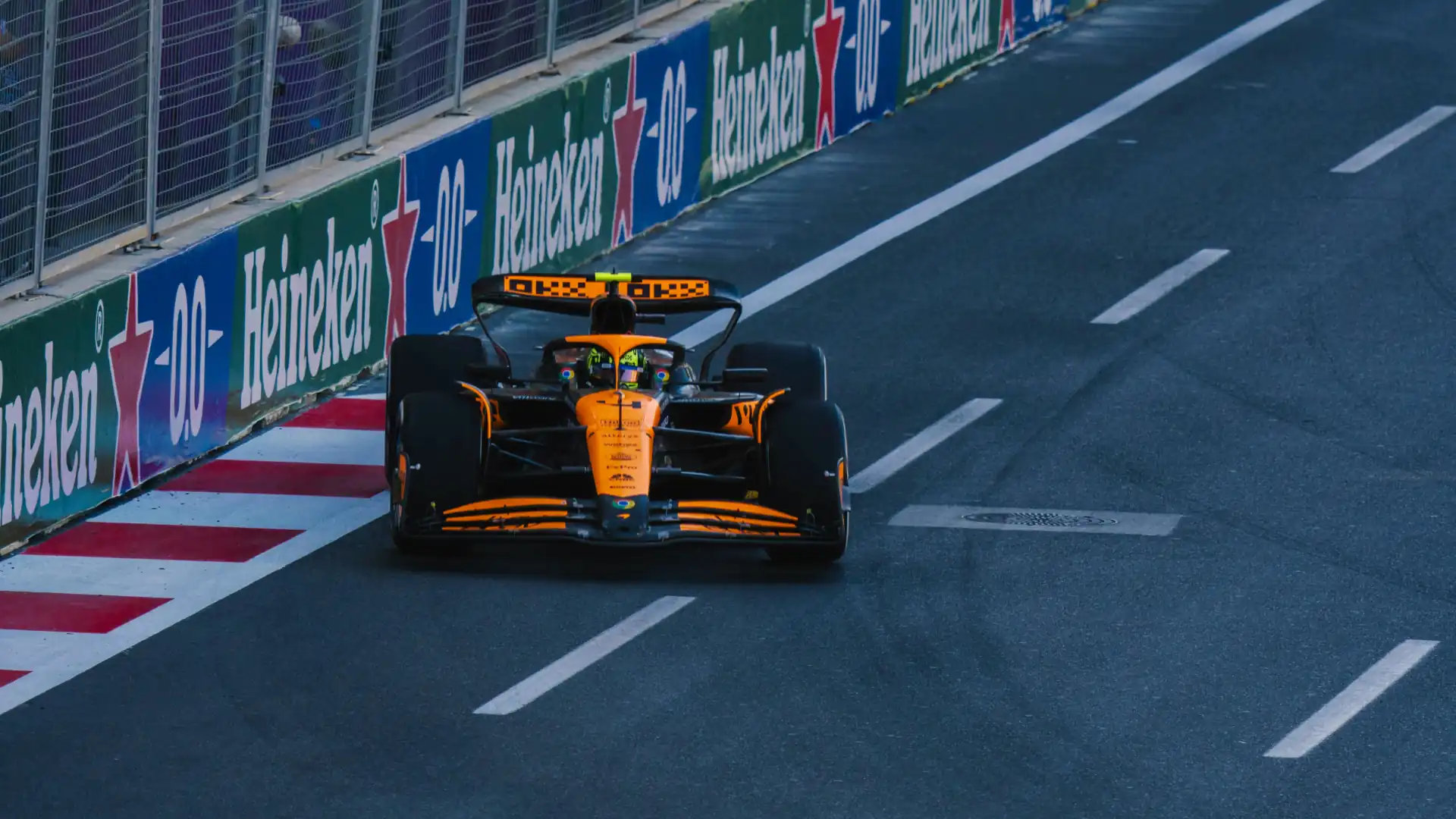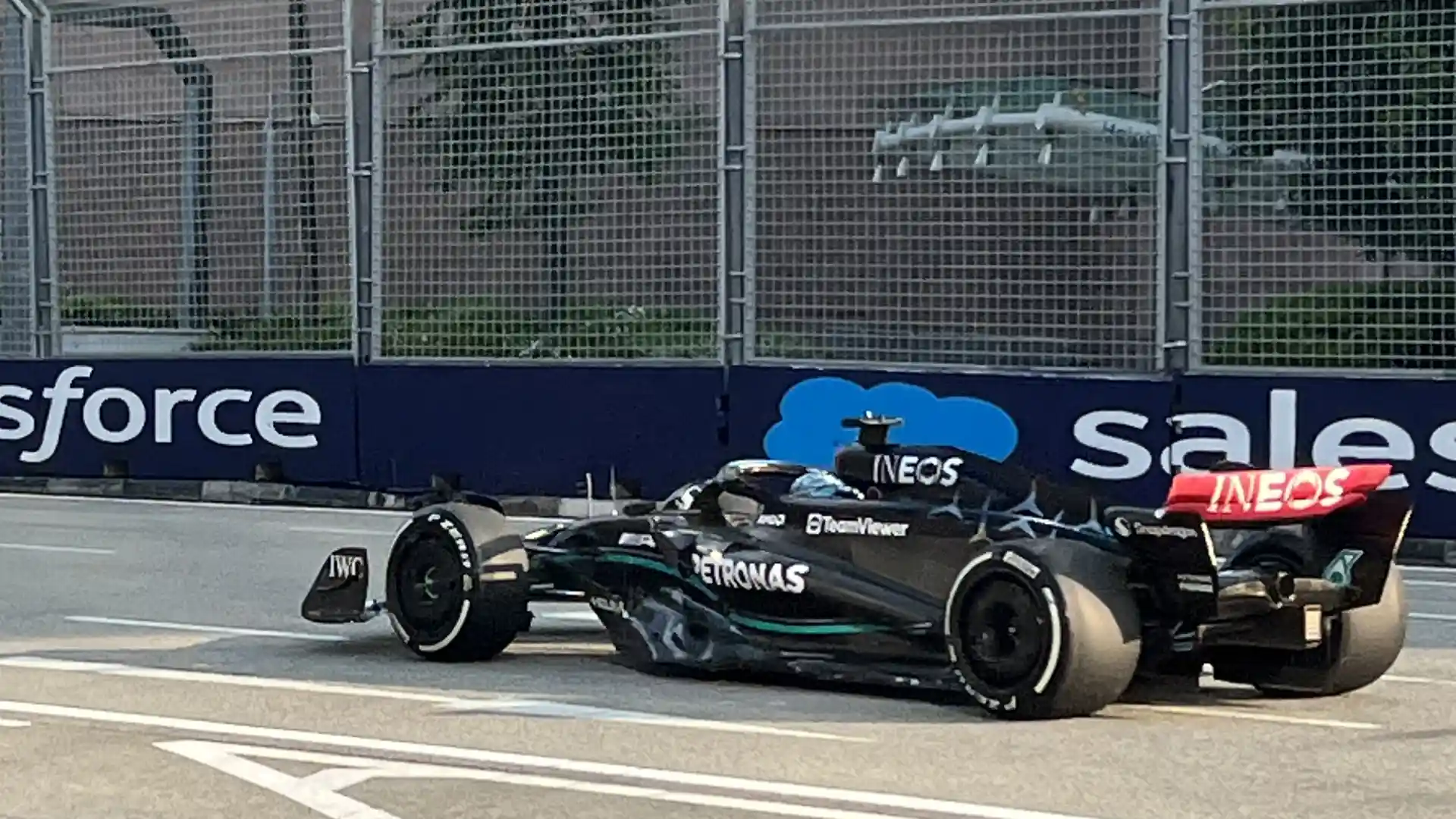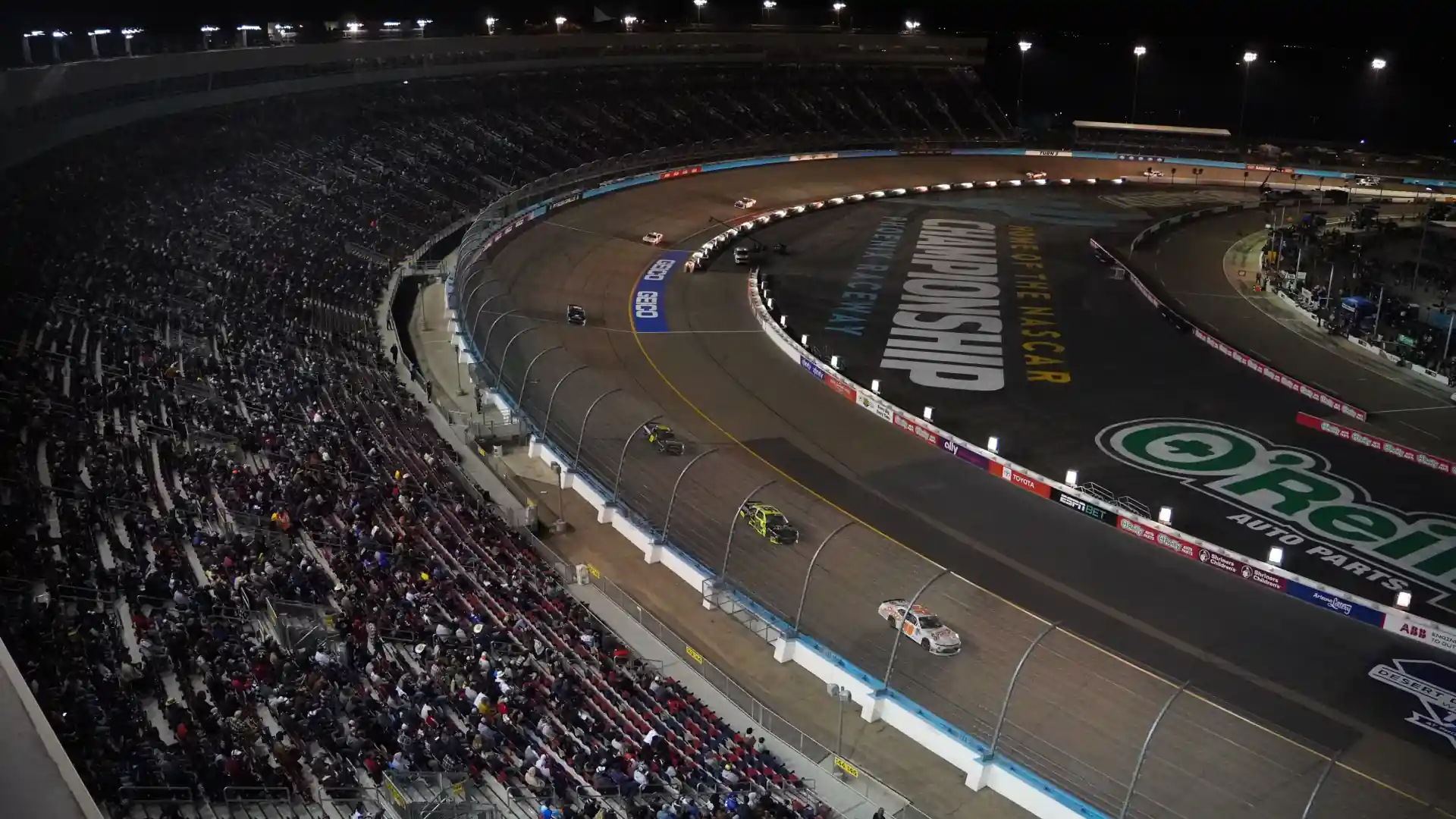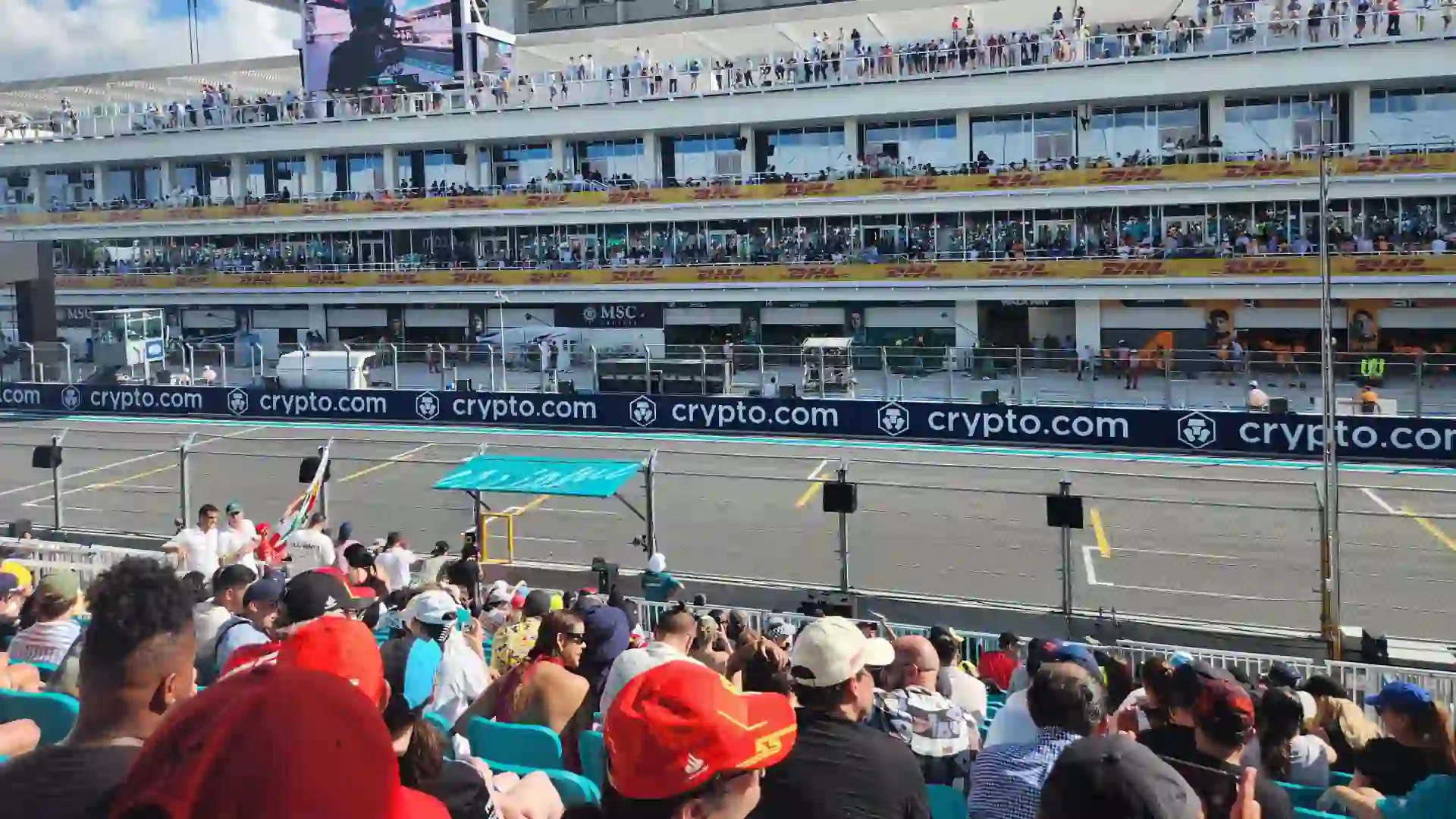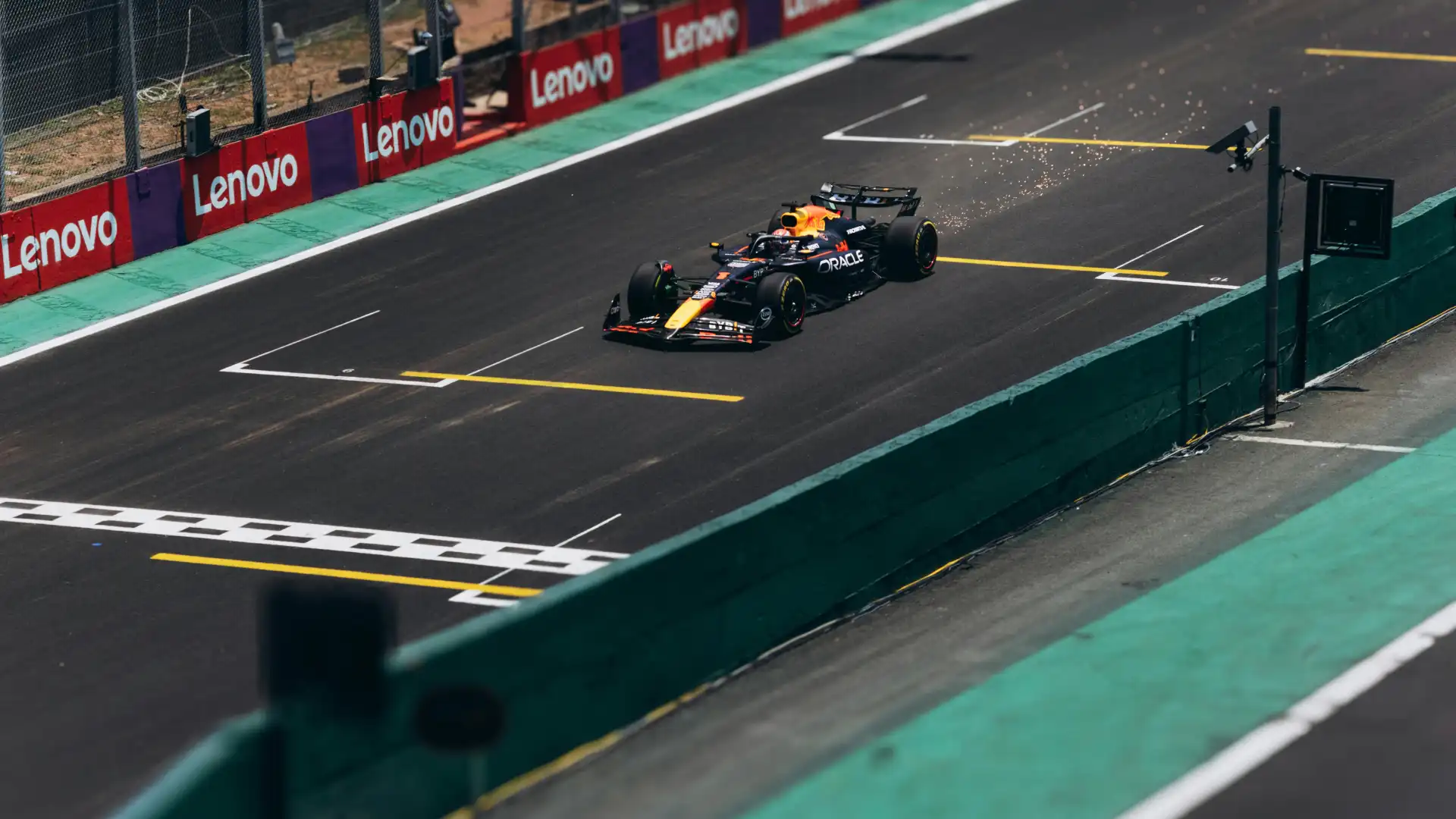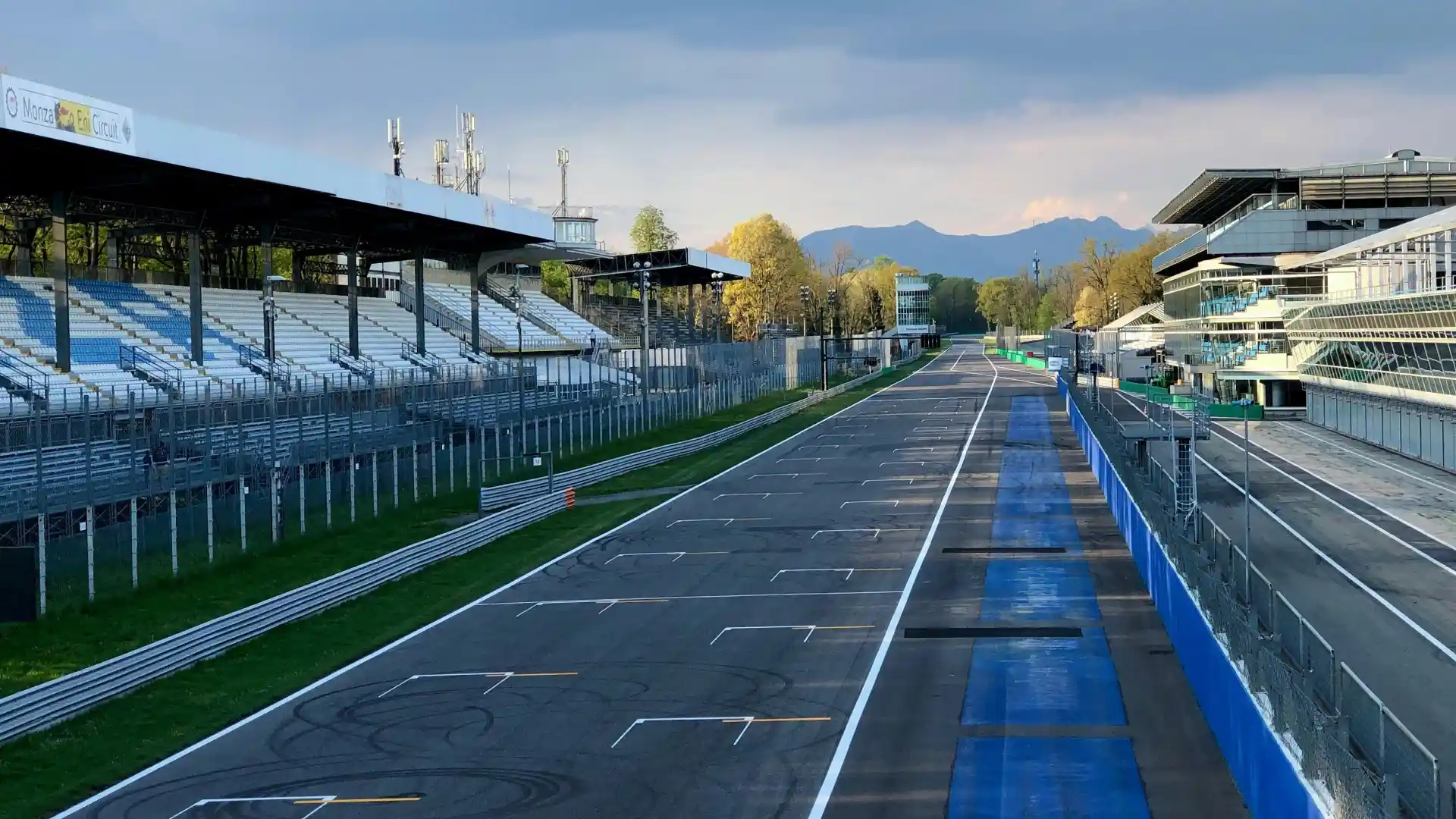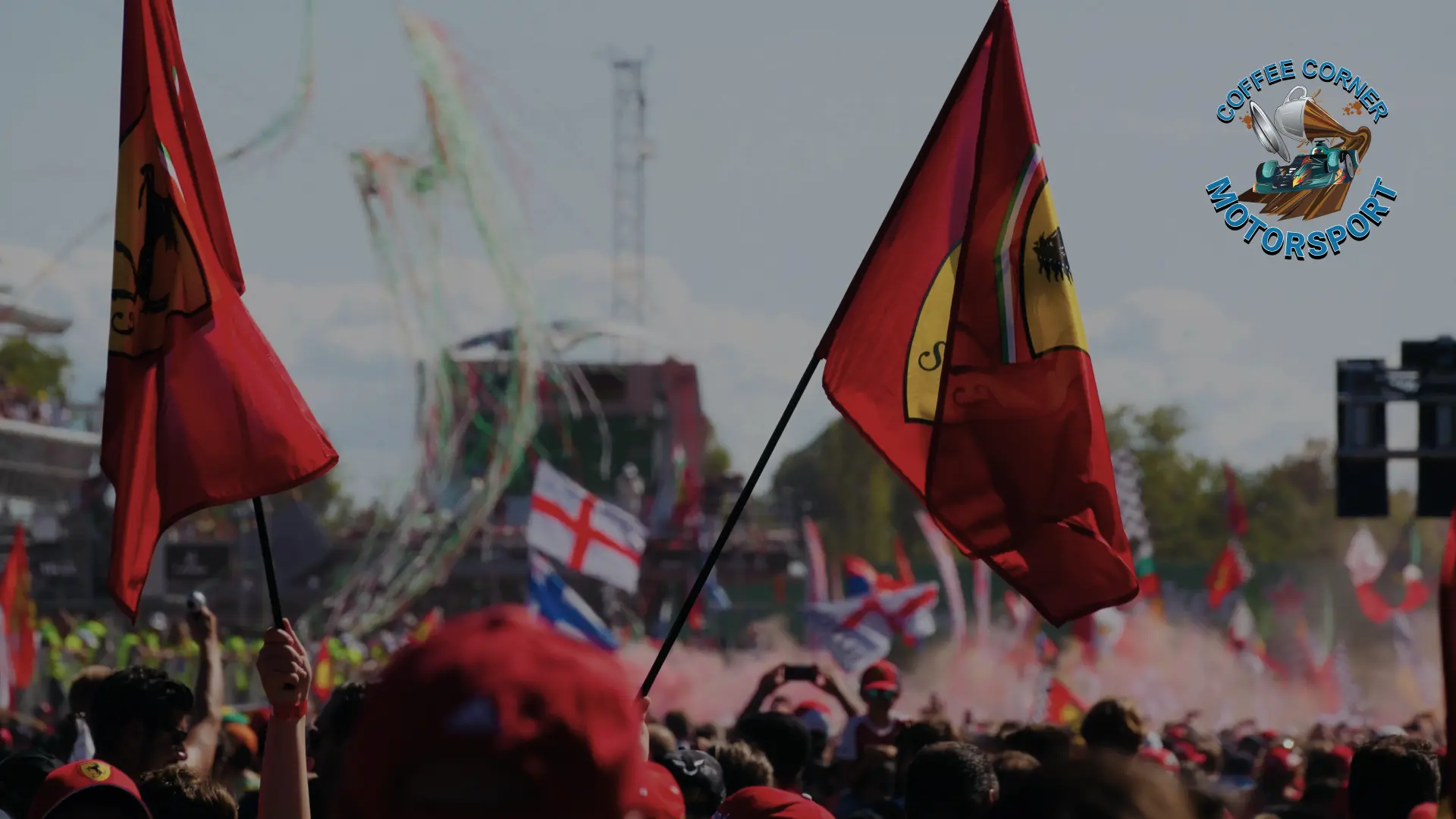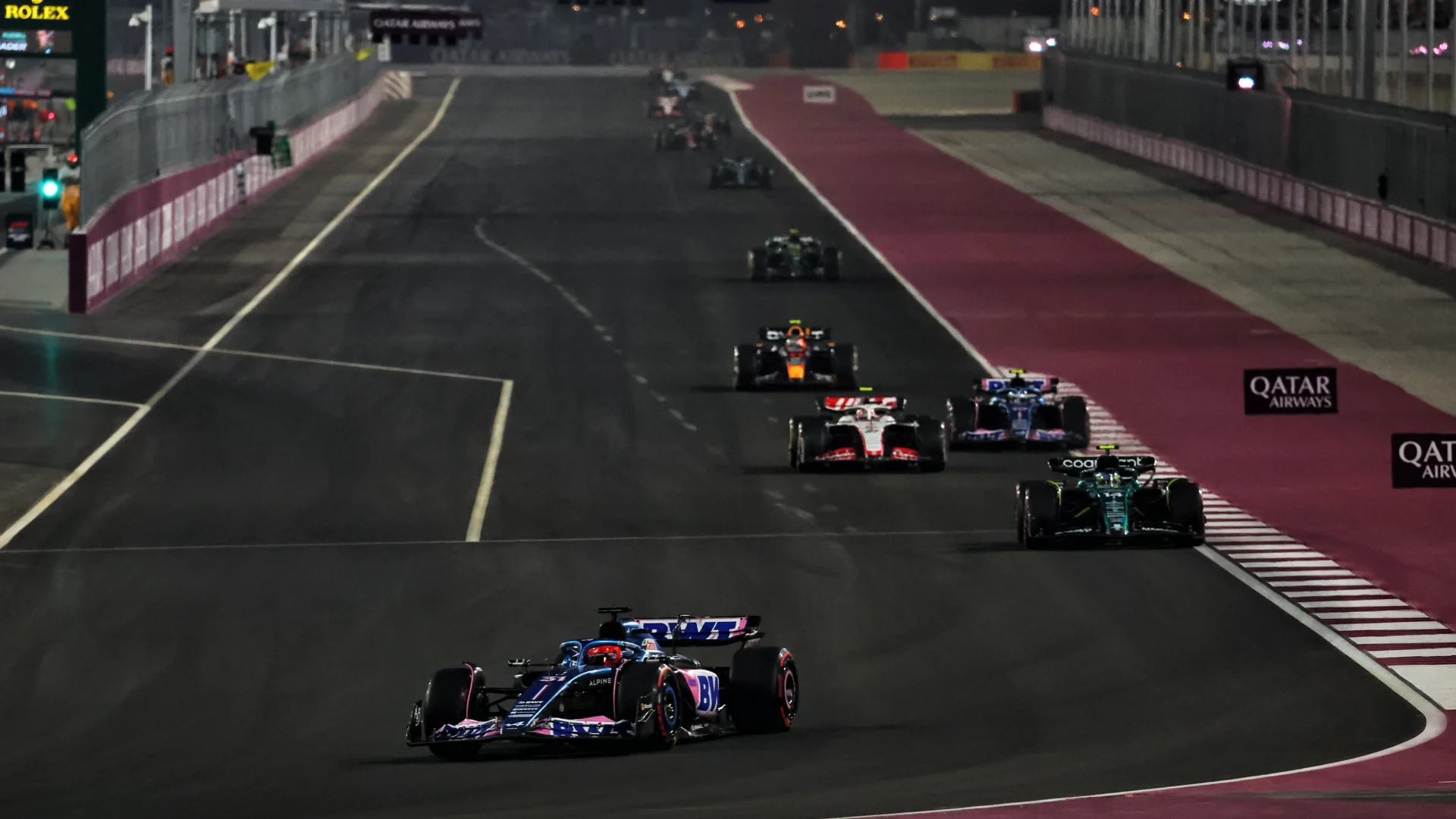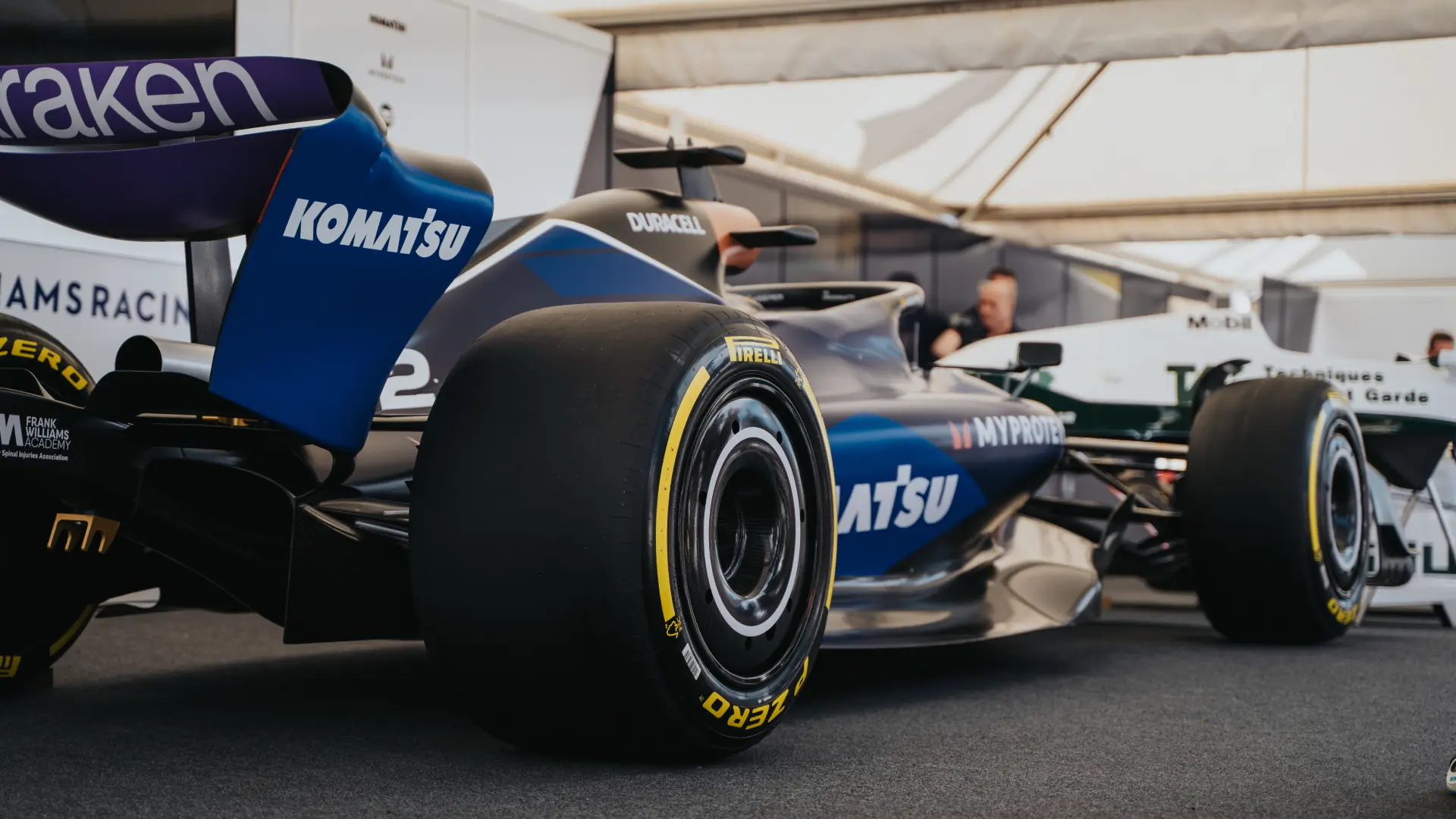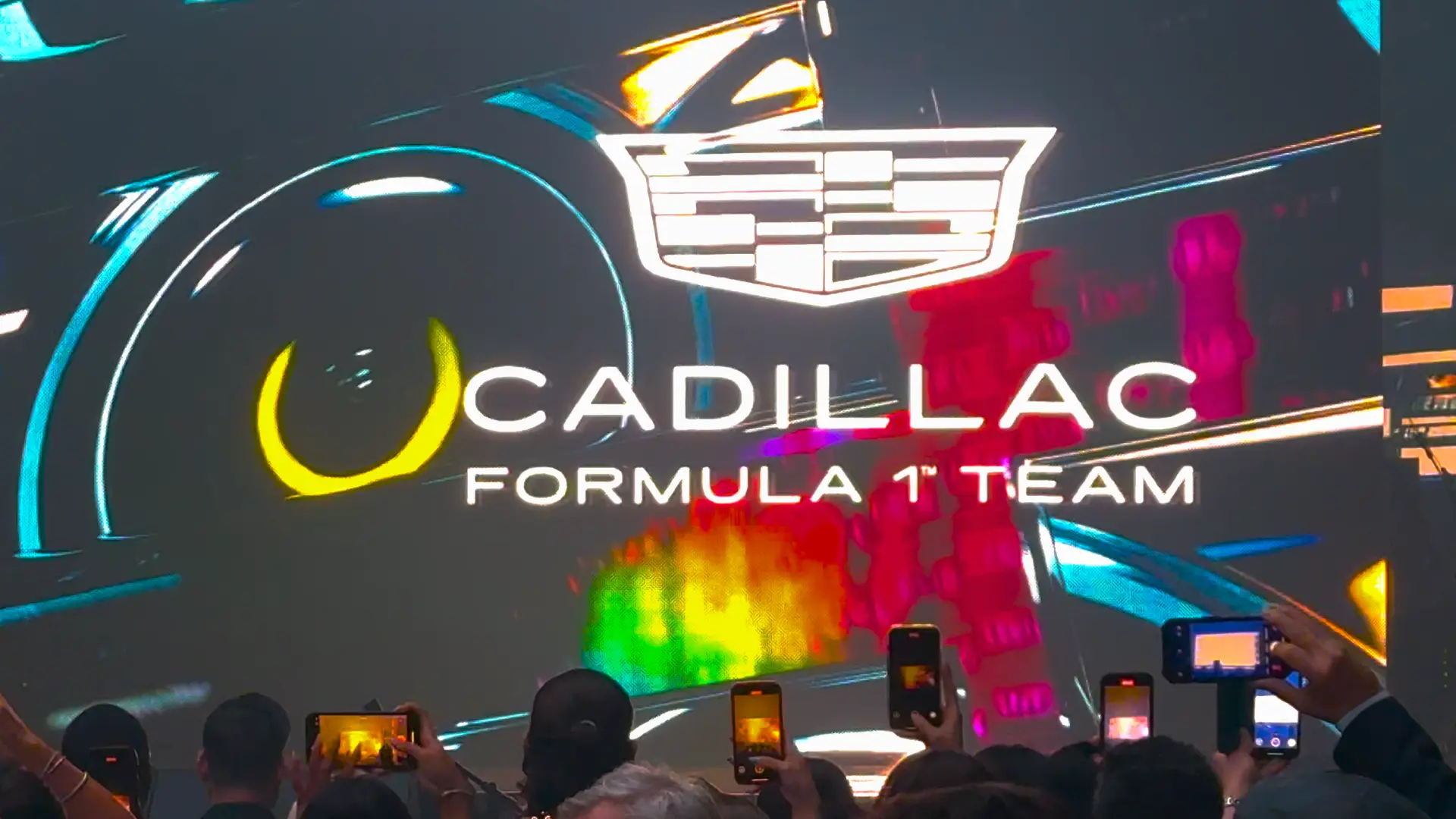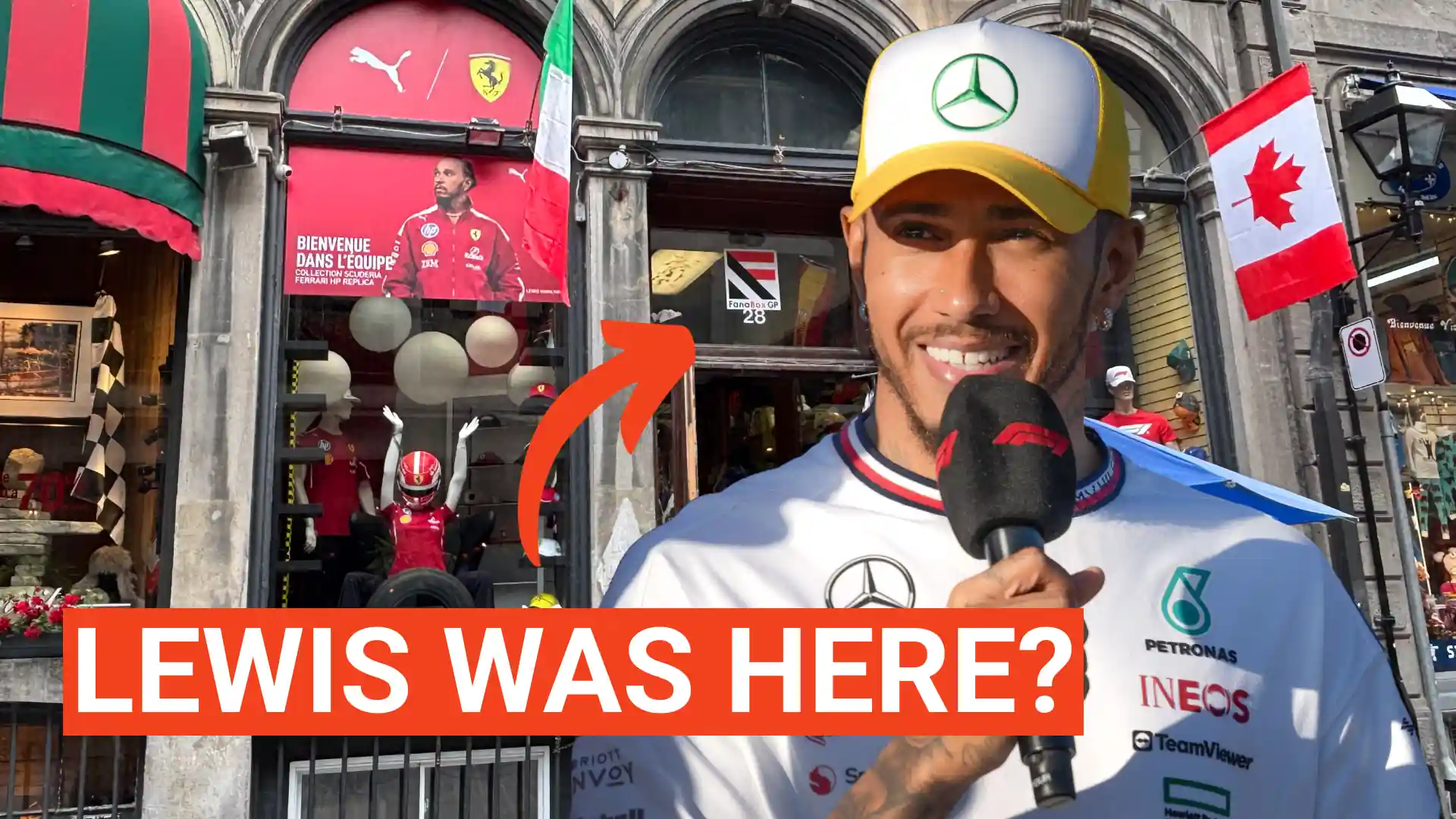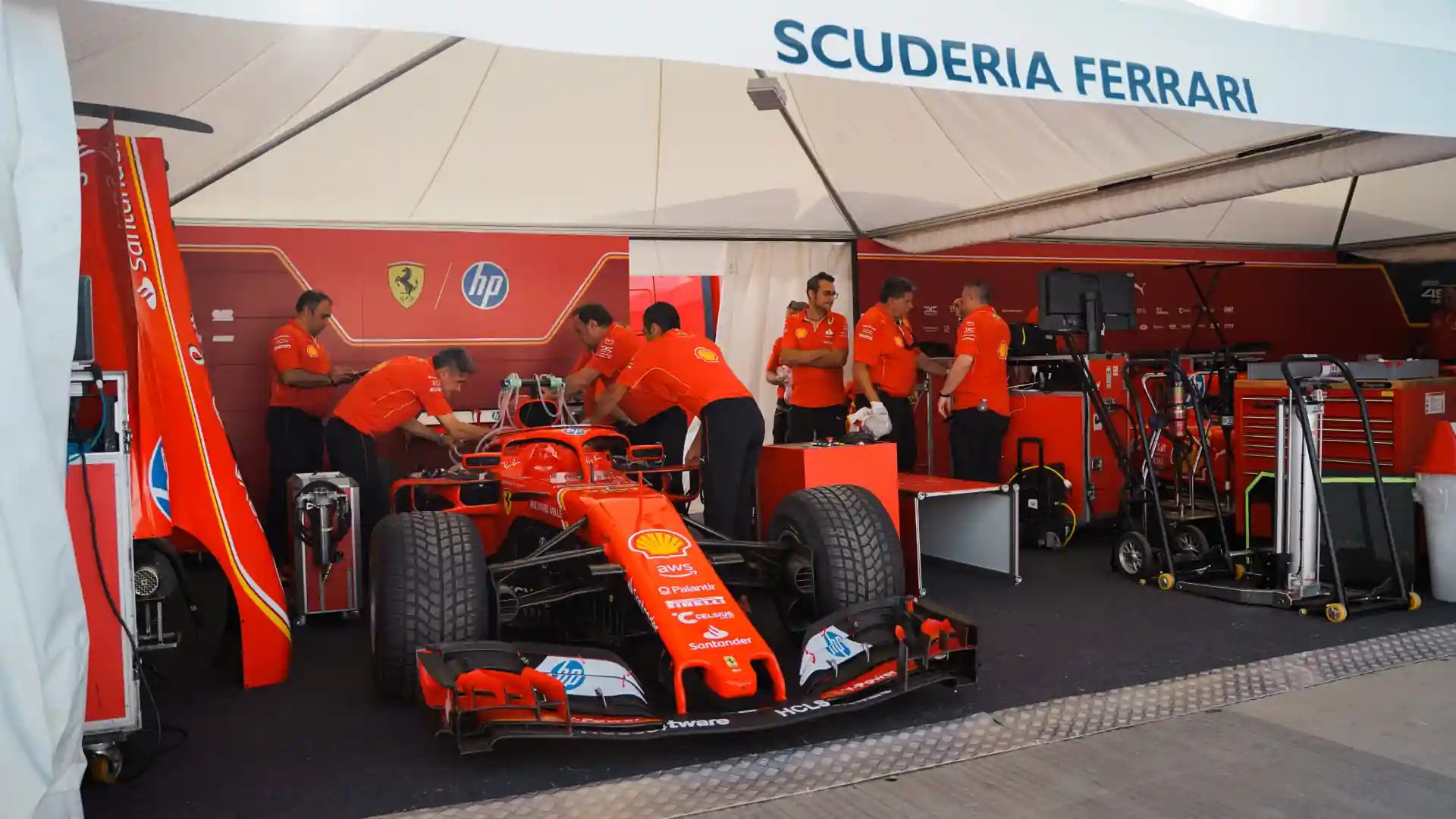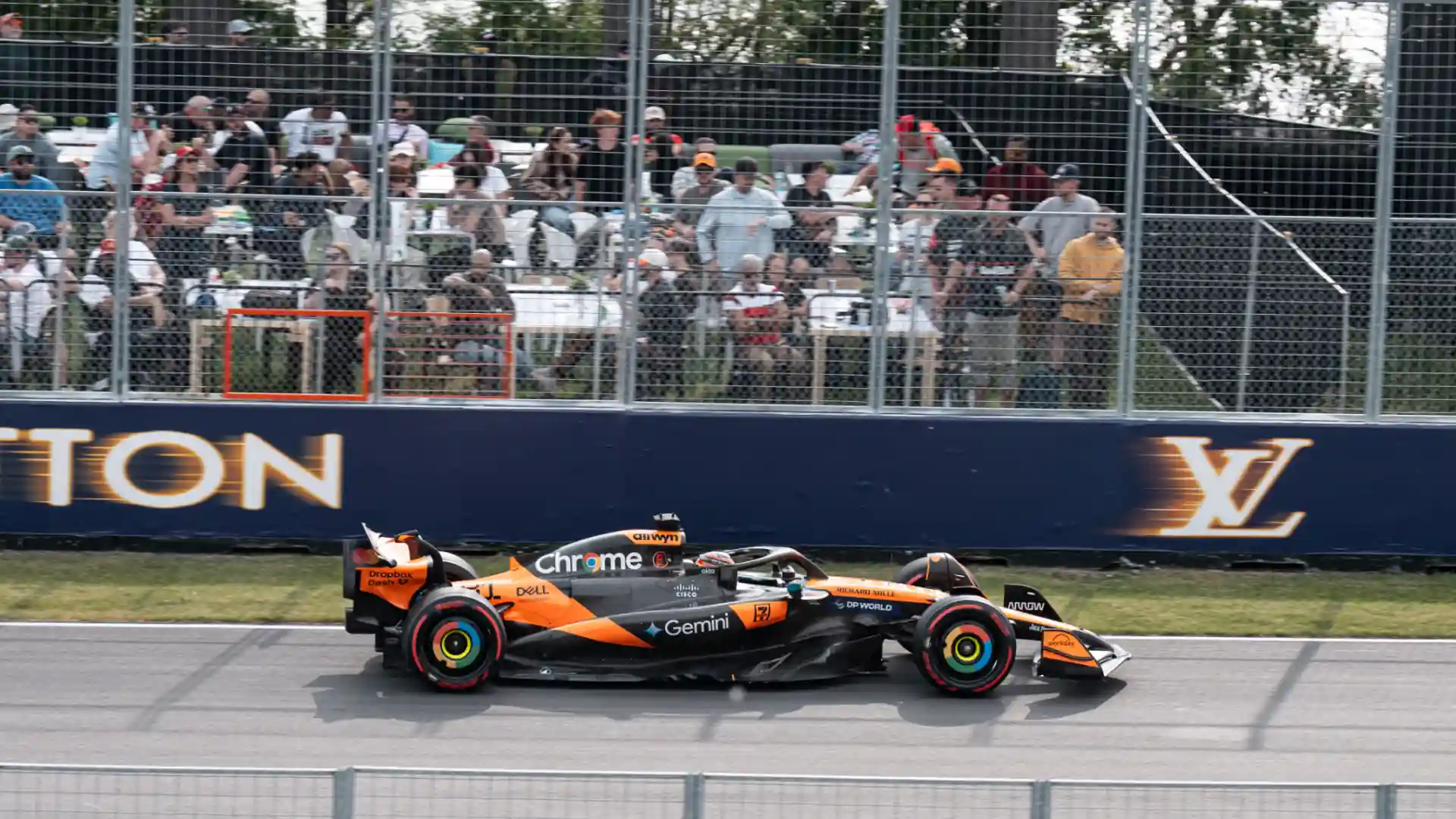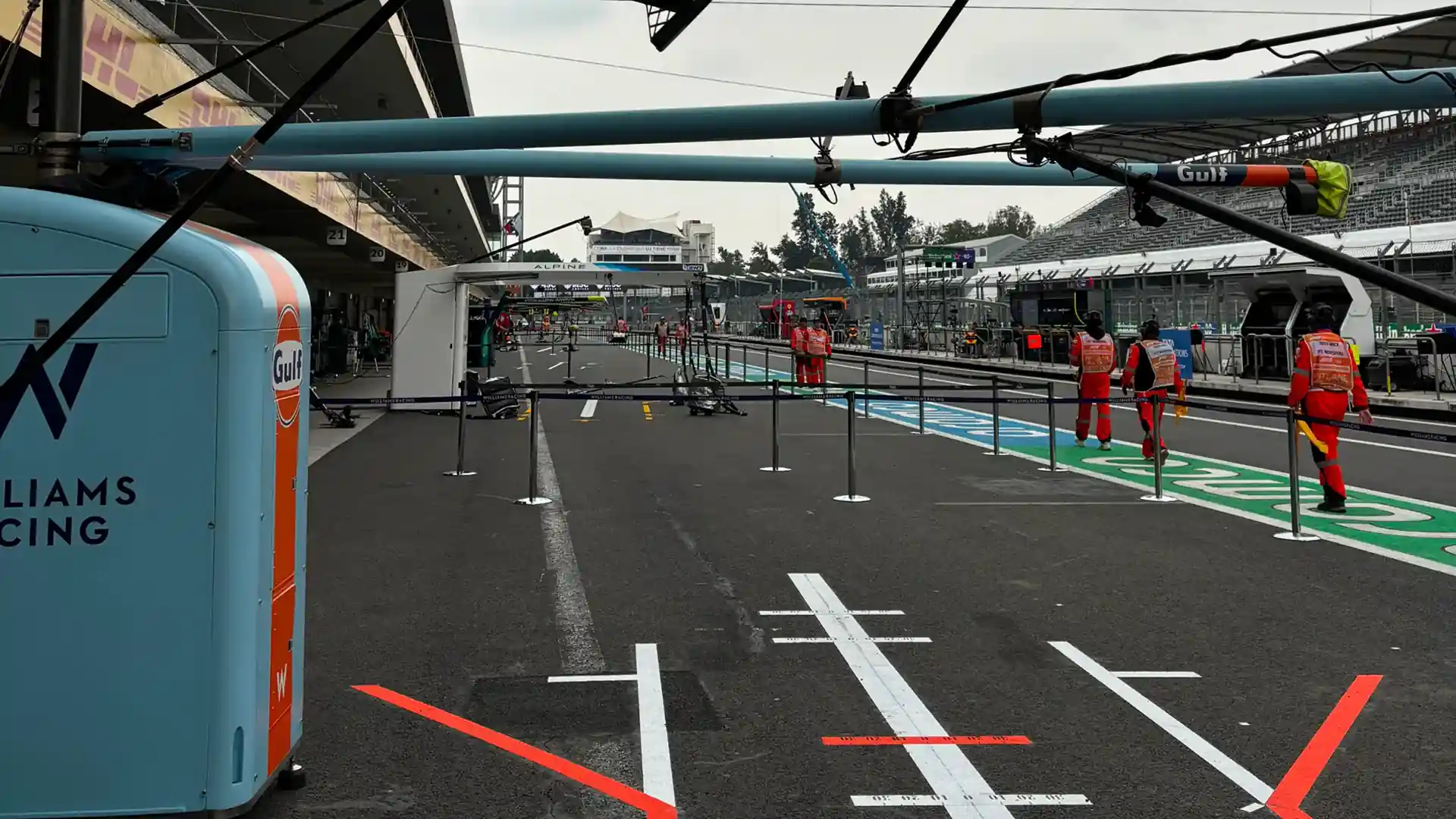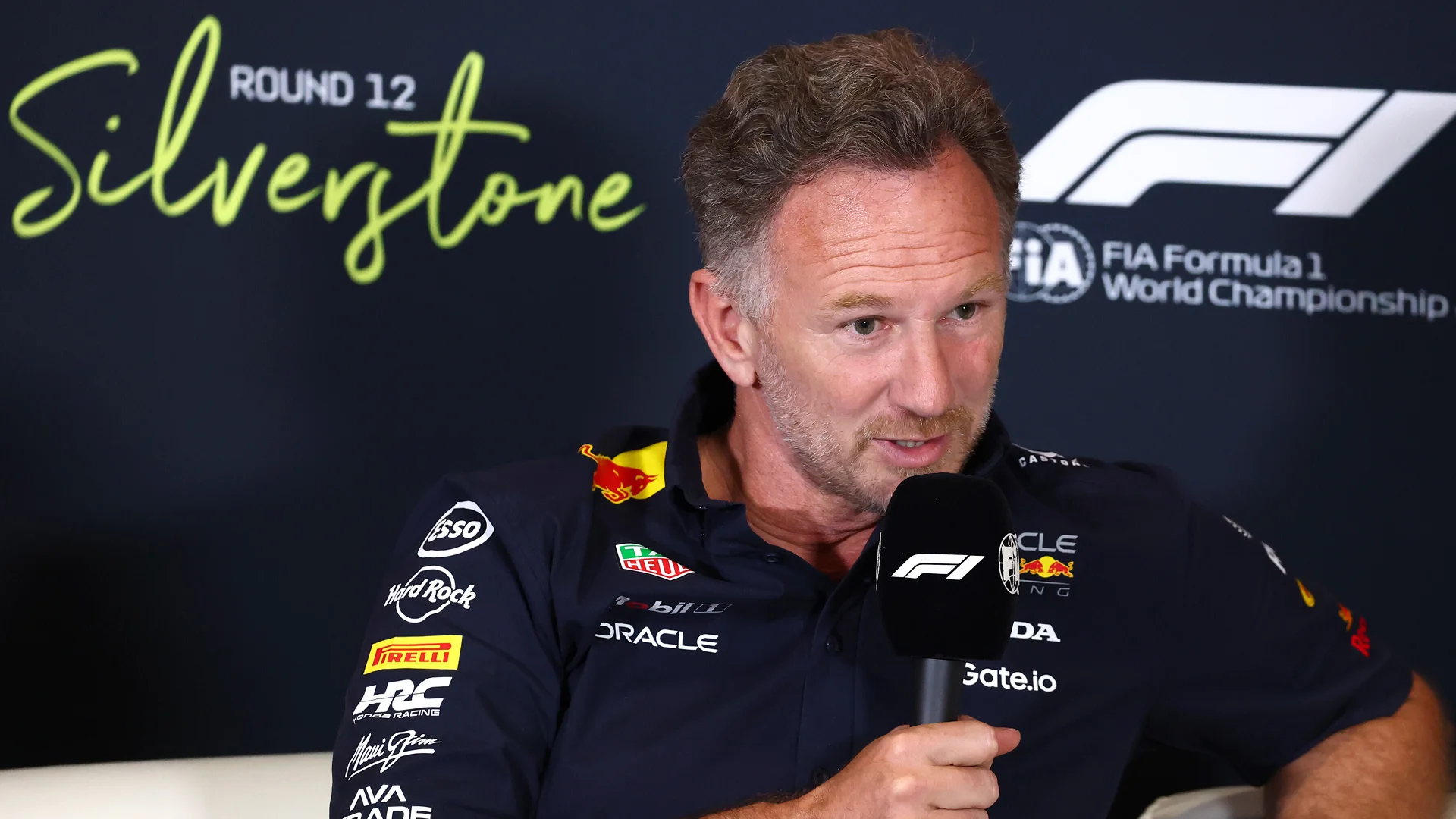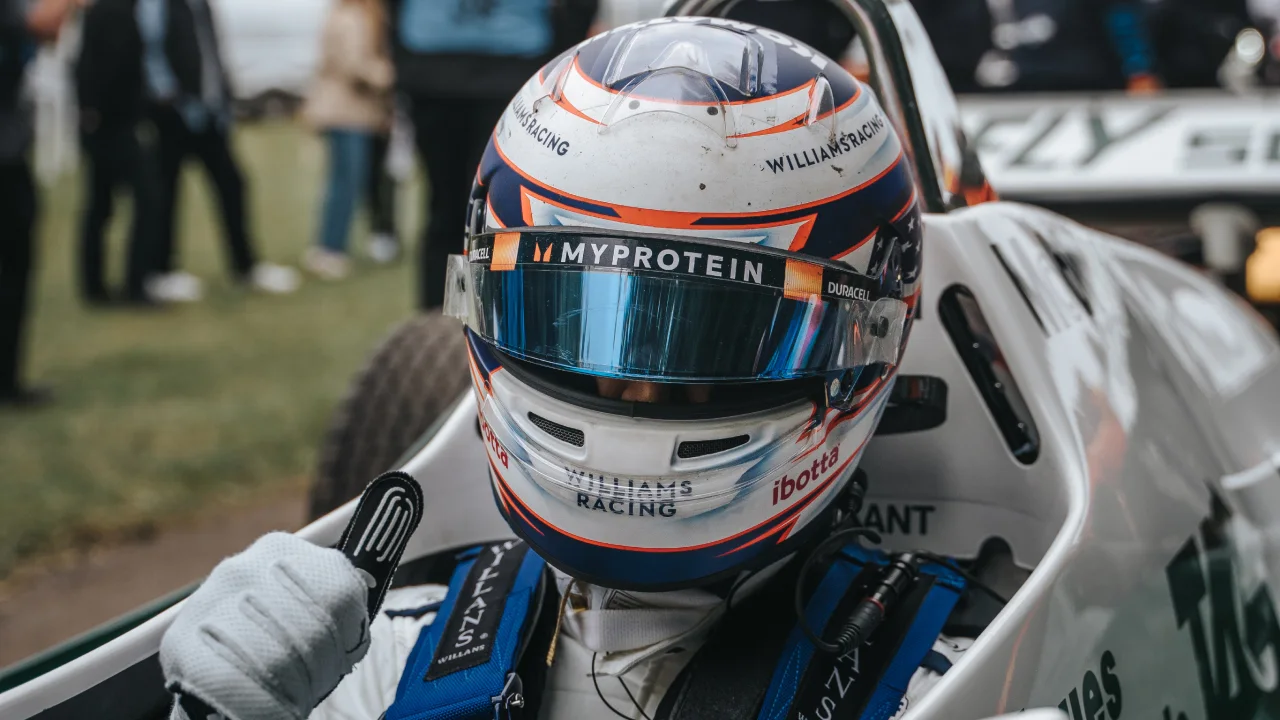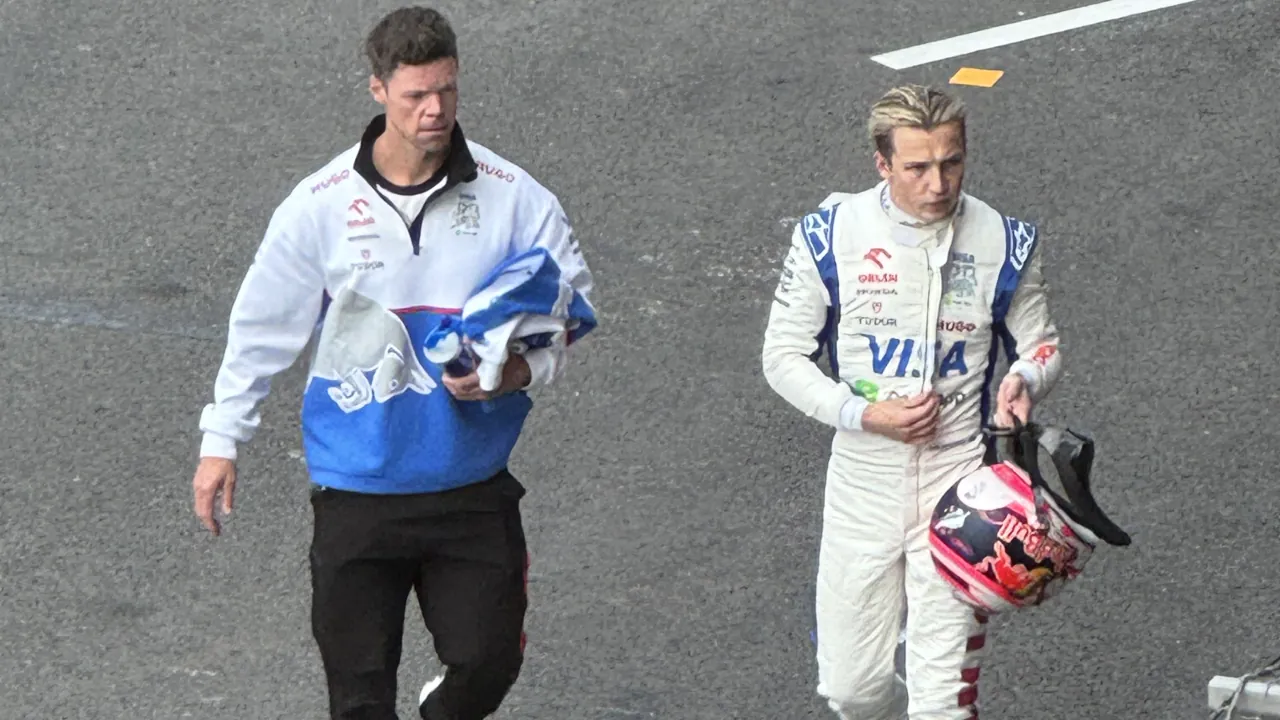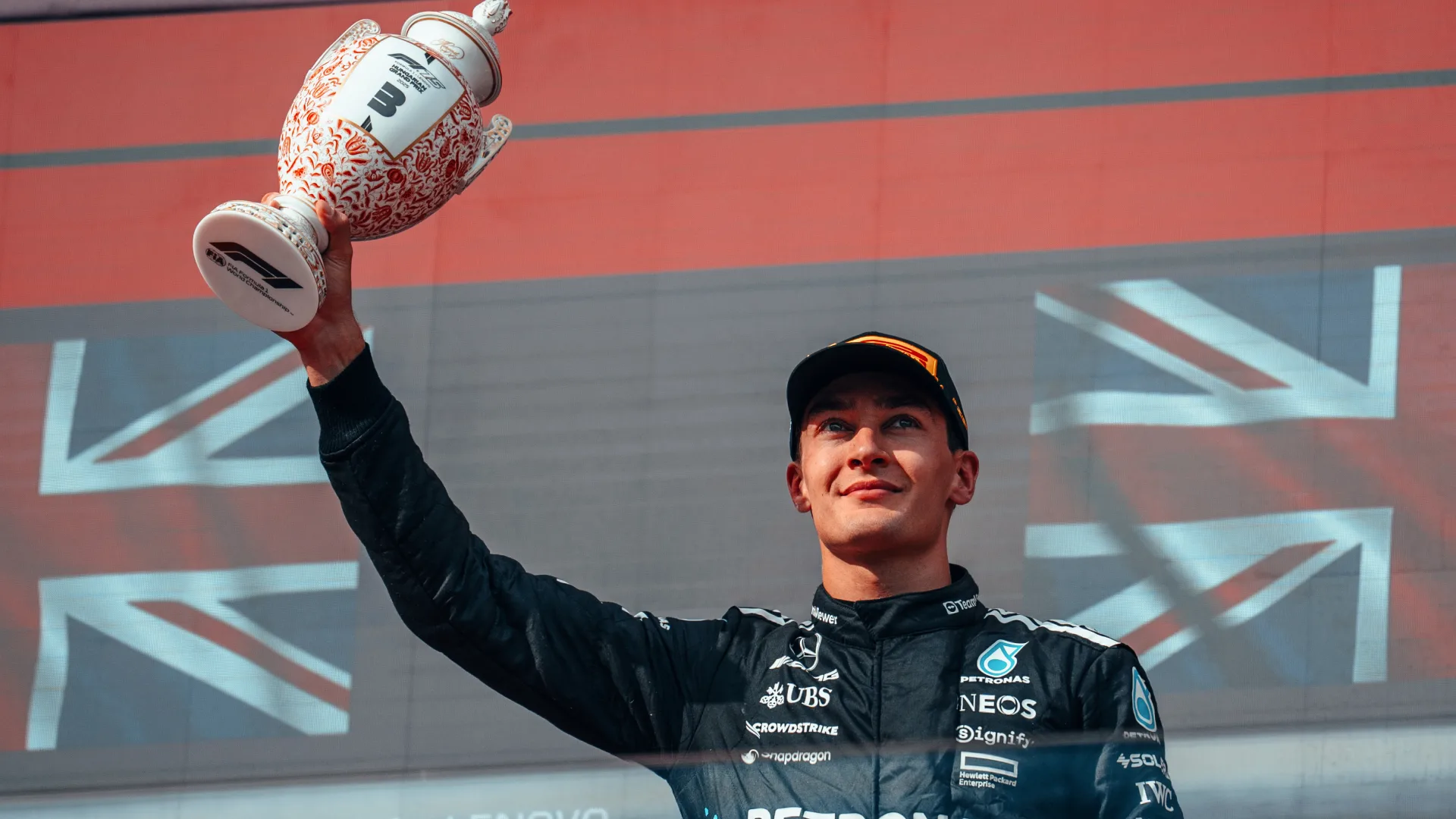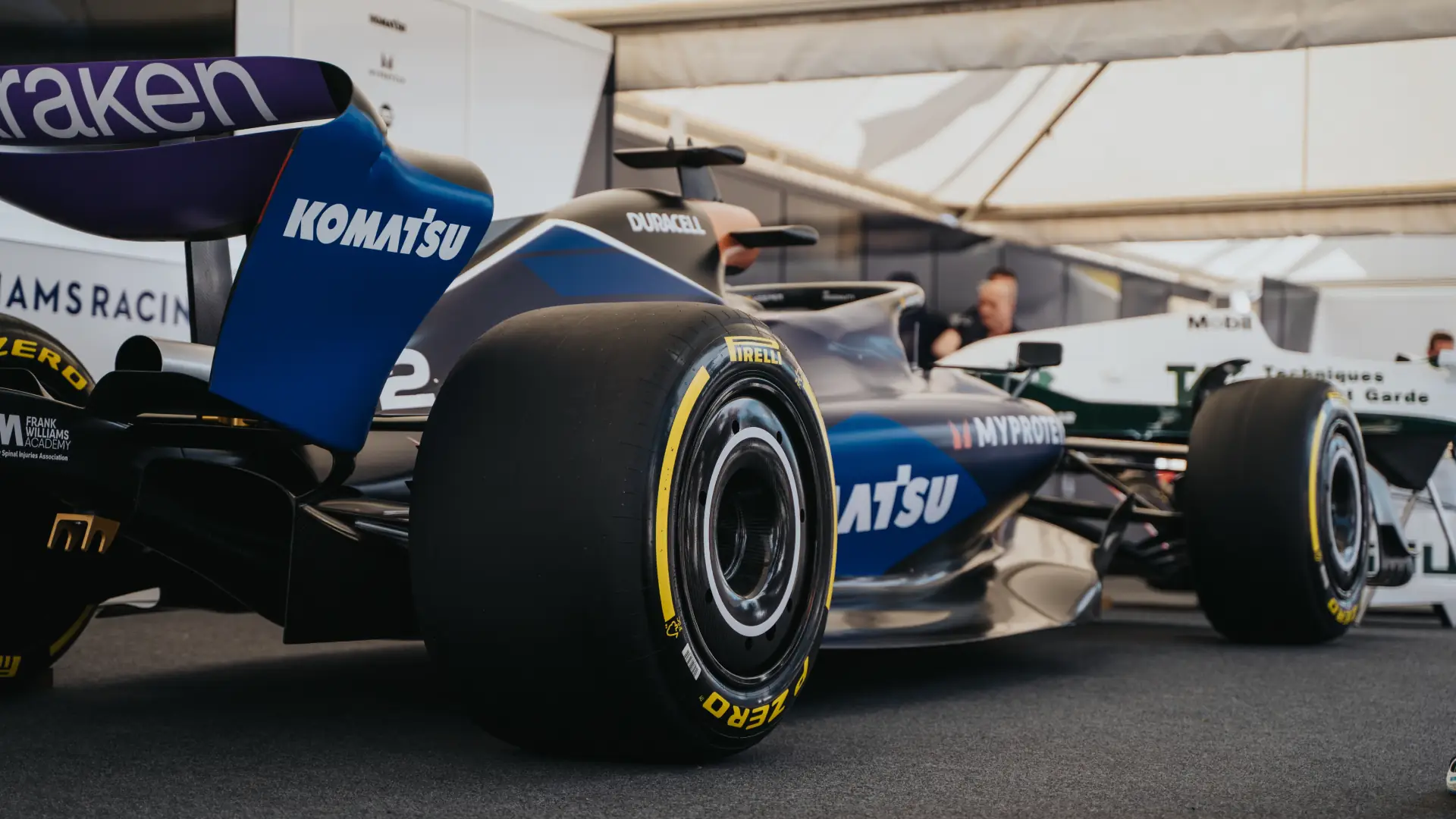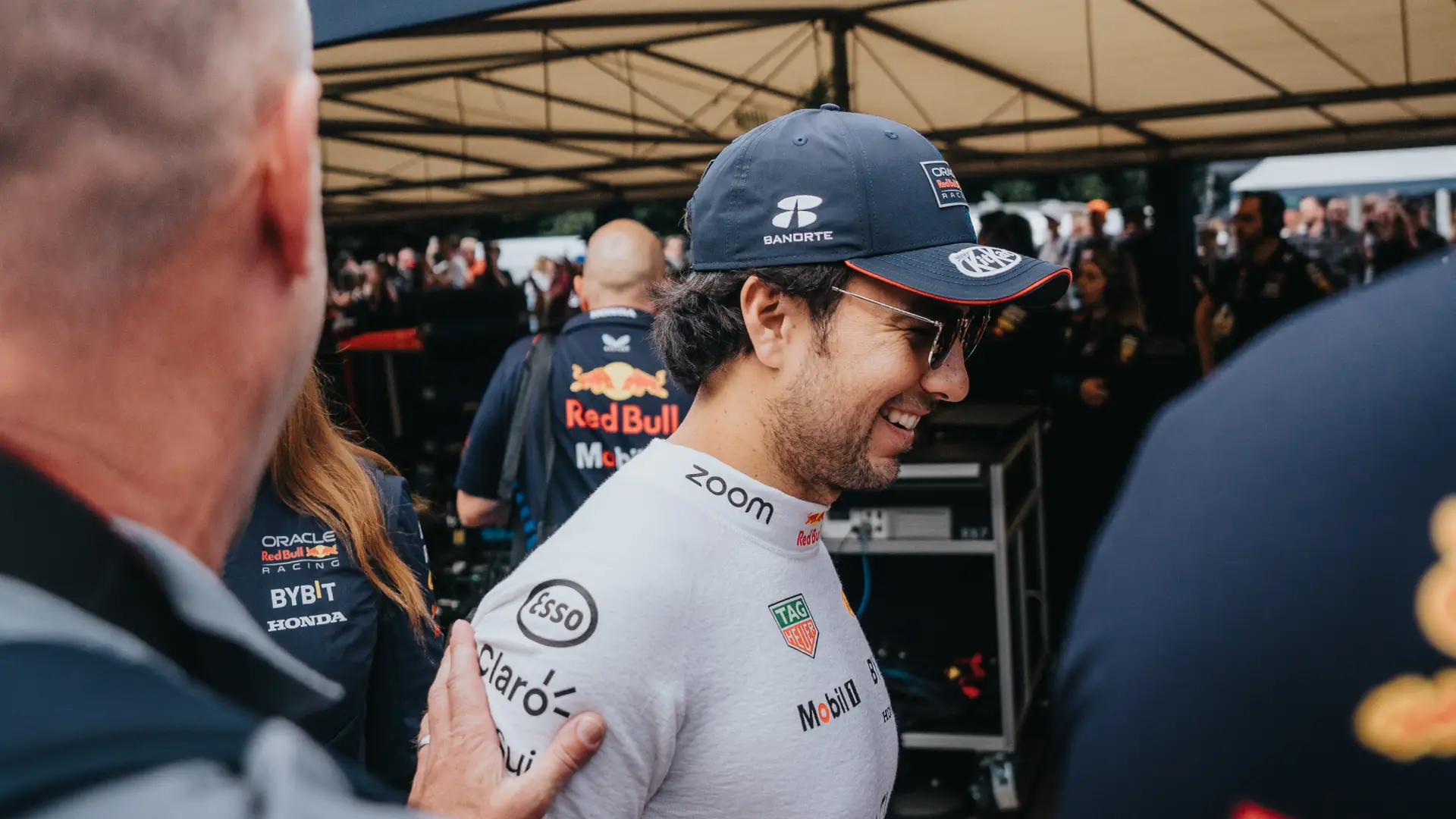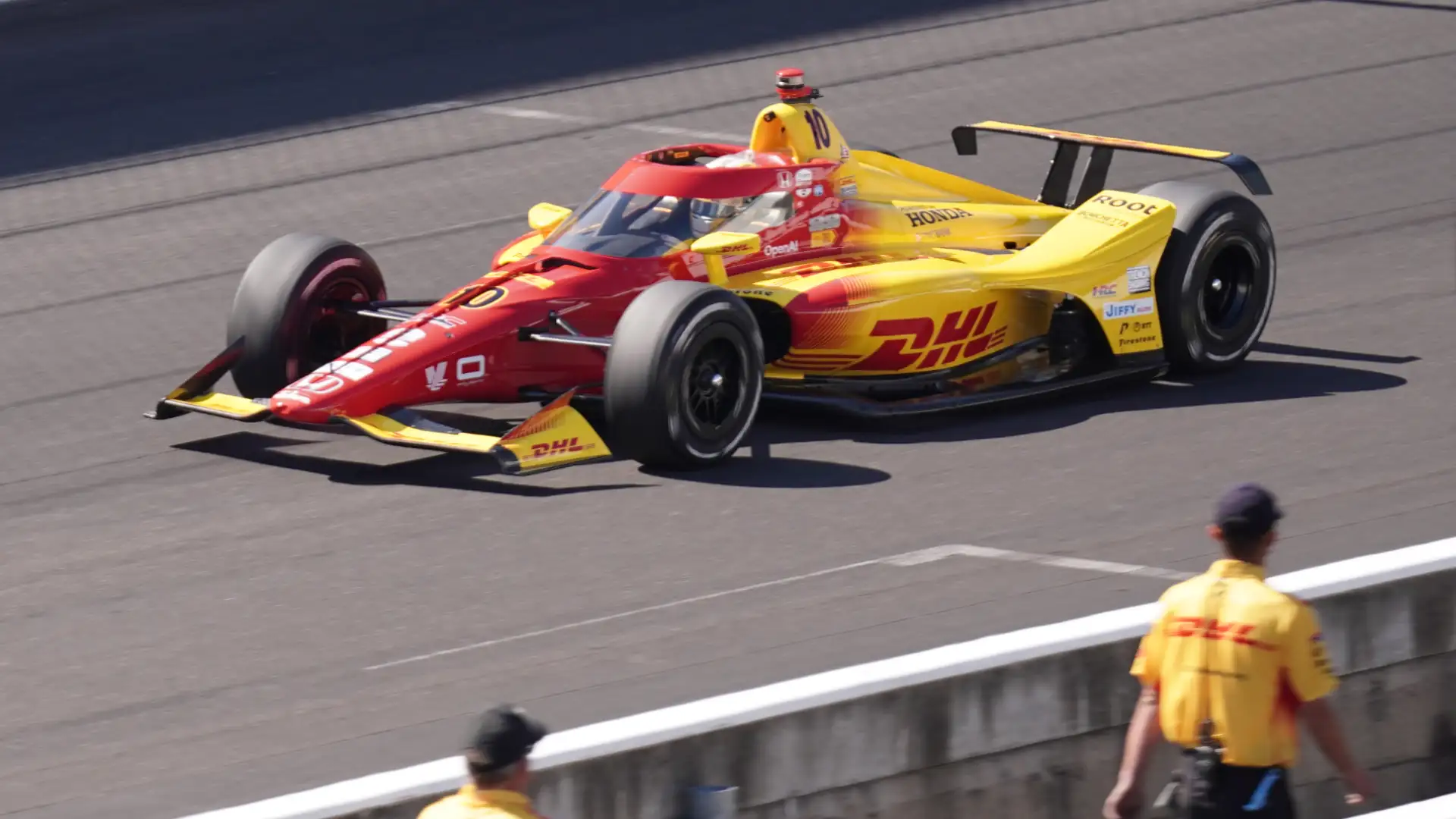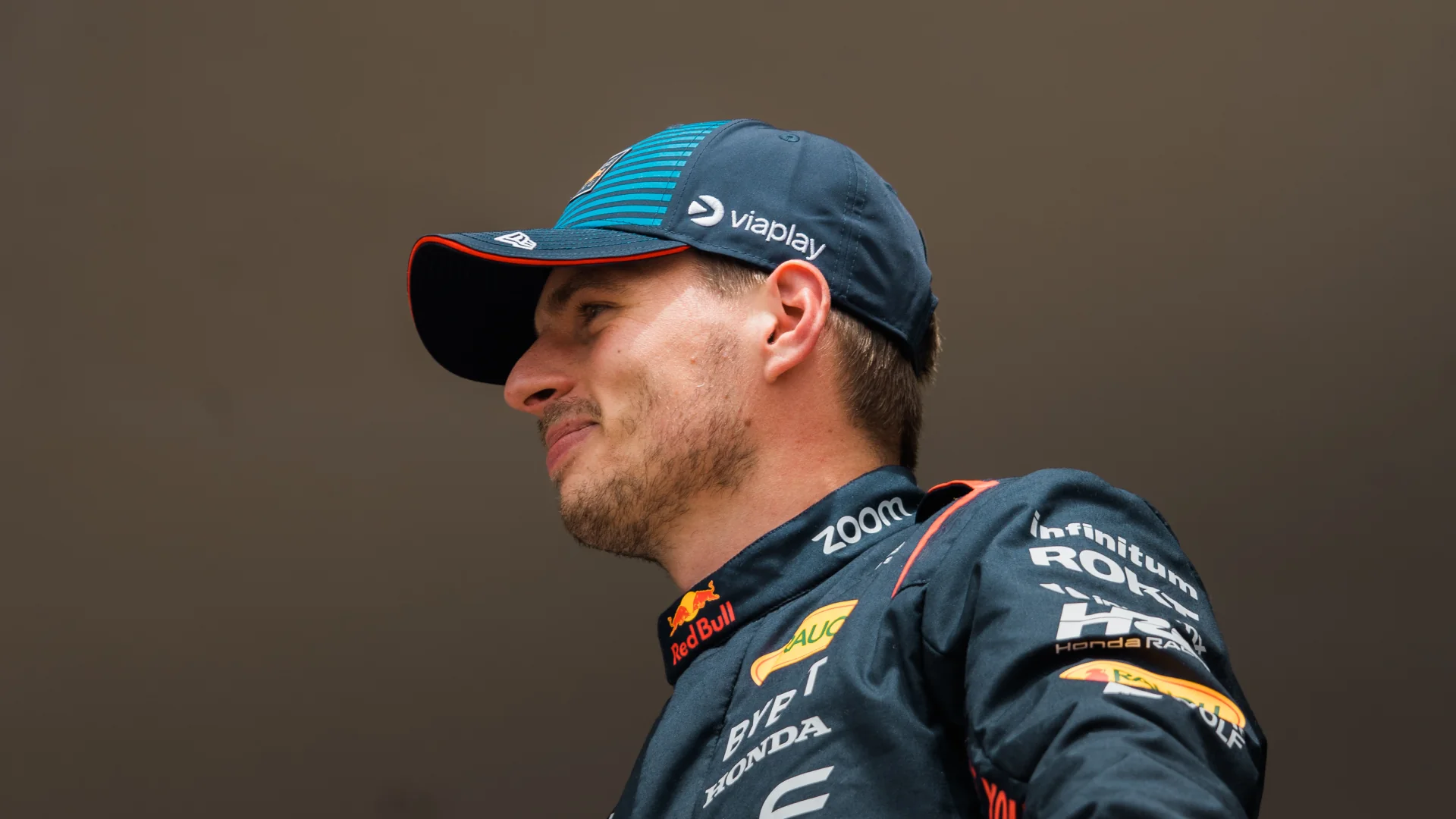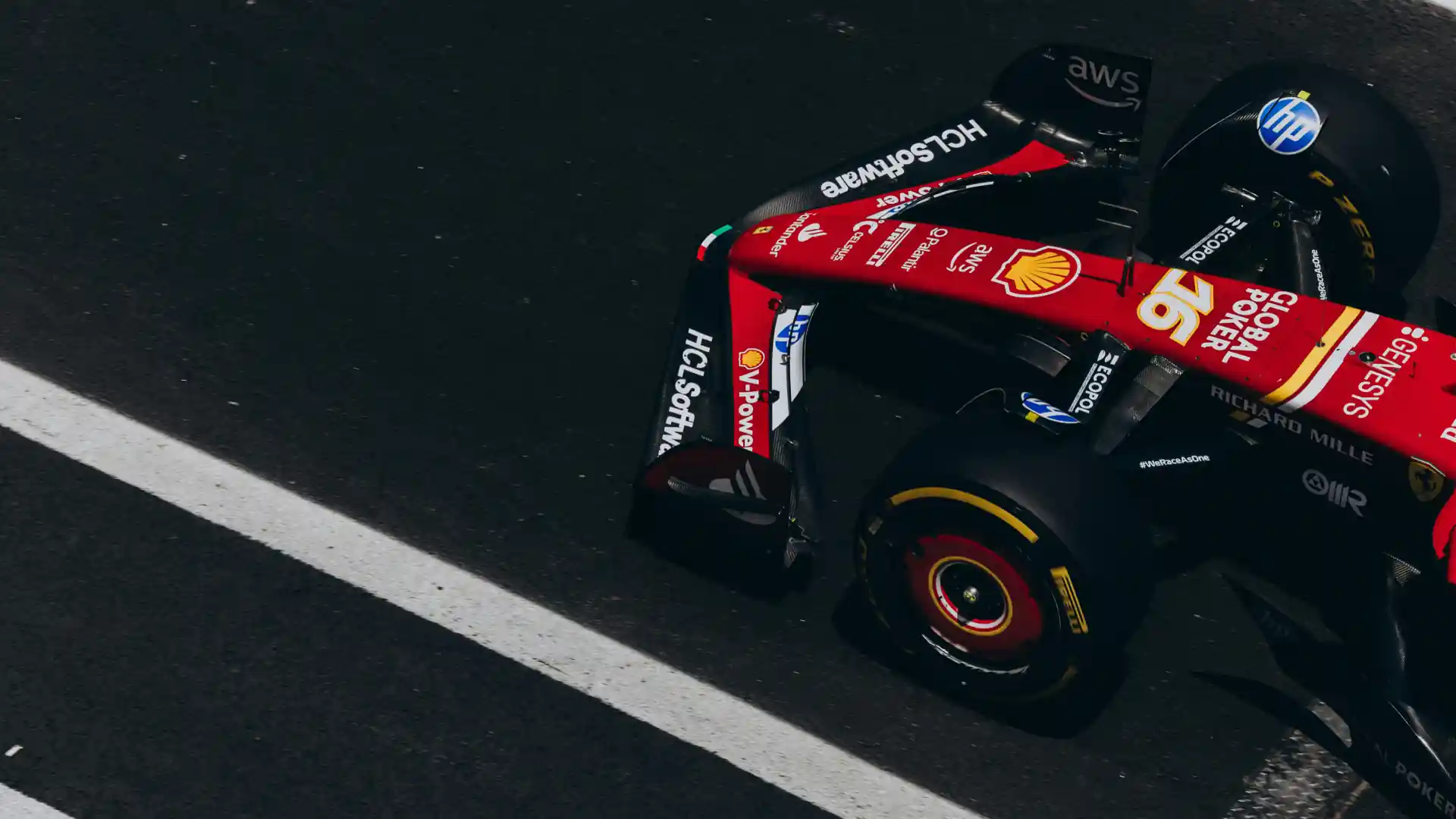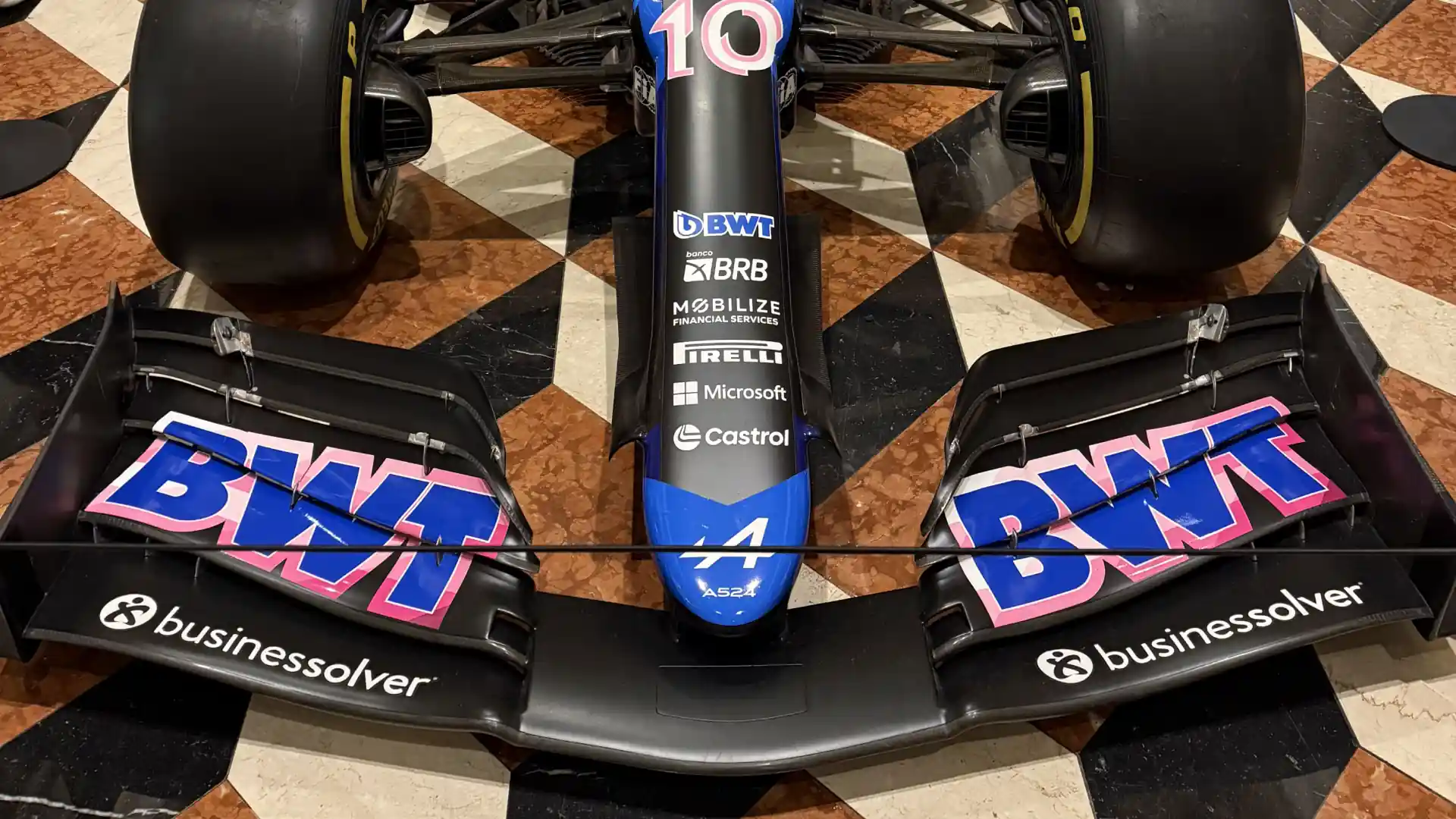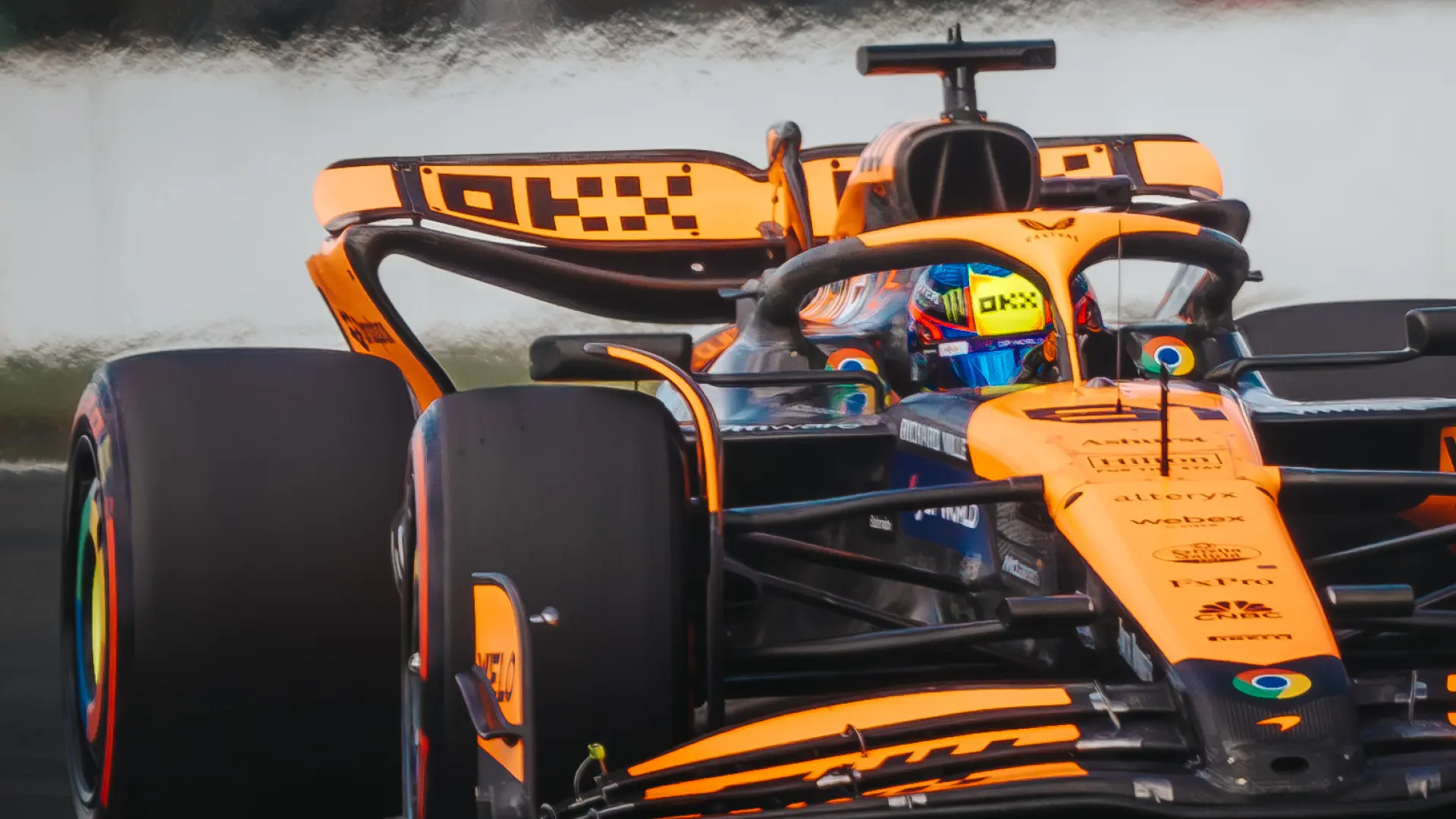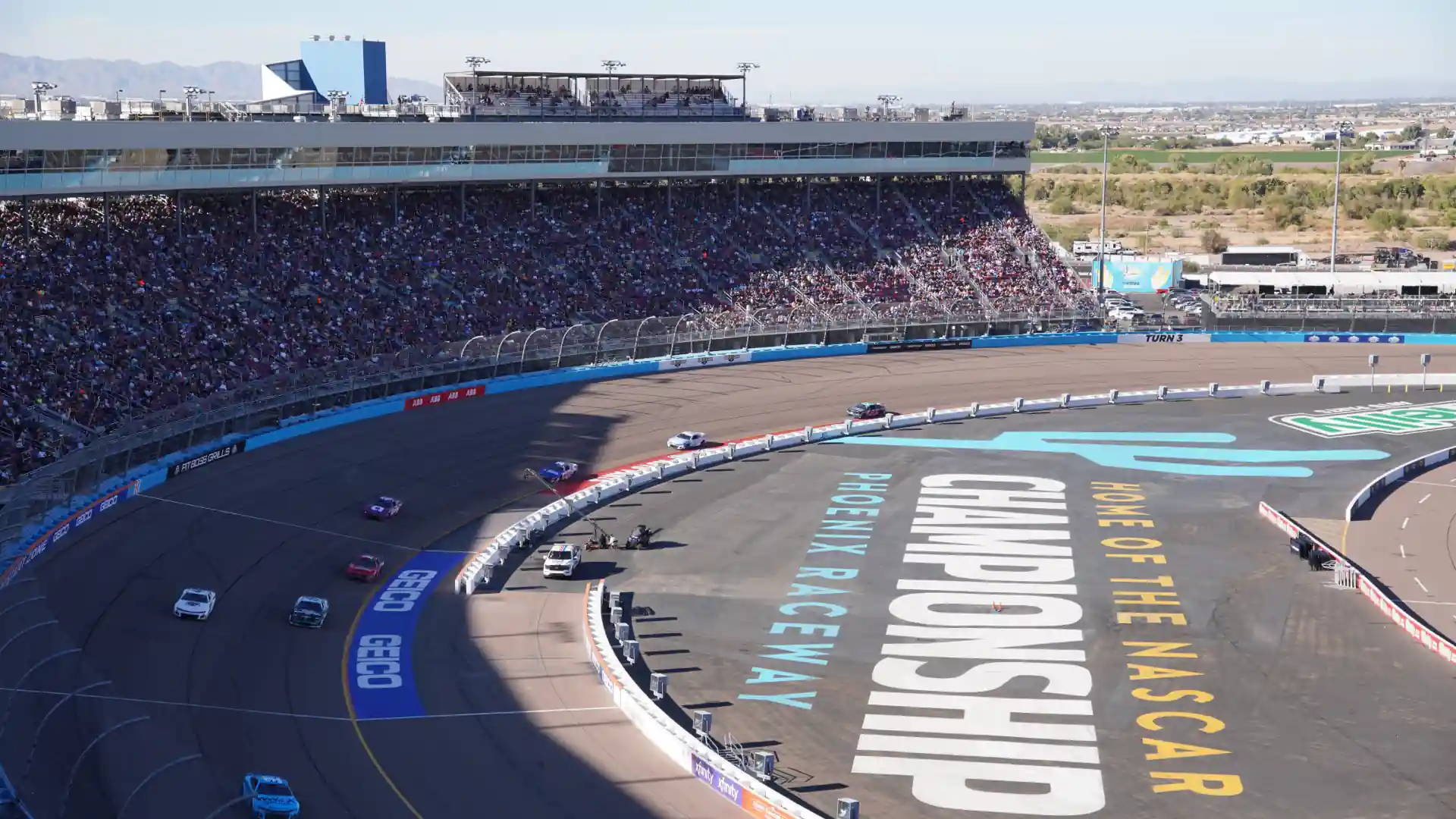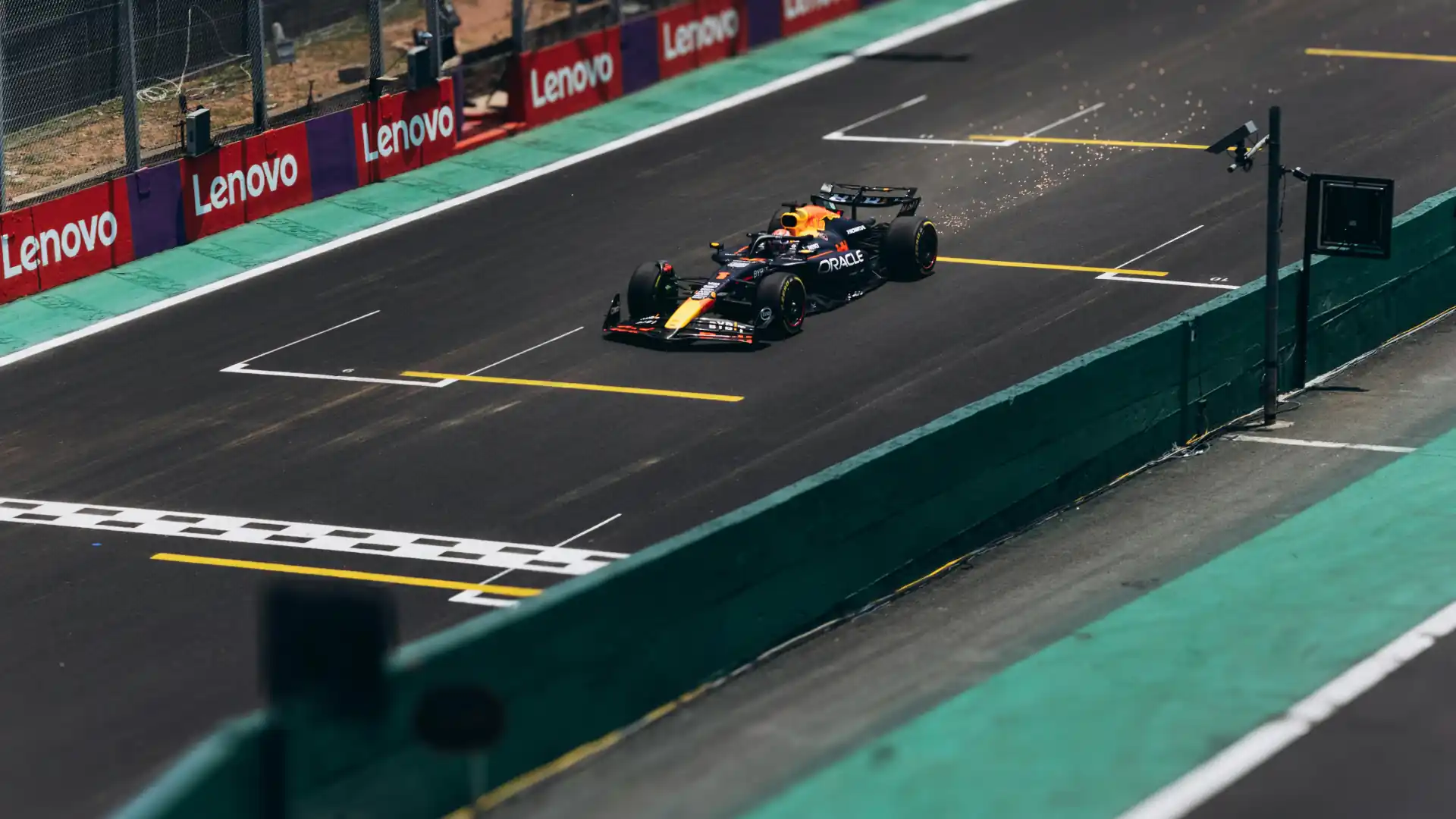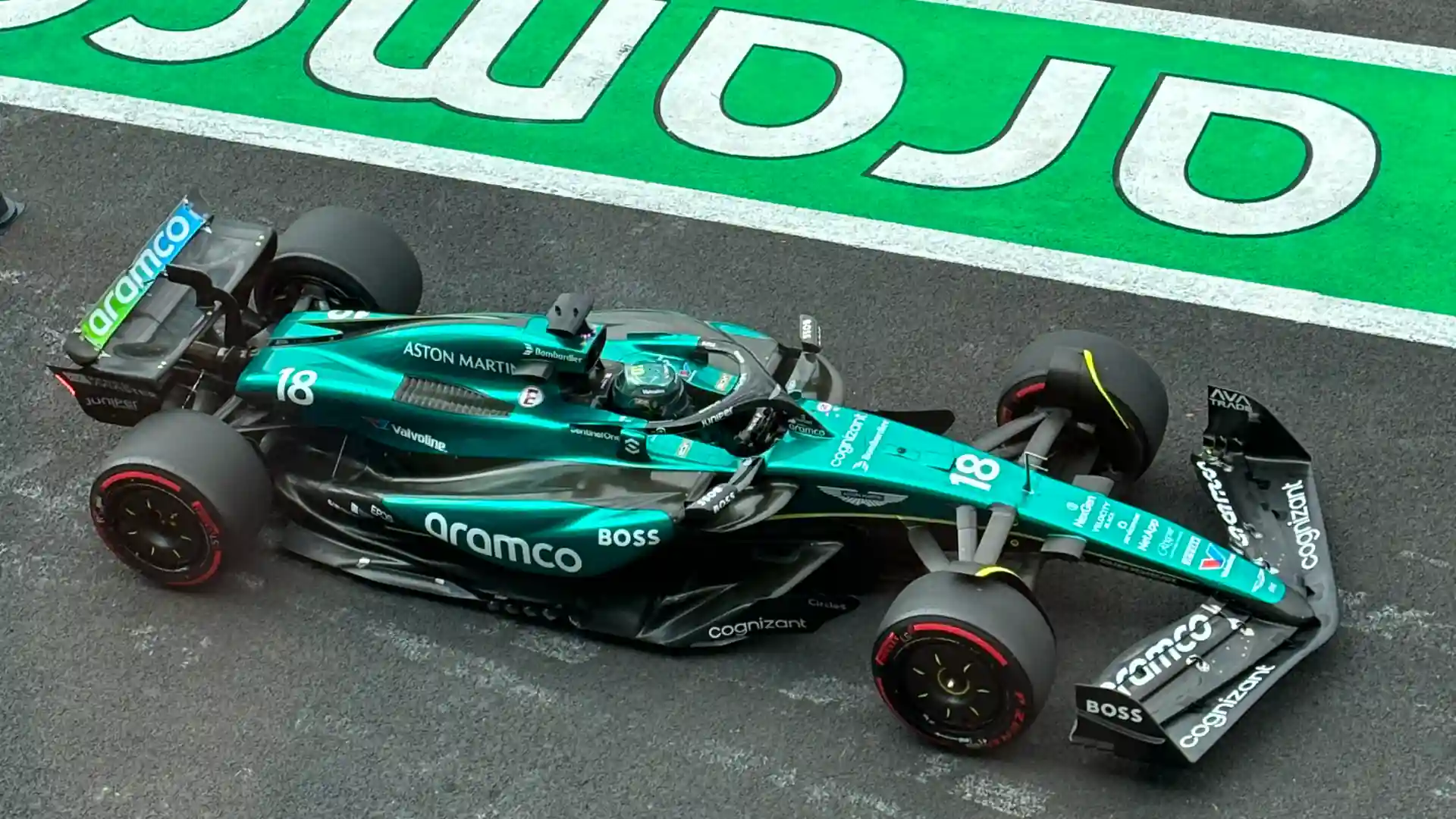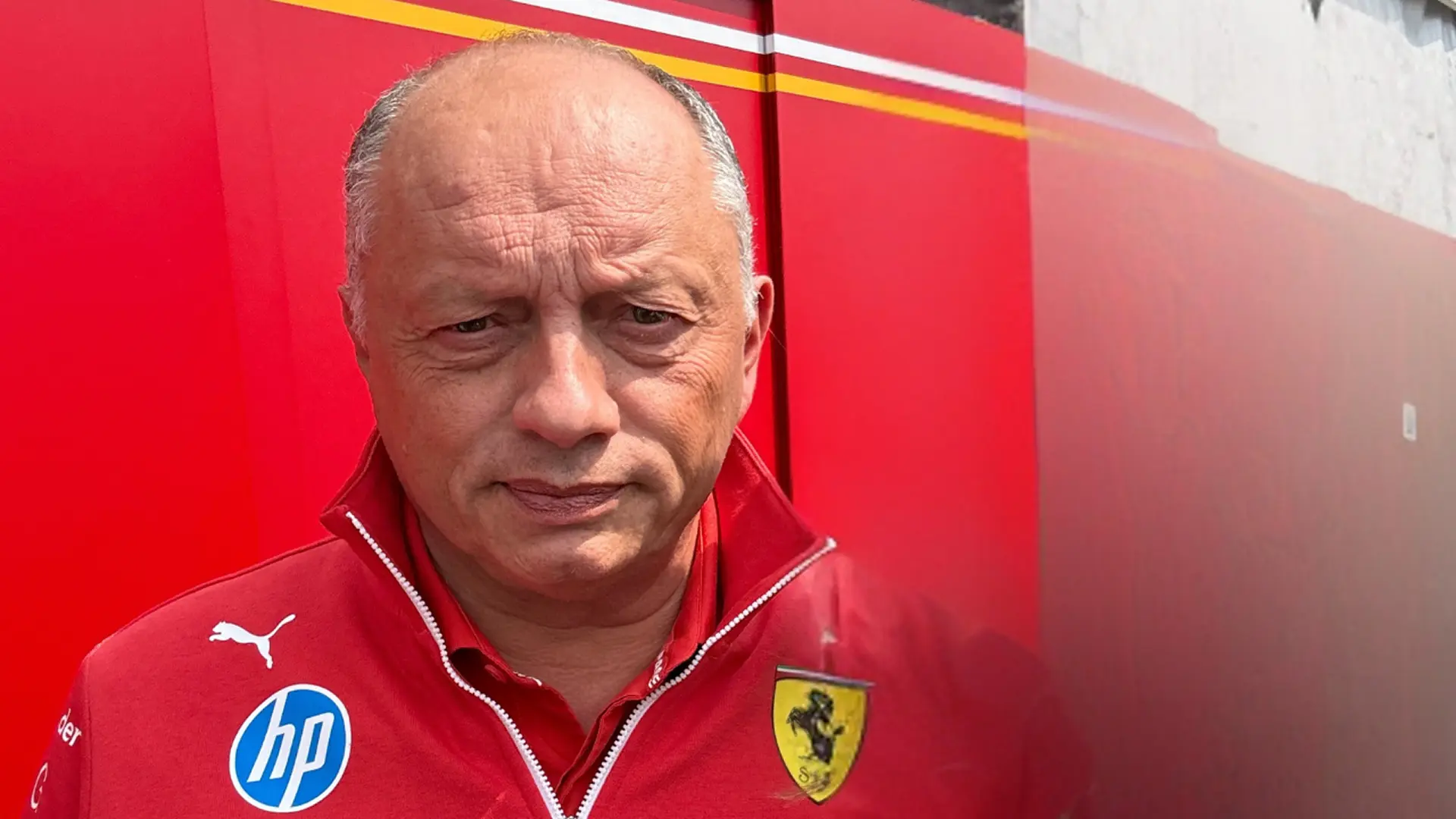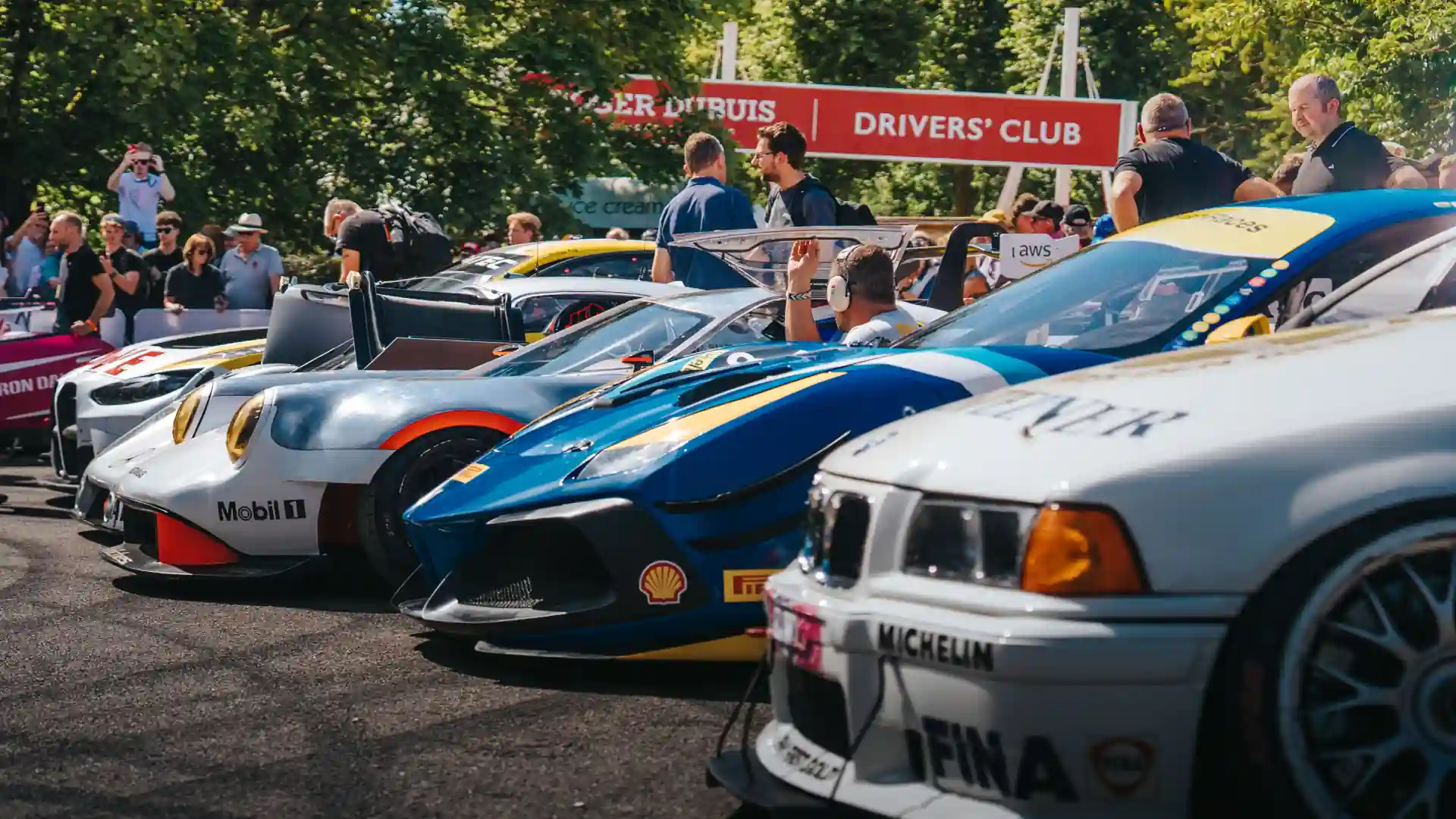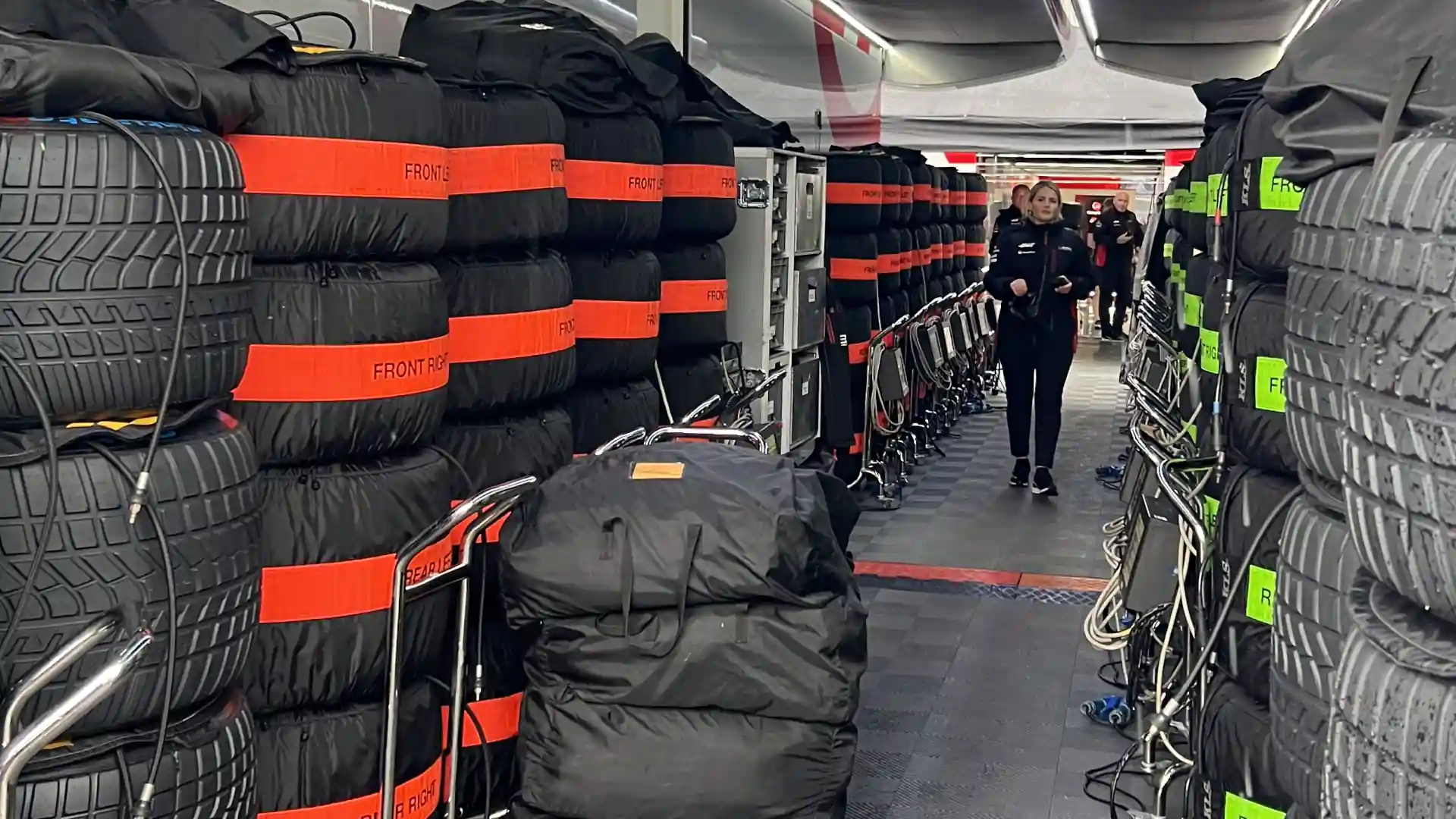Formula 1 legend Ayrton Senna once said:
“If you no longer go for a gap that exists, you're no longer a racing driver.”
Senna may have been talking about the race track, but another glaring gap exists in F1: the gender gap. While young women are by far the highest-growing demographic of the sport’s viewership, female professional representation in F1, and in motorsports in general, is still severely lacking. This is true across the seemingly infinite spectrum of career options and roles available both on and off the race track.
Enter F1 Academy and the Red Bull Racing Pepe Jeans Academy Programme.
Through F1 Academy, Red Bull is living up to Senna’s description of what exactly it means to be a racing driver. In championing female members of the paddock as well as its partnerships with renowned brands like 1Password and Pepe Jeans they are bringing attention to all of the ways women can and should be a part of this community. After all, in order to go for a gap, you have to be able to see it.
This commitment to increasing the representation of women in motorsports was front and center during the custom livery reveal for their very own F1 Academy entrant, Alisha Palmowski.
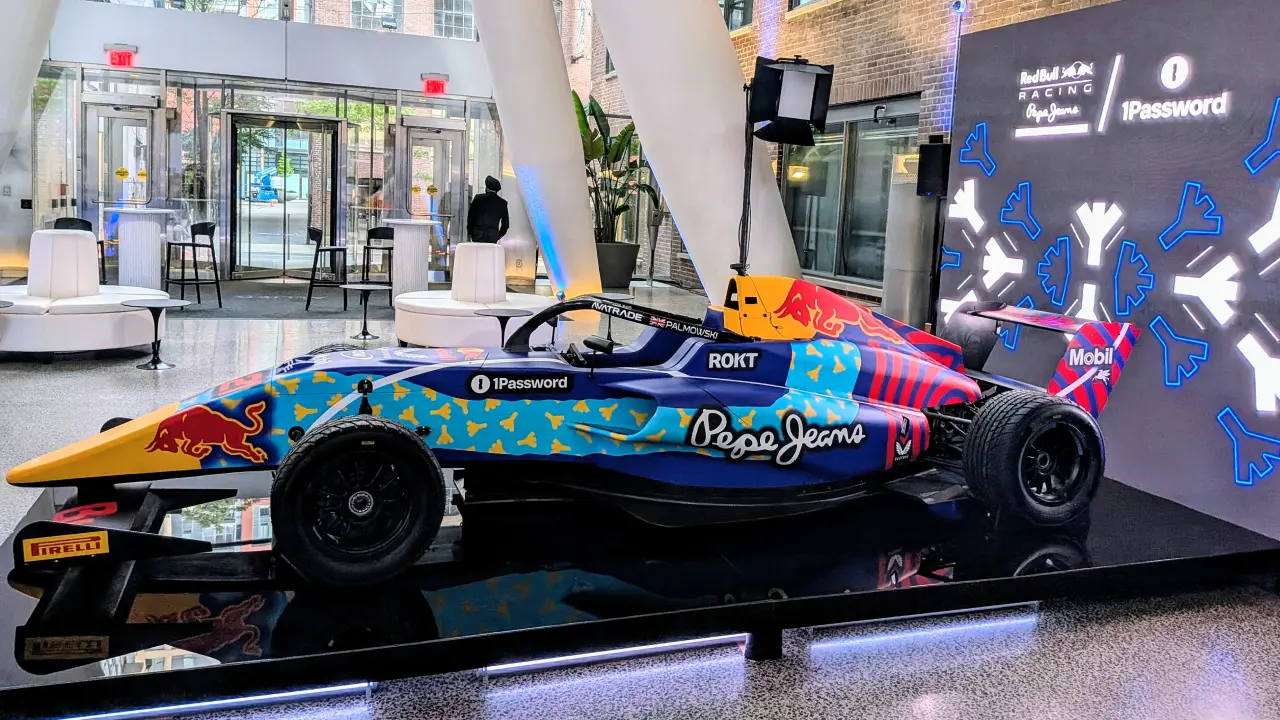
Hosted in Toronto, the event showcased an incredible livery designed by Canadian painter and sculptor Kirsten McCrea, which will be driven by Palmowski during the upcoming Canadian Grand Prix in Montreal. Palmowski was featured on a panel of women, alongside Jeannie de Guzman, COO of 1Password, Anna Pobletts, CTO of Passage by 1Password, Eva Wong, co-founder and COO of financial tech company Borrowell, and Sarah Harrington, Performance coach at Red Bull Racing & Red Bull Technology.
The panelists spoke on a number of topics, from what inspired them to pursue their respective fields, to their own personal strengths as individuals. Yet one point stood out: the key to opening all possible doors for women to enter the motorsport space is showing that the doors are there in the first place.
In a Q&A portion of the panel, Harrington spoke about the impact of F1 Academy in that respect. “Part of the big process of F1 Academy is creating this platform for the next generation, and Alisha [Palmowski] is making that possible. We're already seeing the numbers start to rise off the back of the movement. It's really promising.”
F1 Academy has done tremendous work in bringing to light the exceptional talent of the women behind the wheel and beyond. Since its inception in 2022, the popularity of the series has skyrocketed, and key collaborations with women-lead organizations such as those present at this event have only helped raise awareness about the opportunities available to all in motorsports.
De Guzman touched on this point, saying, “I think this event is really important and special to all of us here today. It's kind of the event where you have two industries seemingly unrelated on the surface–you have motorsport and you have cyber security. Historically, these two industries have been primarily male-dominated, and I think that's a generally accepted understanding.
“And so the fact that two industries, two teams, two winning teams in those industries can come together and become a force to help accelerate filling that gap, and getting a little bit better, and seeing more progress is a really special thing.”
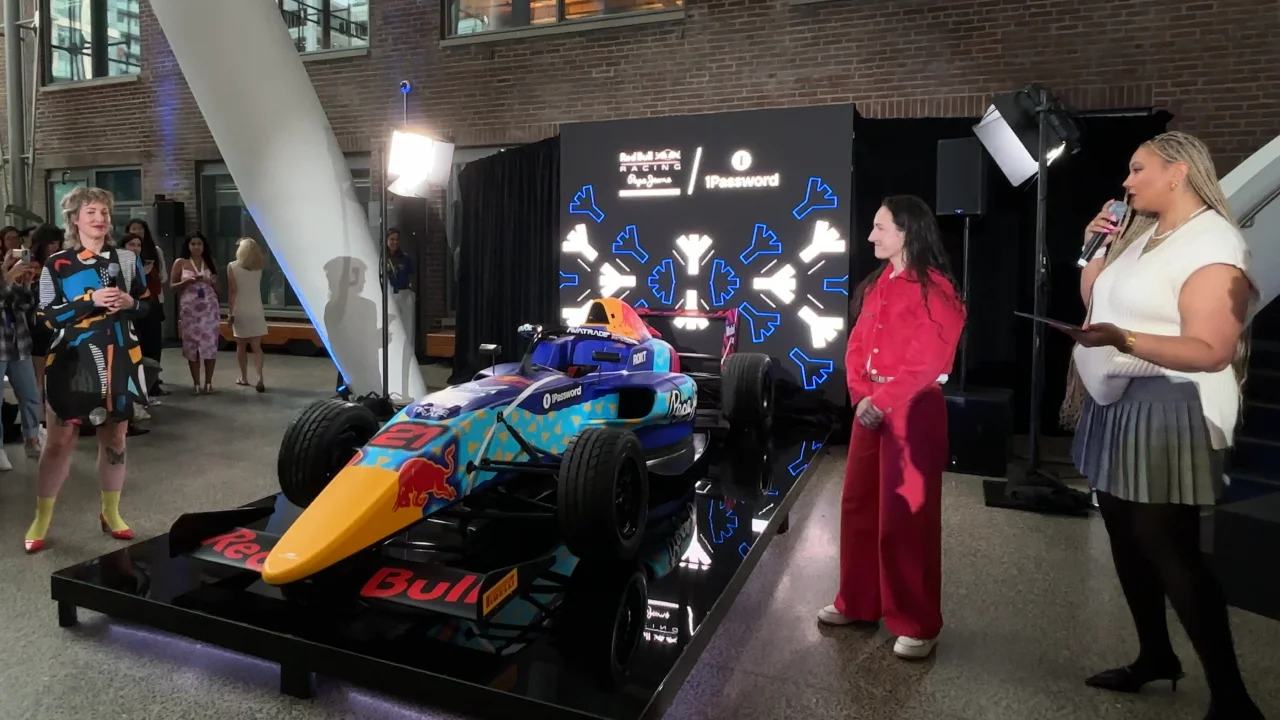
But there is still work to be done.
During the Q&A, Palmowski recalled her own experiences in this respect as a young girl. “For females within motorsport, I think what's caused the gap is the lack of visibility, to be honest, and the lack of role models within the sport,” she pointed out.
“Personally, if I talk about my experience, if I rewind to when I was five, six years old, I've always been a huge Formula 1 fan growing up with the influence of motorsport around me, always had it on the TV, [and] there was just such a lack of female representation in general. Not just from the driving perspective, but there were hardly any female engineers, hardly any female mechanics, not many females in the media.
“So I just never even realized that motorsport was a potential career avenue that was available to me, so I never even considered it.”
Motorsports offer an incredible diversity of career paths and job opportunities, from the drivers themselves to STEM-focused roles, like engineers, and more creative ones, like photographers. Still, the people filling all of those roles are overwhelmingly male.
But F1 Academy is helping change that.
On that, Palmowski said, “I think now, with the opportunity that F1 Academy brings, it should mean that when the next generation of five to six year olds turn on the TV, they should see 18 young females racing around the globe. They should see all the female engineers, performance coaches, people in the media. So it should inspire them to hopefully get involved in the sport, realize that there's opportunities, and increase the overall female participation for women sport.”
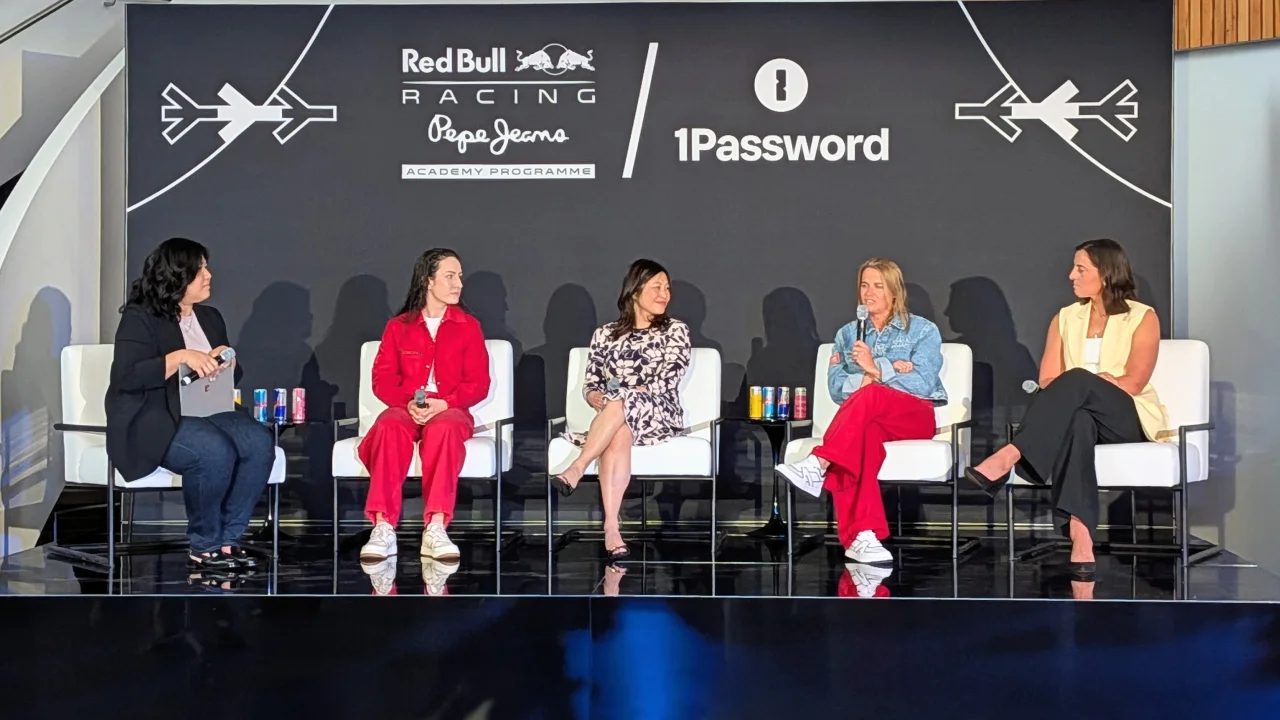
Representation of women in all facets of the industry is truly the key to closing the gender gap in F1. And this applies to not just the paddock directly, but beyond it as well. Partnerships with brands like 1Password and Pepe Jeans, and artists like McCrea, display the seamless crossover between motorsports and technical fields like cybersecurity and finance, as well as creative ones like fashion and art. Through such collaborations, the range of opportunities available in motorsports compounds exponentially.
Yet gender diversity across roles in those fields can often be lacking as well. Pobletts spoke about how this manifests in the tech industry during the Q&A session, and her hopes for how such fields will shift in the future.
“What I found a lot is we're starting to get more women in a lot of these really technical fields but they're often like then encouraged or pushed into management roles,” she said, “which is kind of disappointing, because I want to encourage them to choose that path for themselves and not feel pushed into it and then kind of get stuck somewhere in the middle.
“So I feel like at one pass we're really lucky we have people like Jeannie [de Guzman] in our C-suite who can really like represent at that executive level, which is amazing, but I really want to see more women in those like lower and middle levels too, really being super deeply technical, and really passionate about that. That really excites me.”
Both Palmowski and Pobletts bring up an excellent point: closing the gender gap means acknowledging that there is space for women in every single corner of a given industry. Red Bull and F1 Academy are helping to do just that within motorsports, by increasing visibility of female athletes, engineers, and members of the paddock, and by collaborating with women-lead organizations like those featured at this event. And in doing so, they are showing that the breadth of opportunities for women in motorsports can be infinite.
Senna may have said that a true racing driver will always go for a gap, but it is impossible to do so if you can’t see it. Red Bull and the F1 Academy are helping put a spotlight on the gender gap. And in doing so, they are empowering women to find their space in motorsports and, like Senna himself, go for it without any hesitation.
Want to learn more about Oracle Red Bull Racing's partnership with Pepe Jeans? Hear directly from Alice Menahem on her role as Global Marketing and Distribution Director.

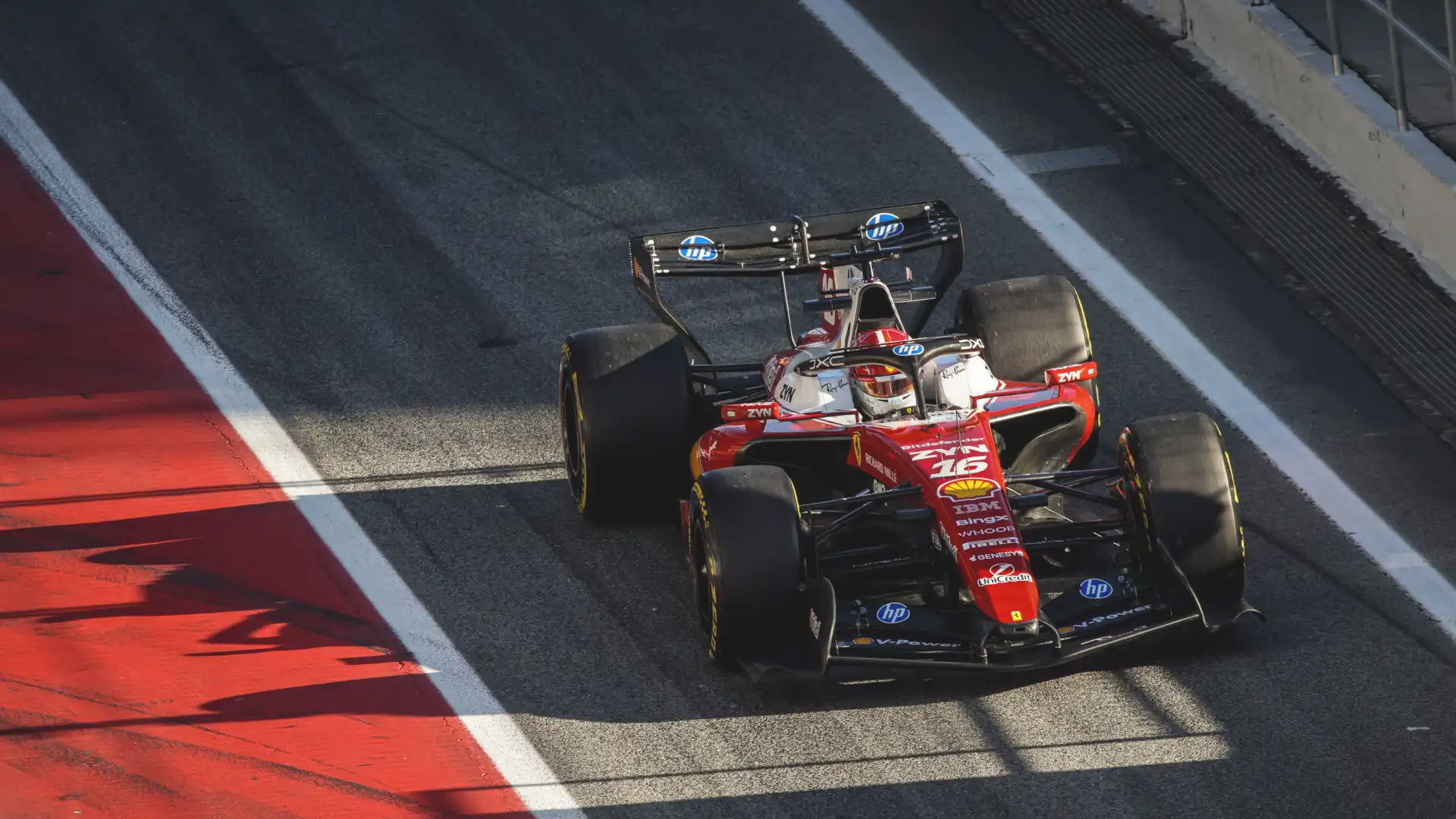
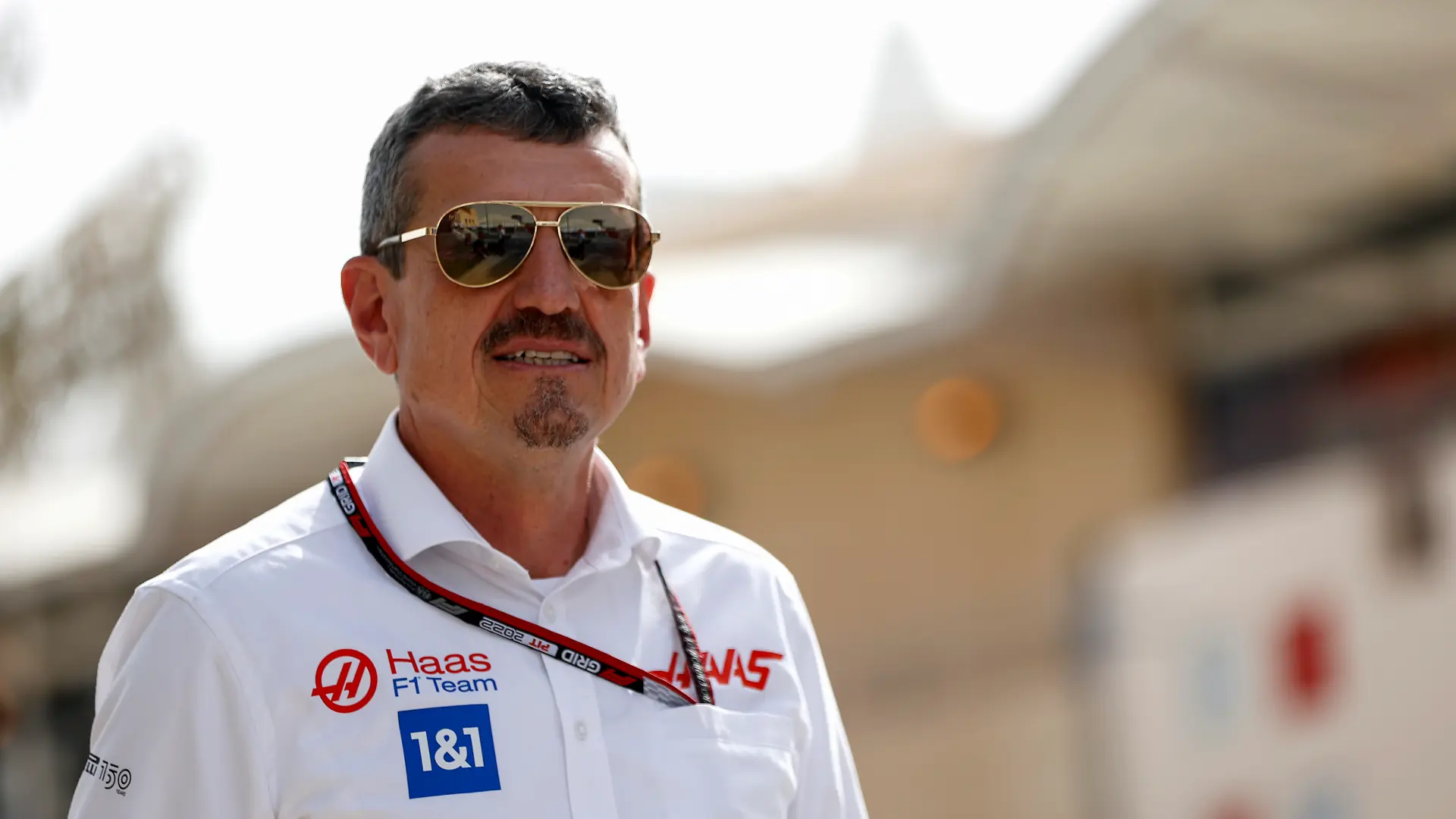
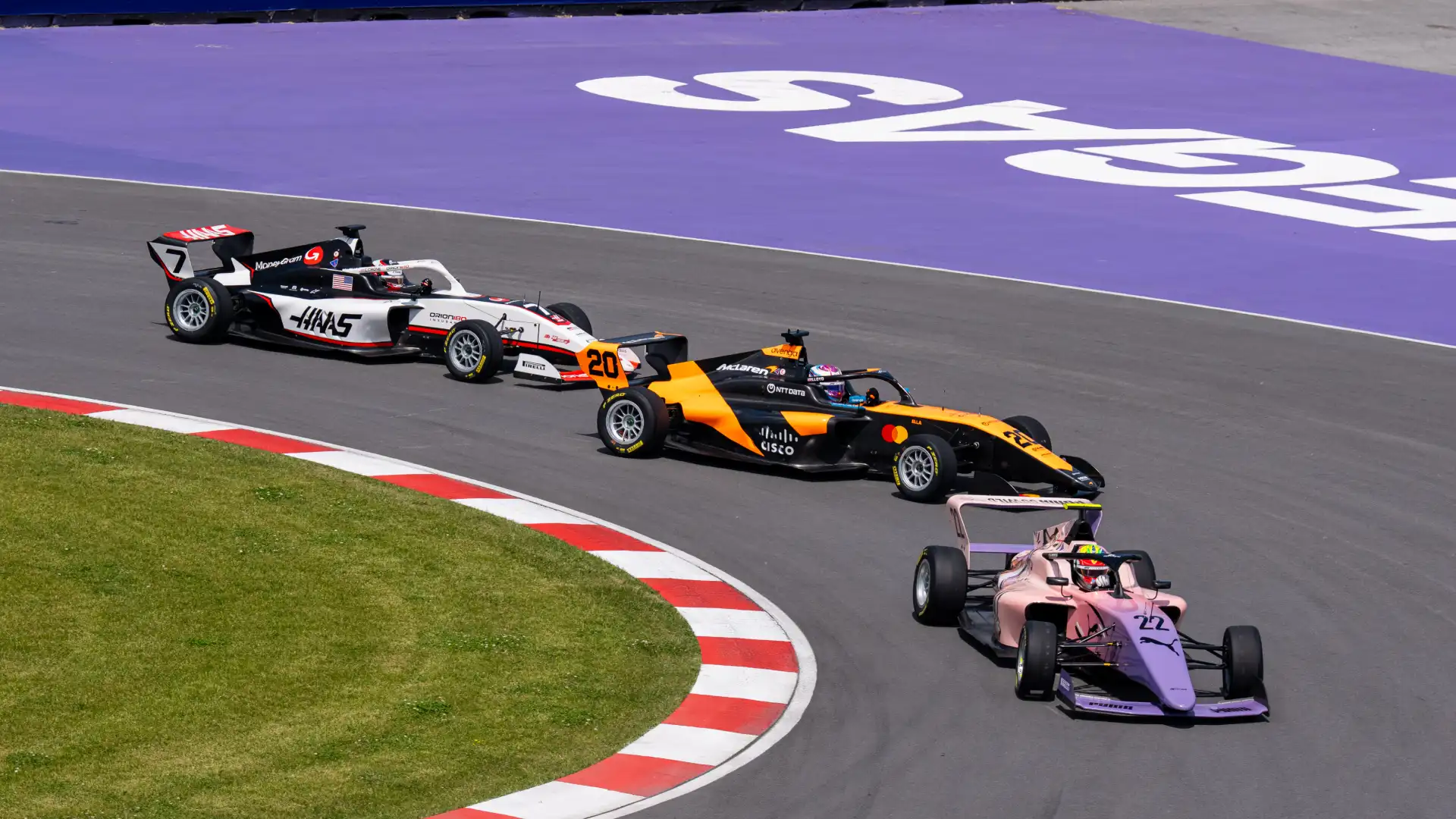
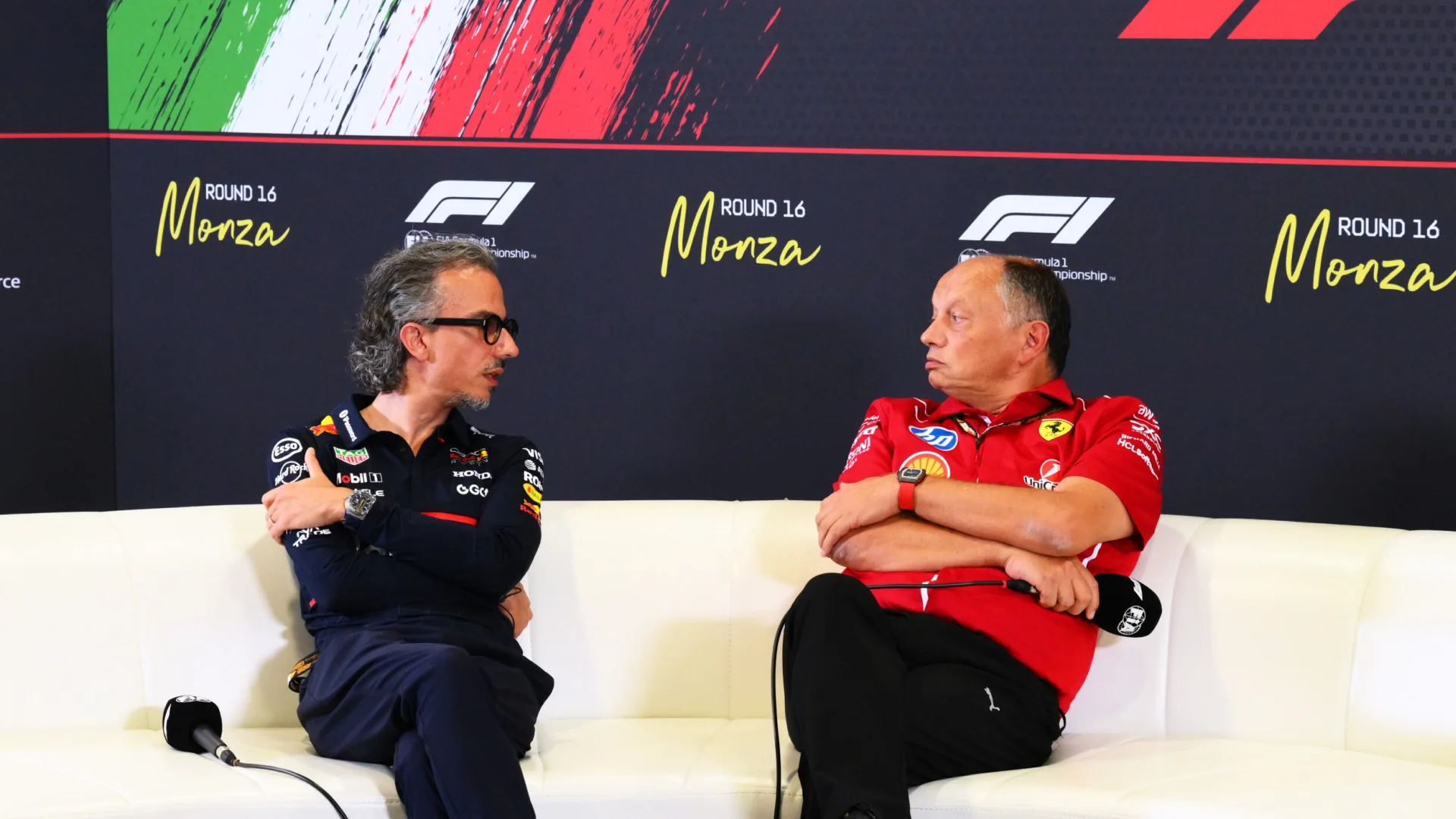
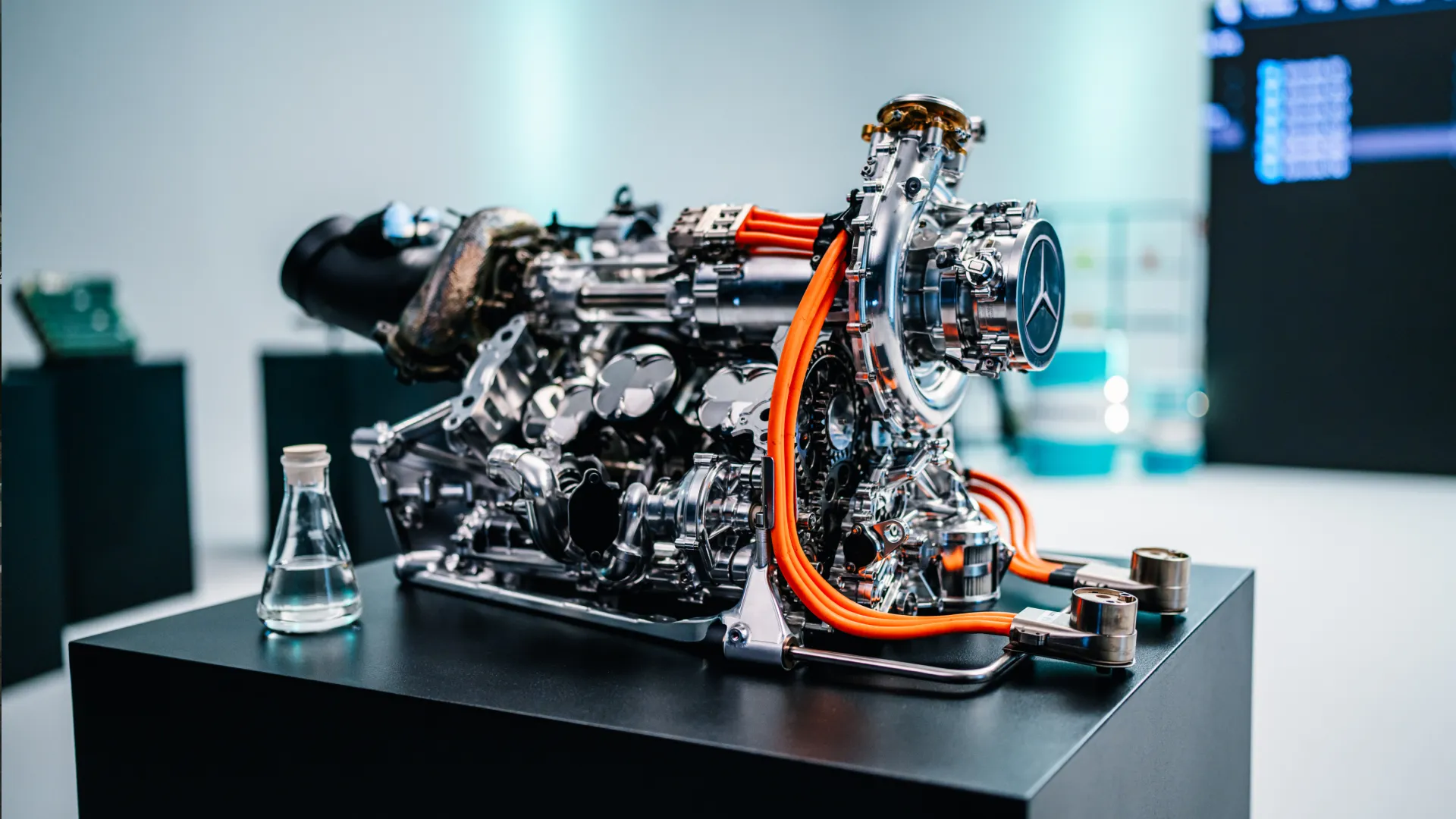
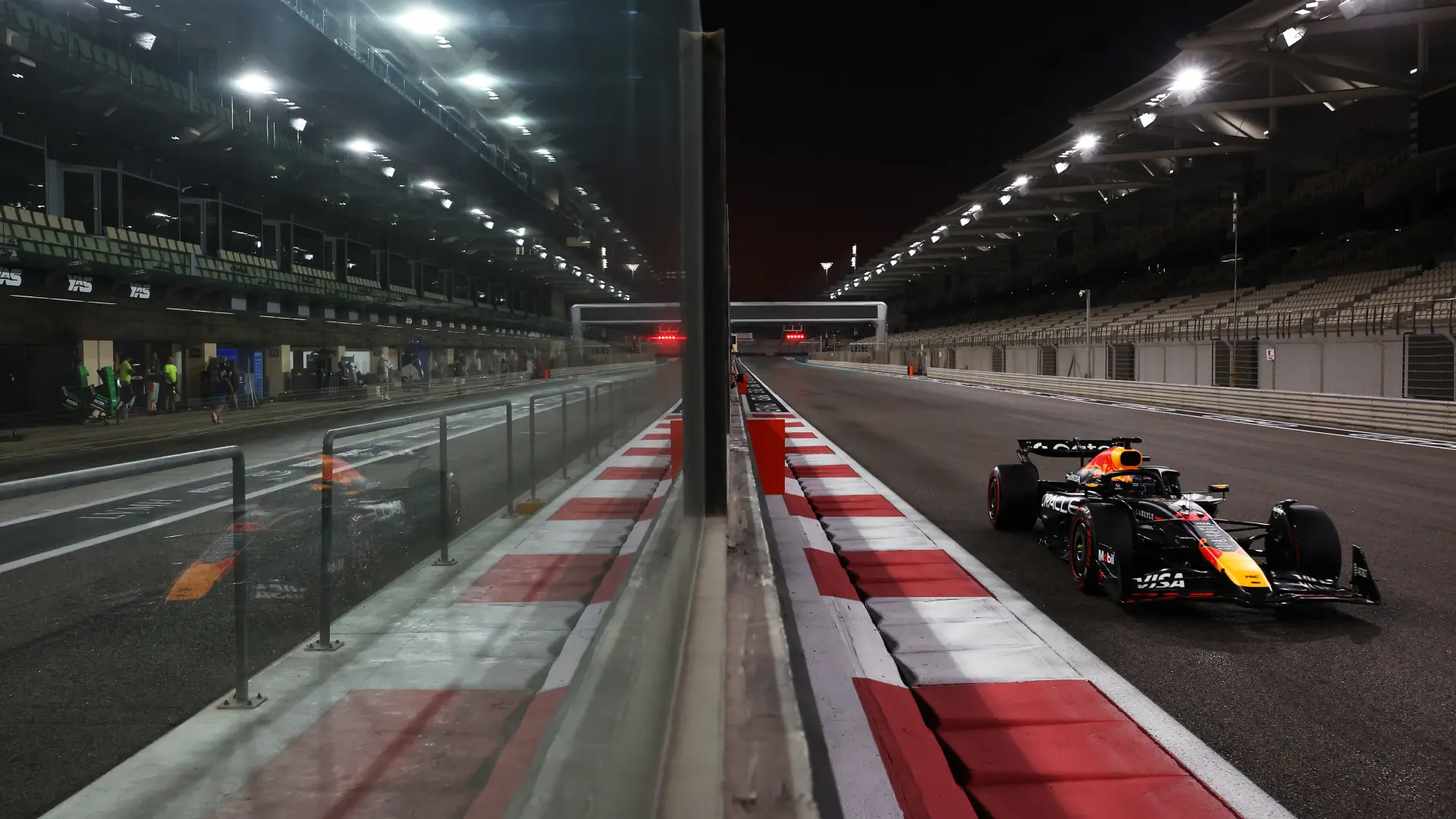
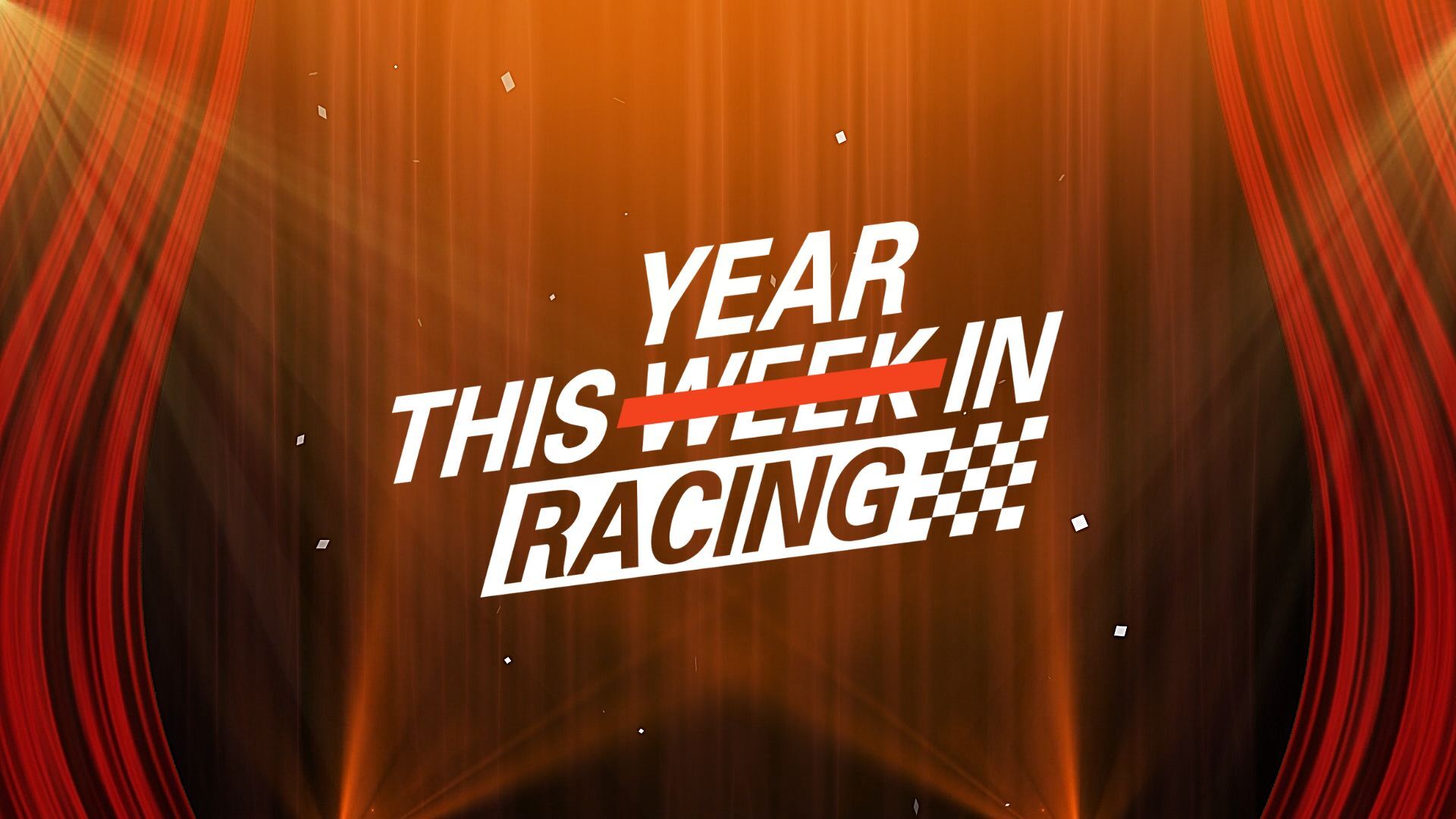
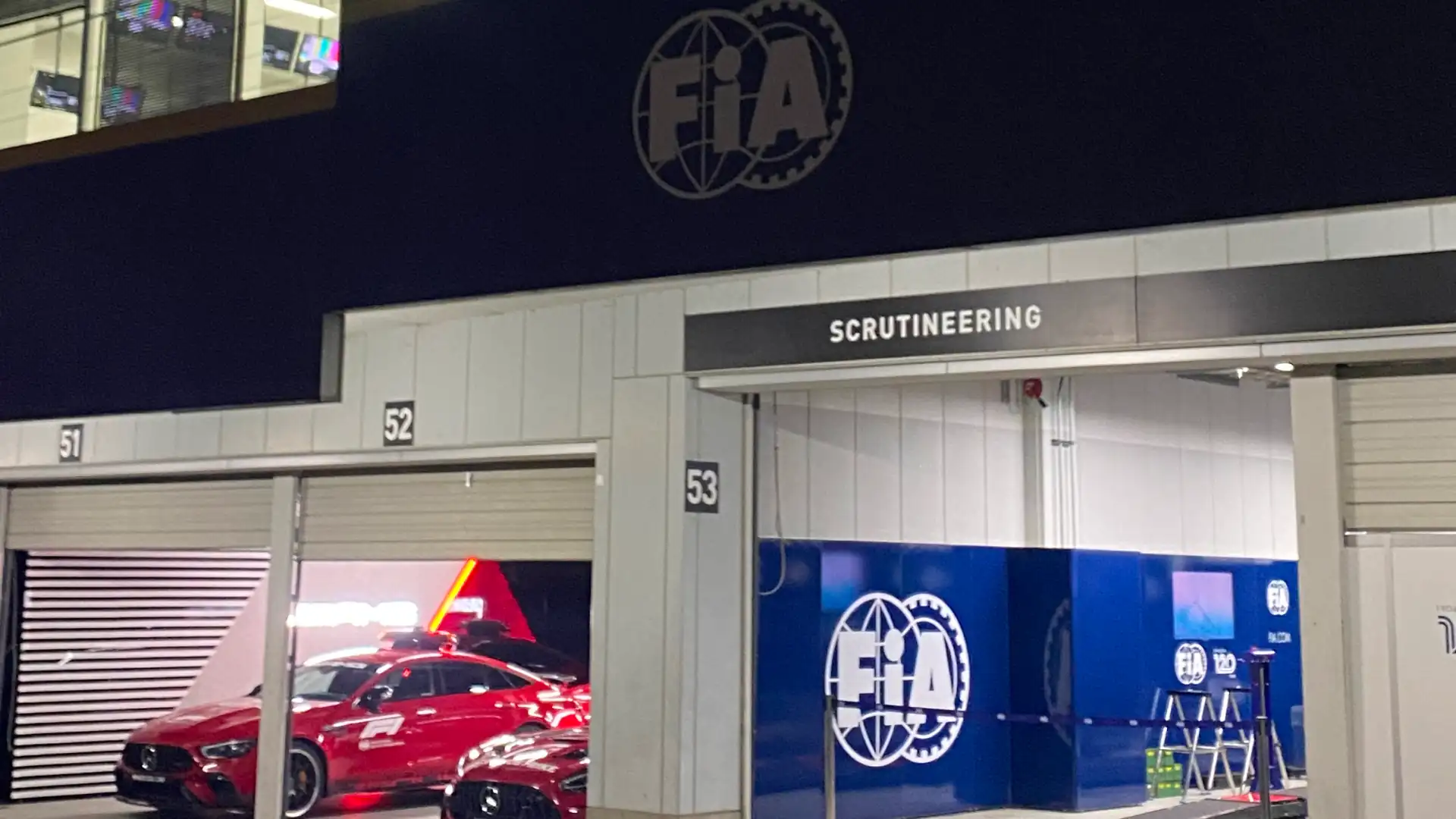
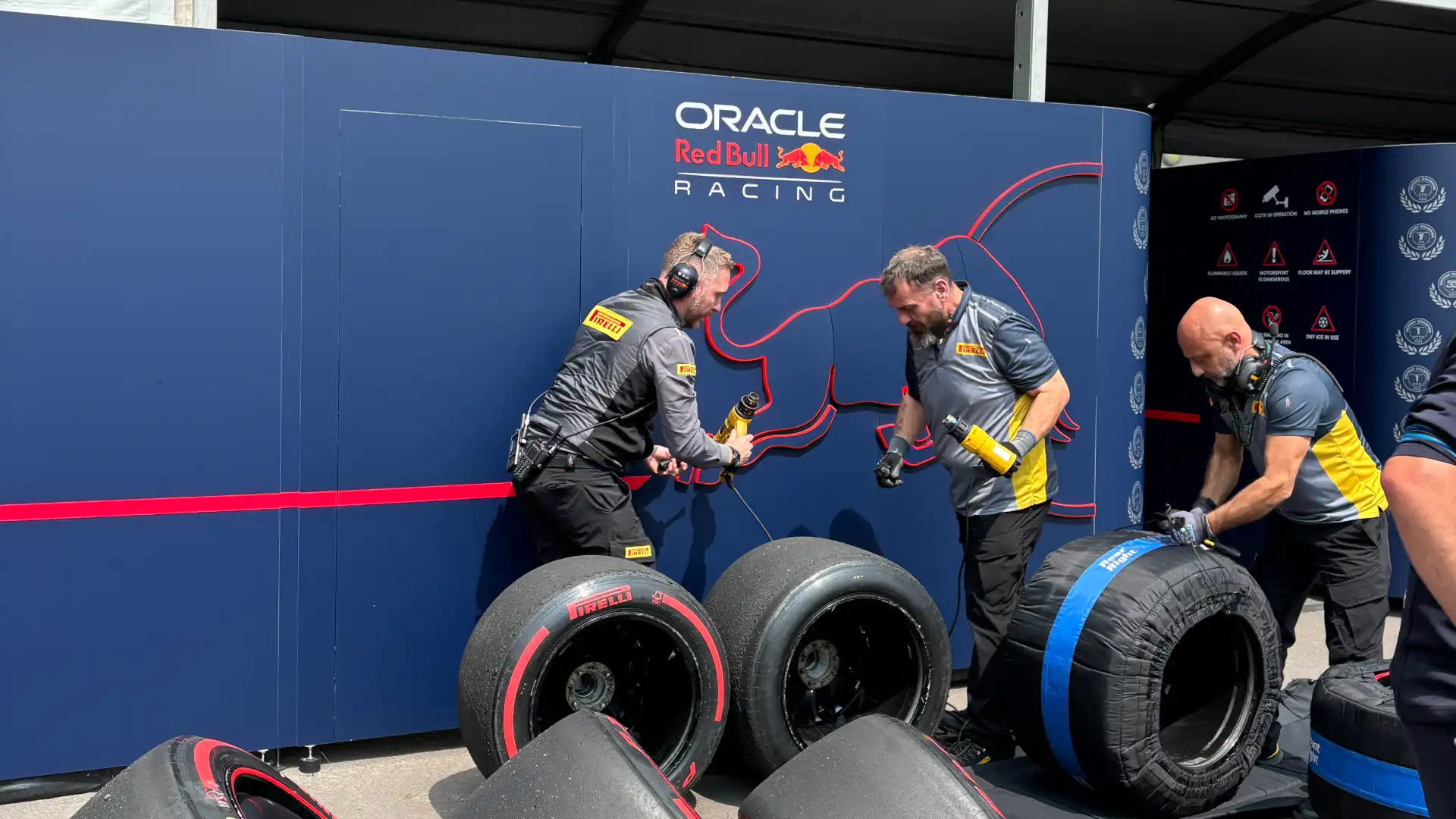
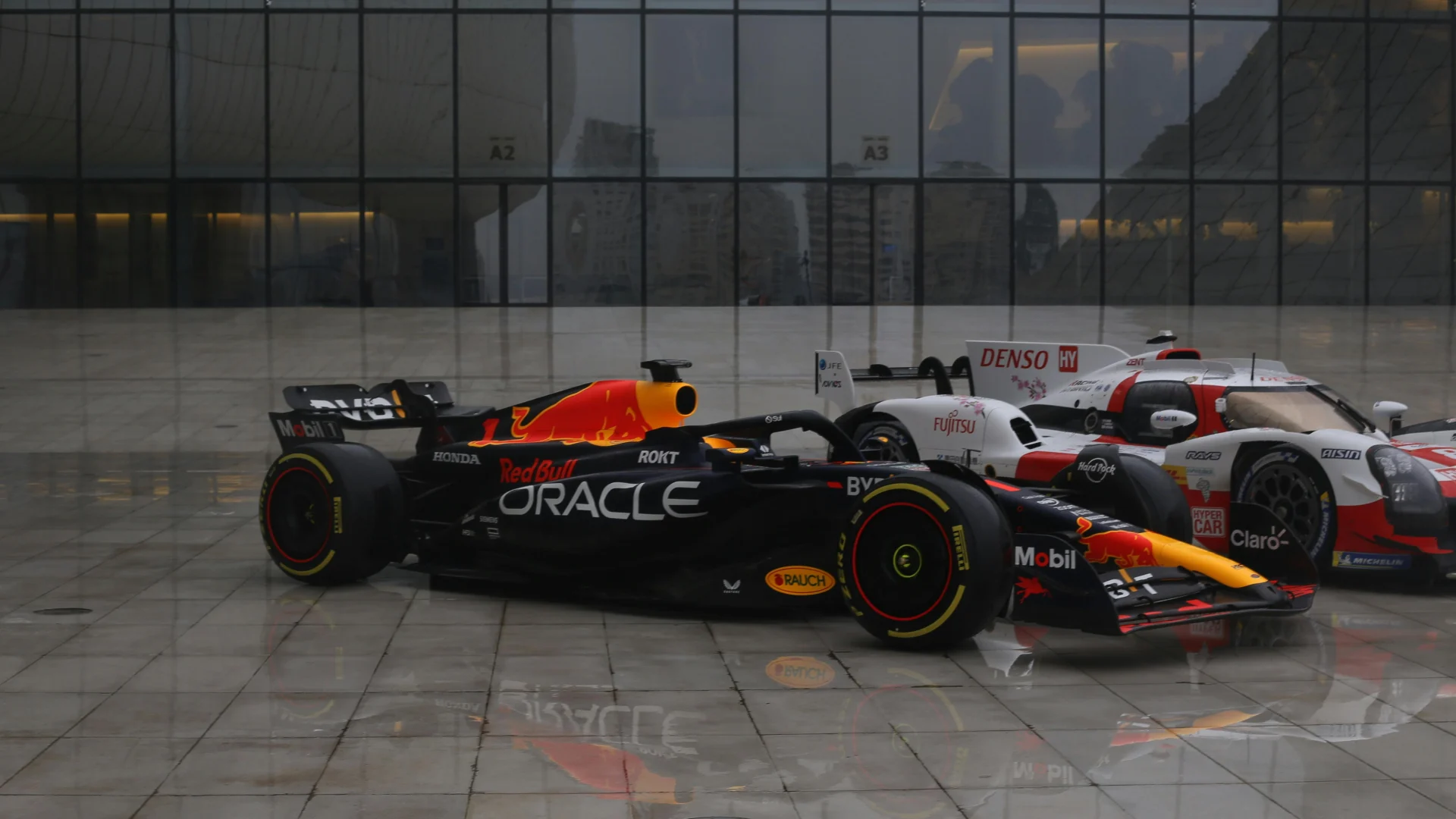

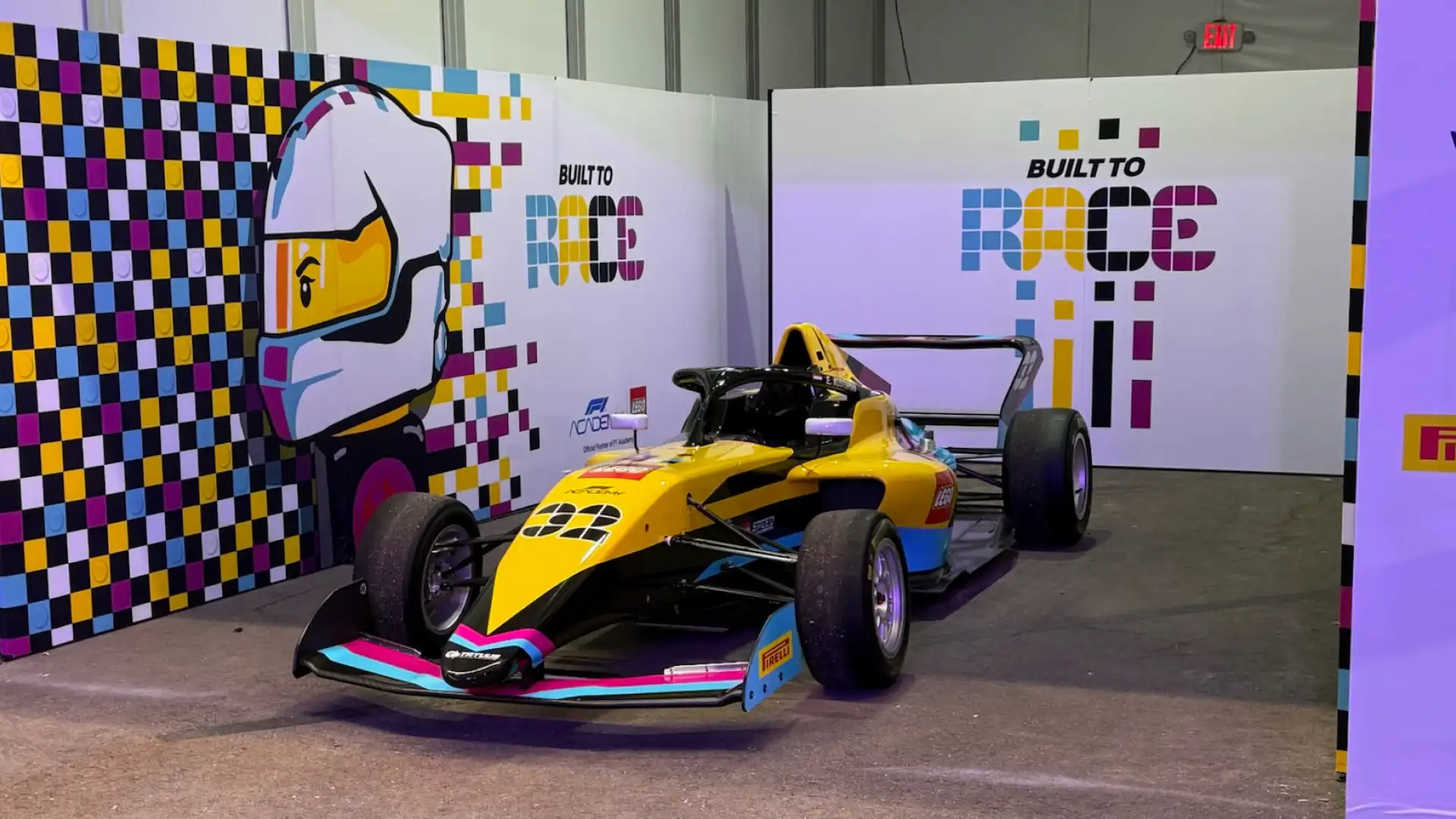
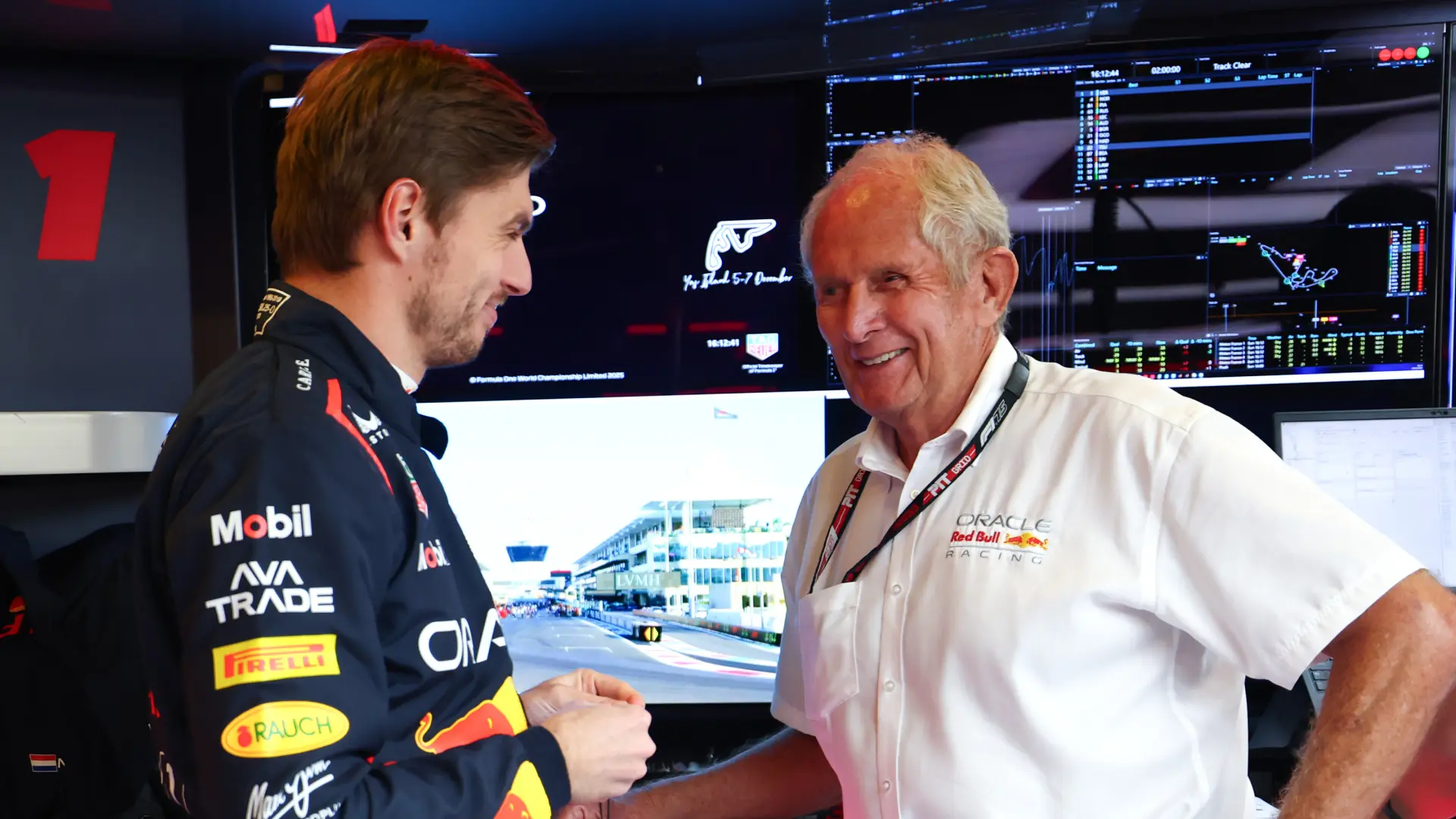
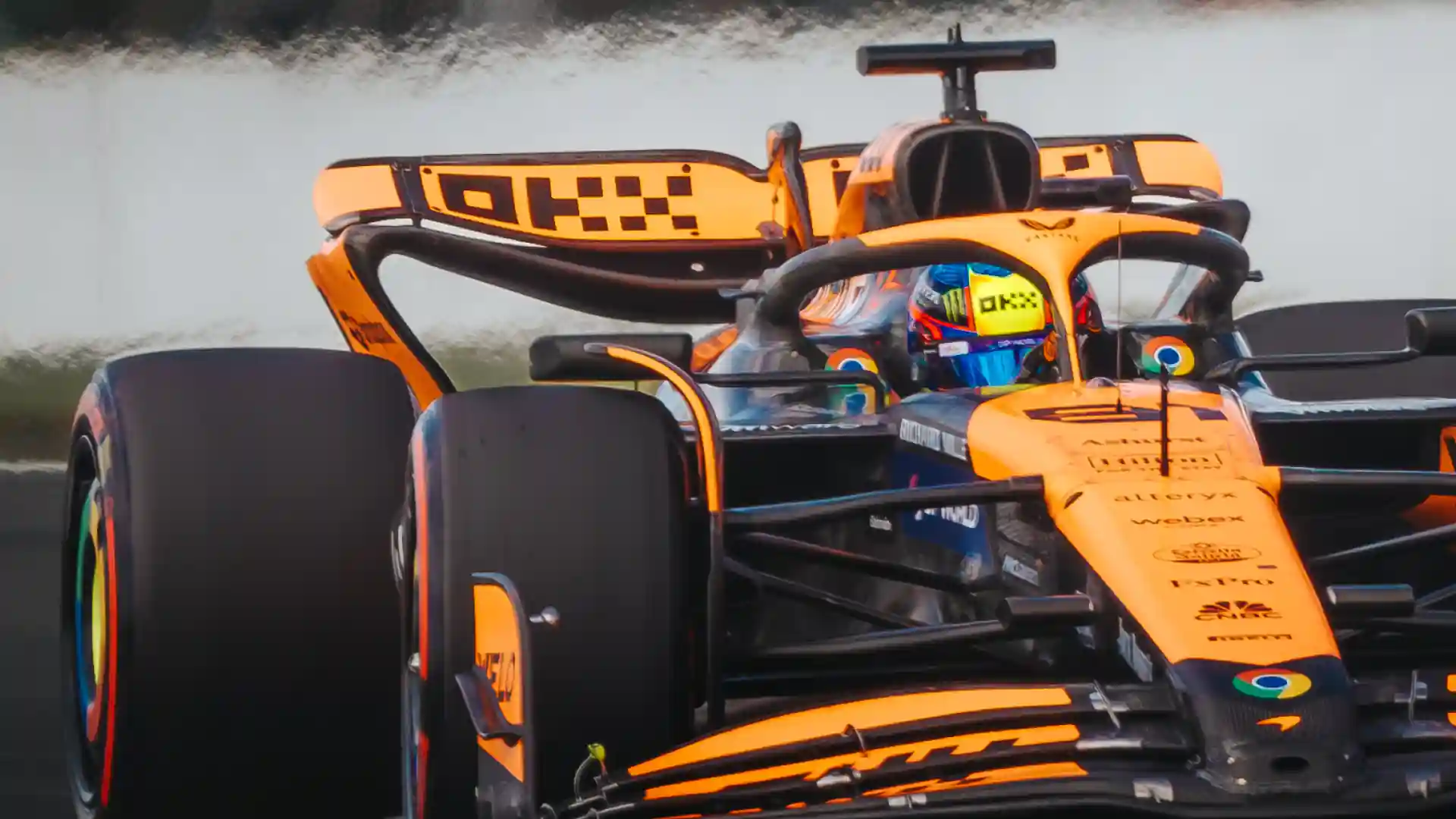


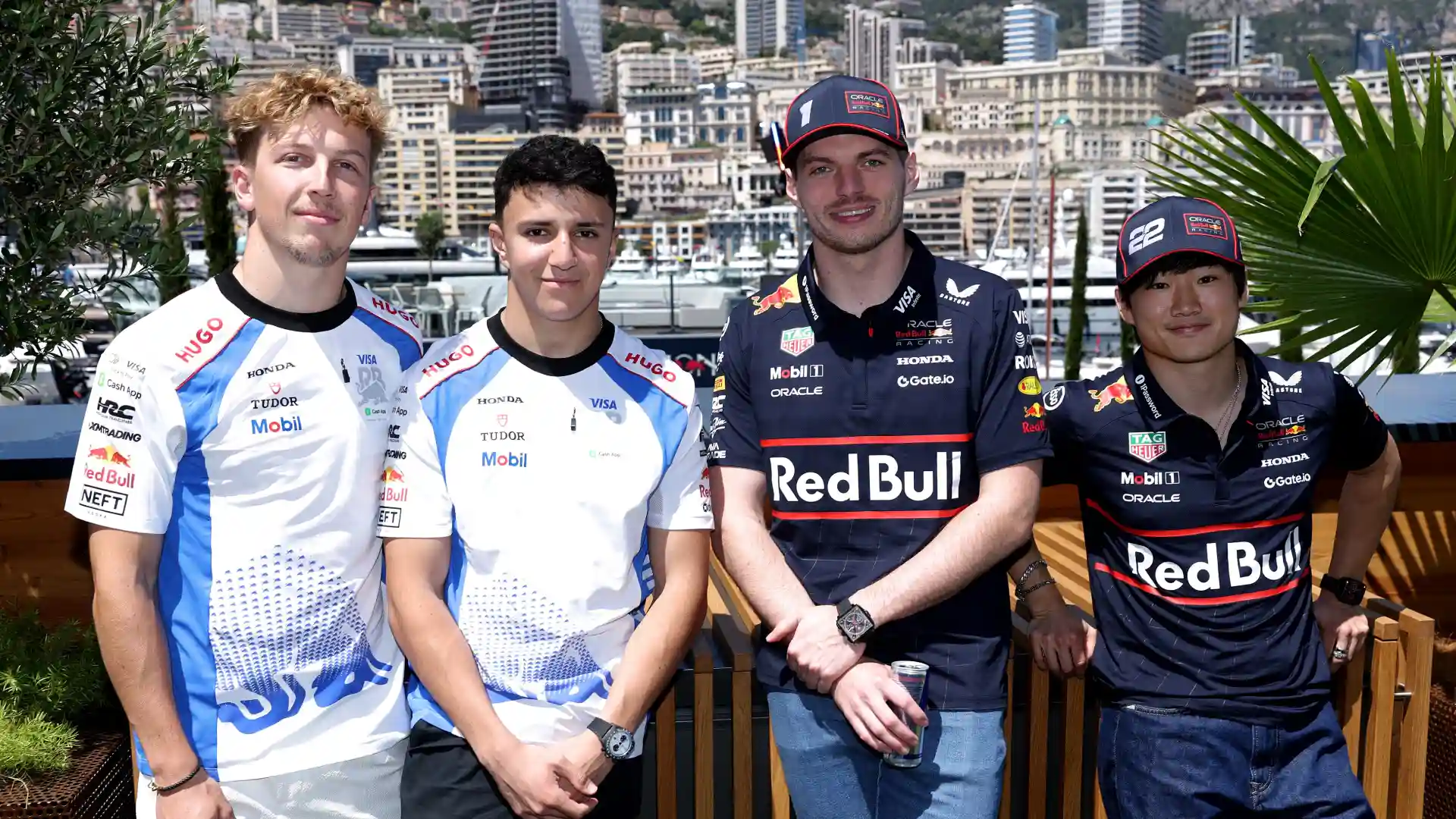
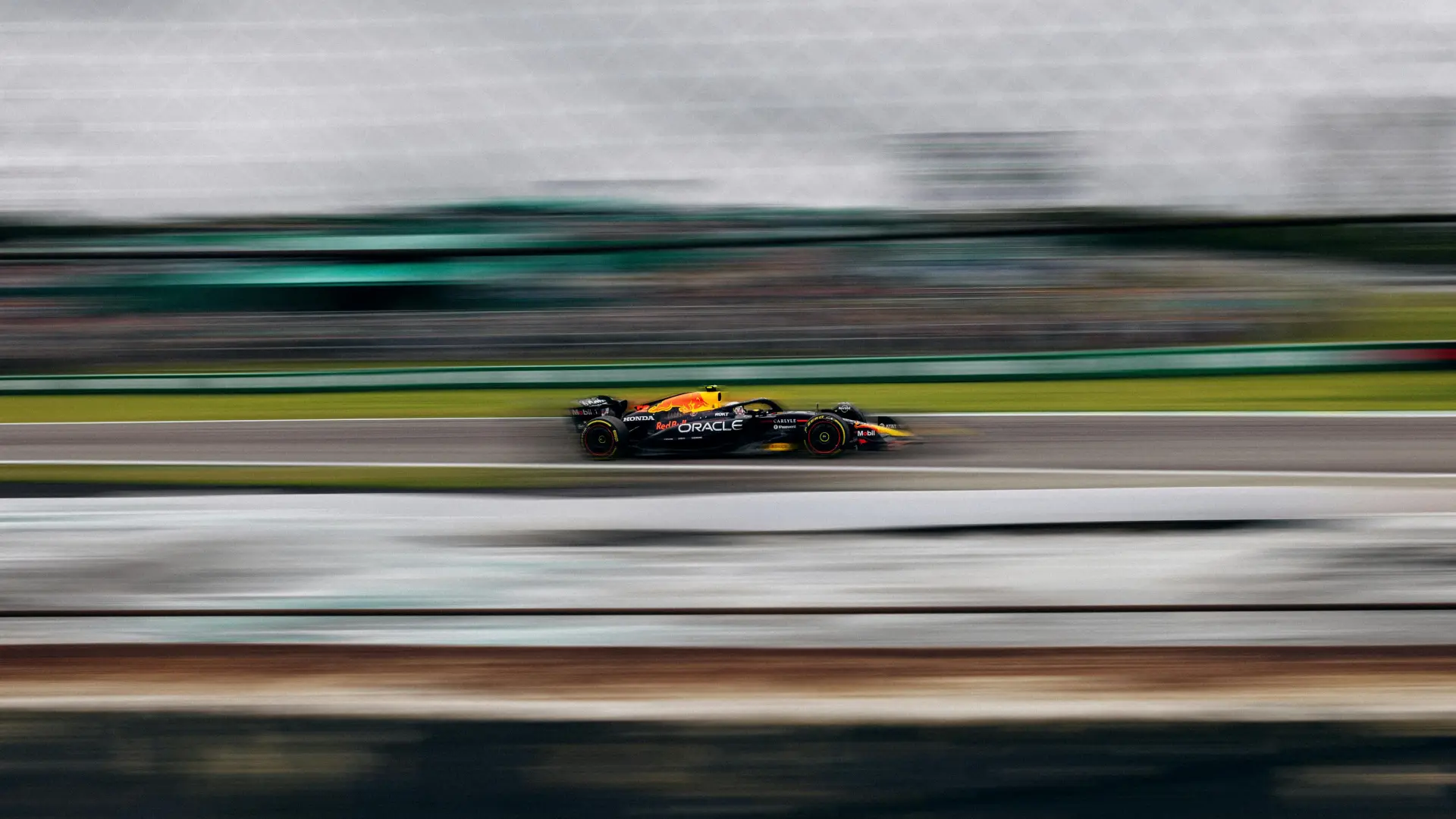
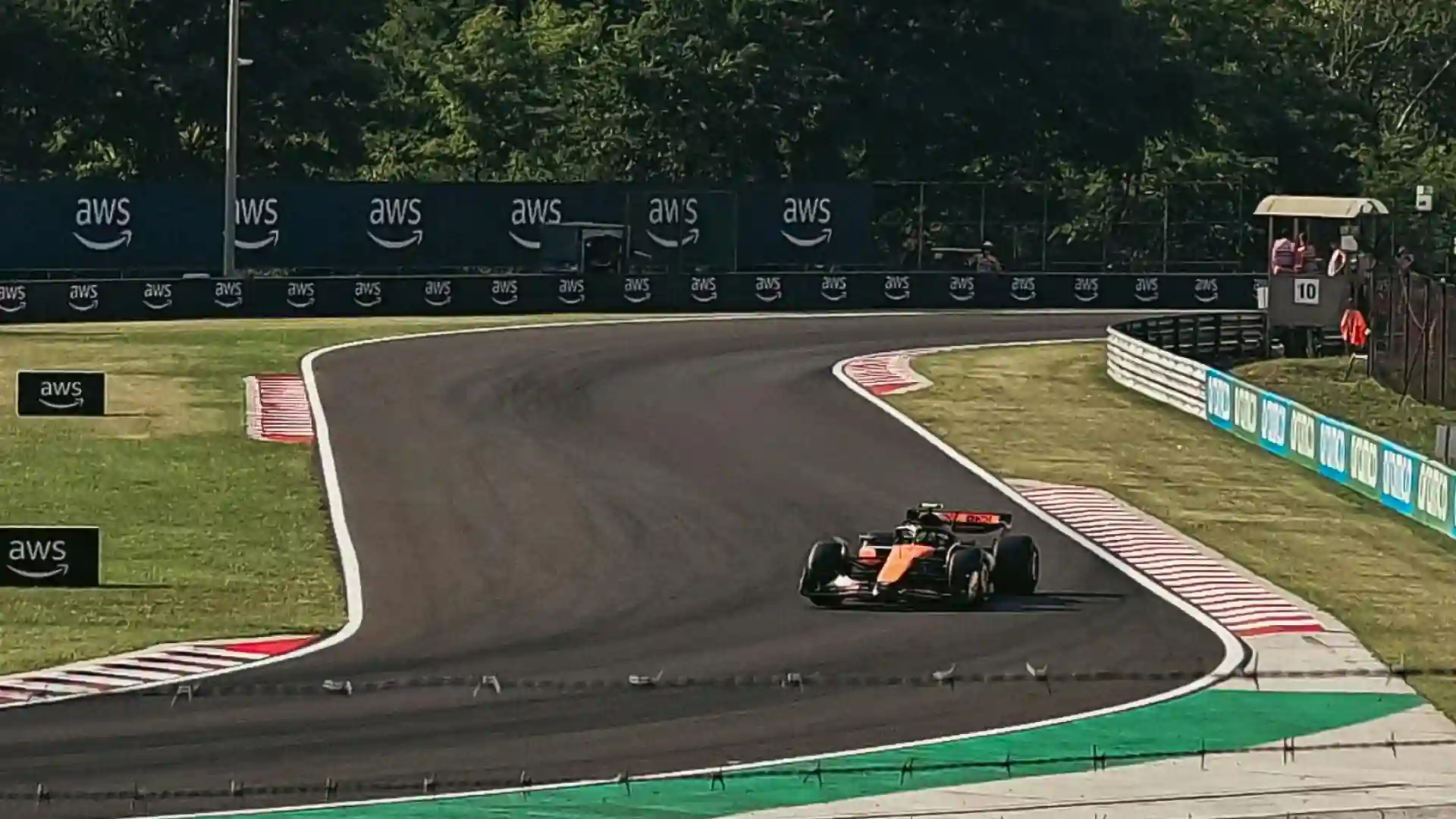
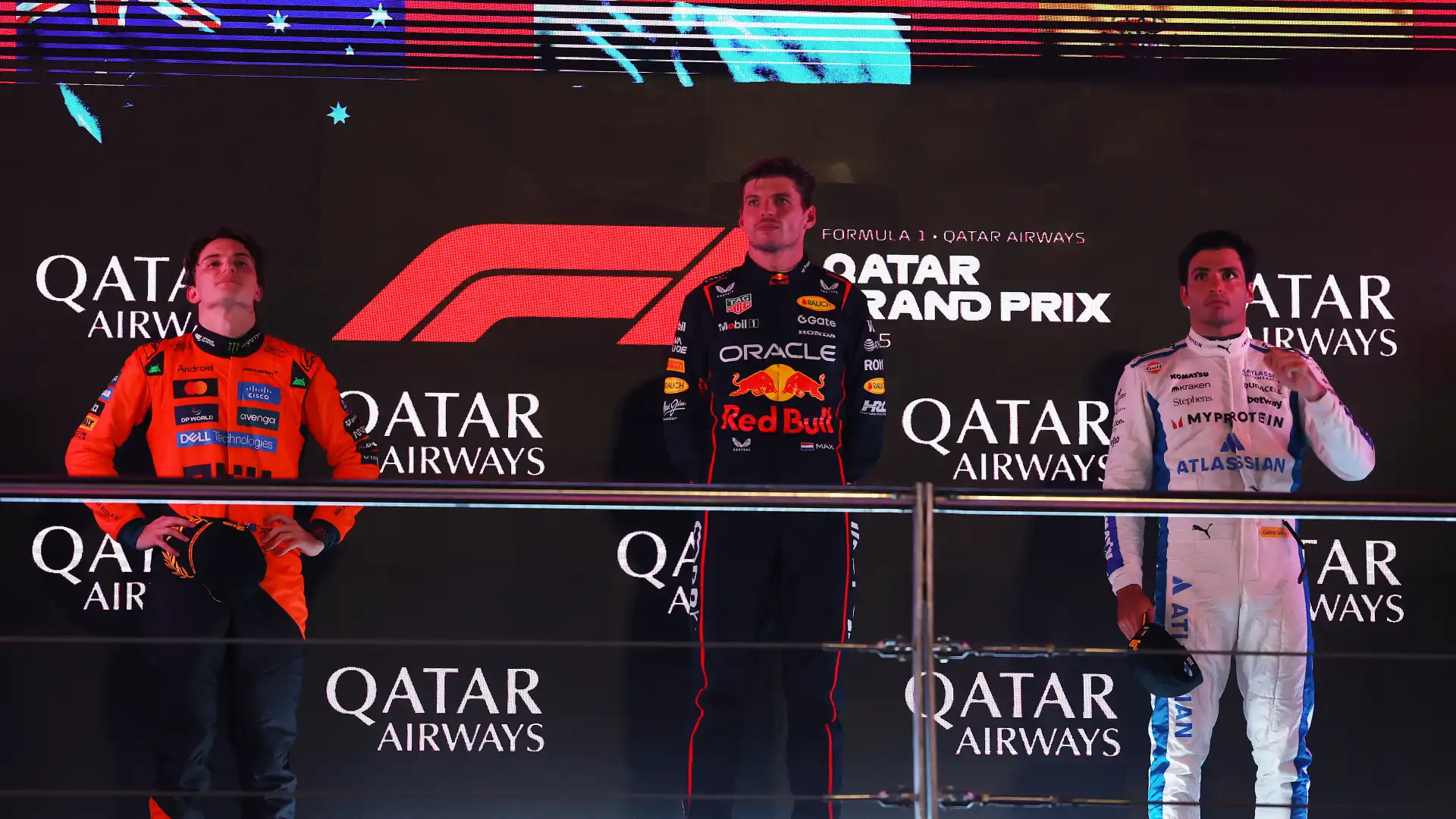
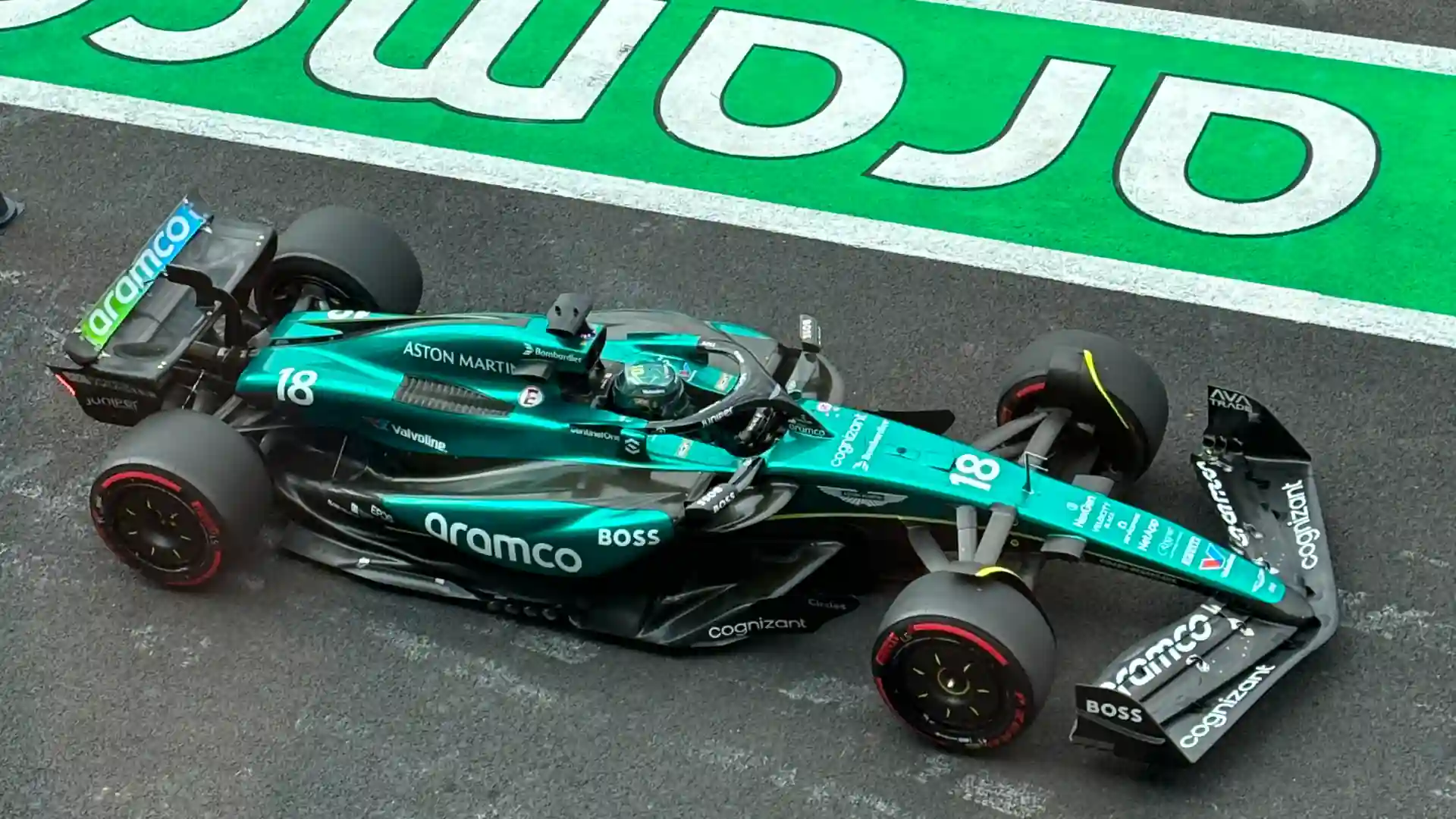

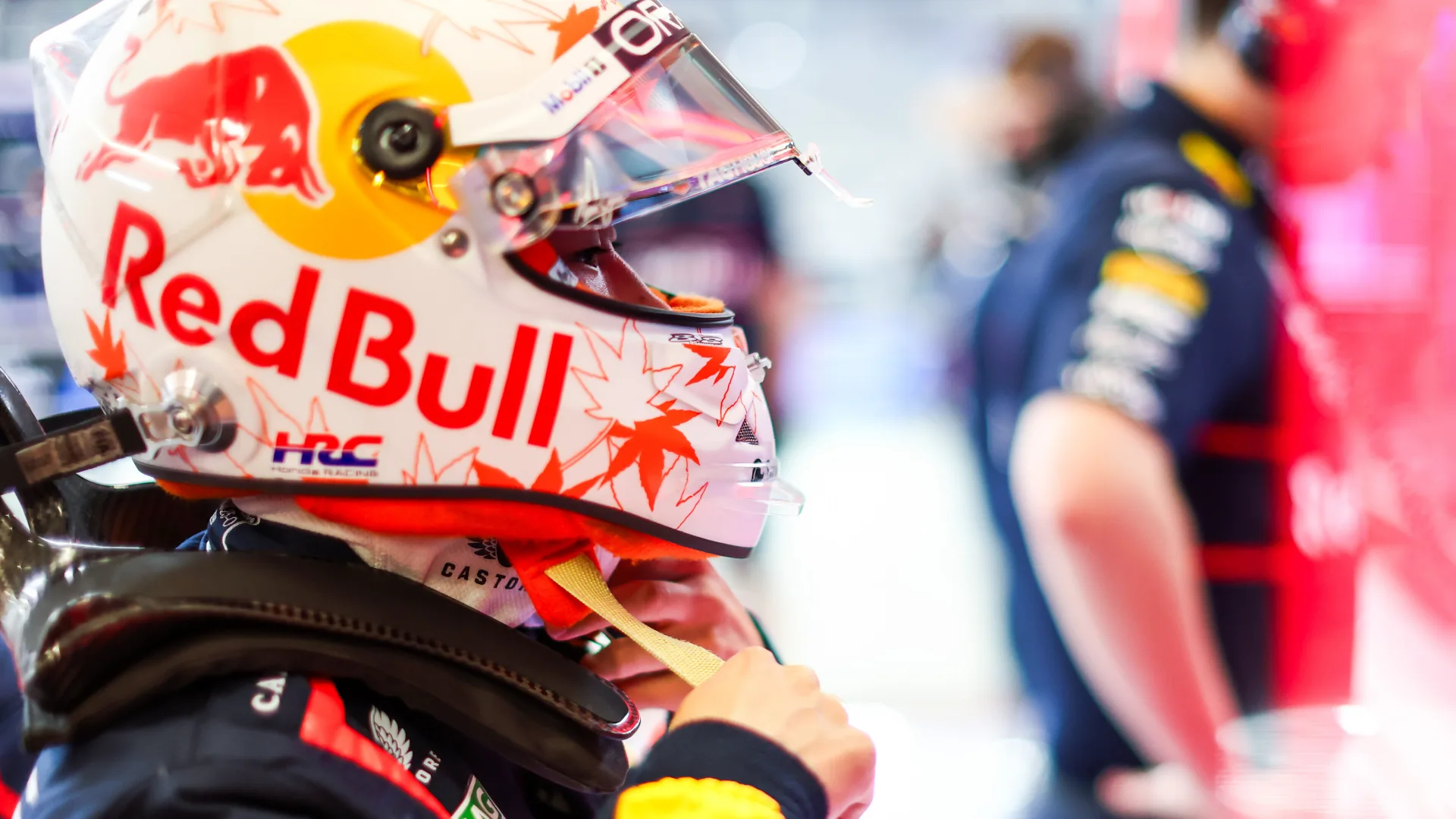
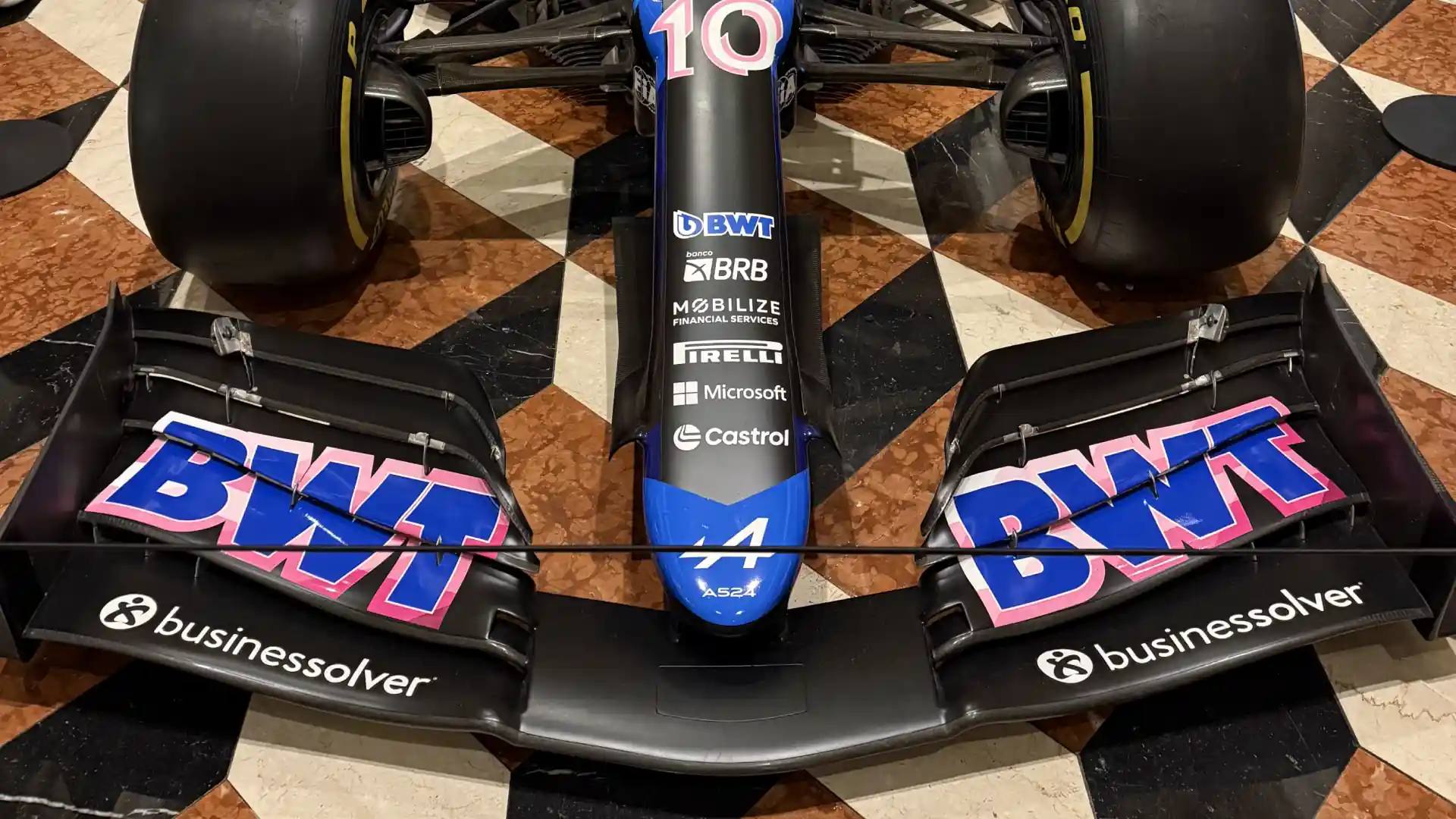
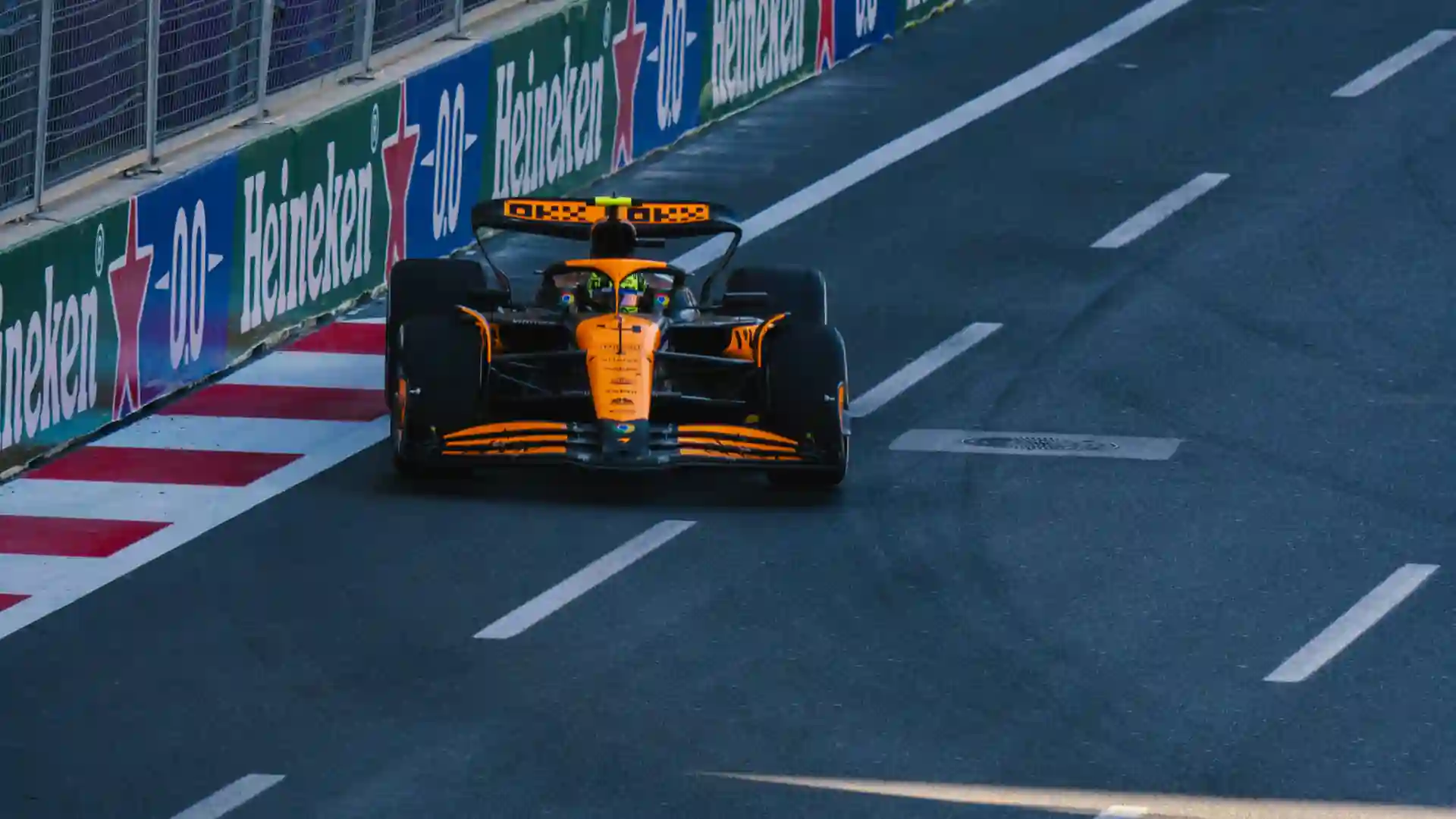
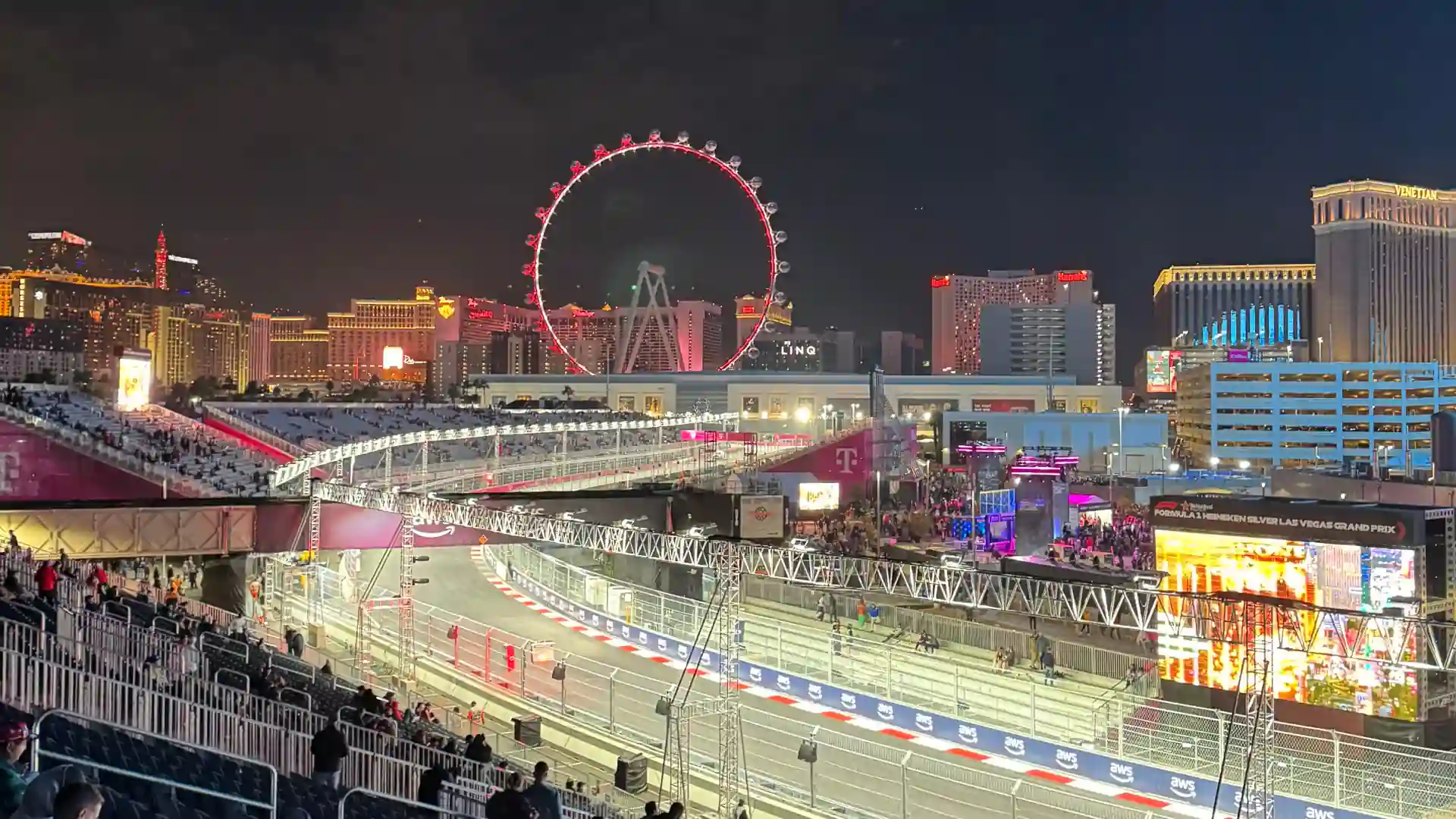
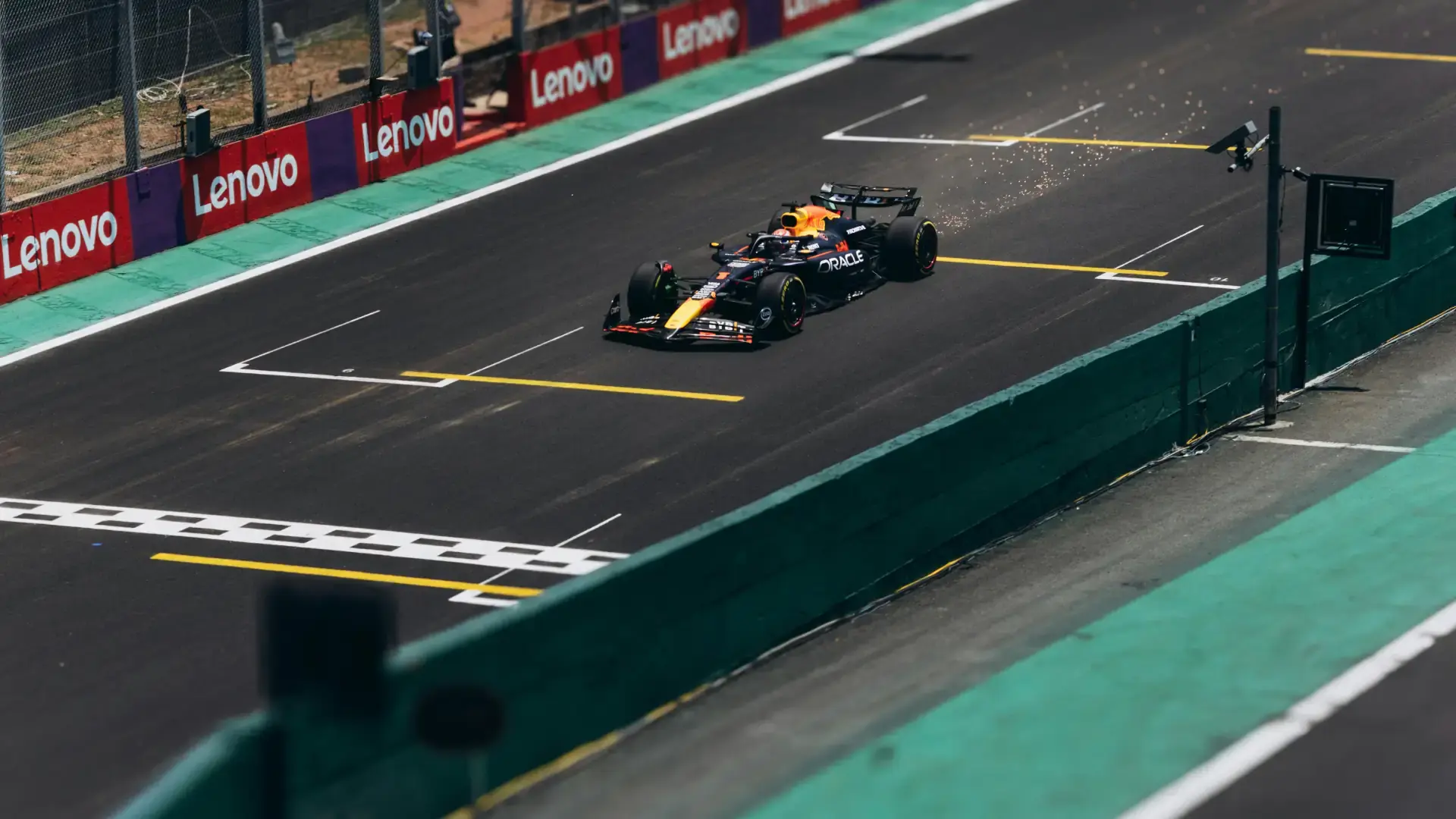

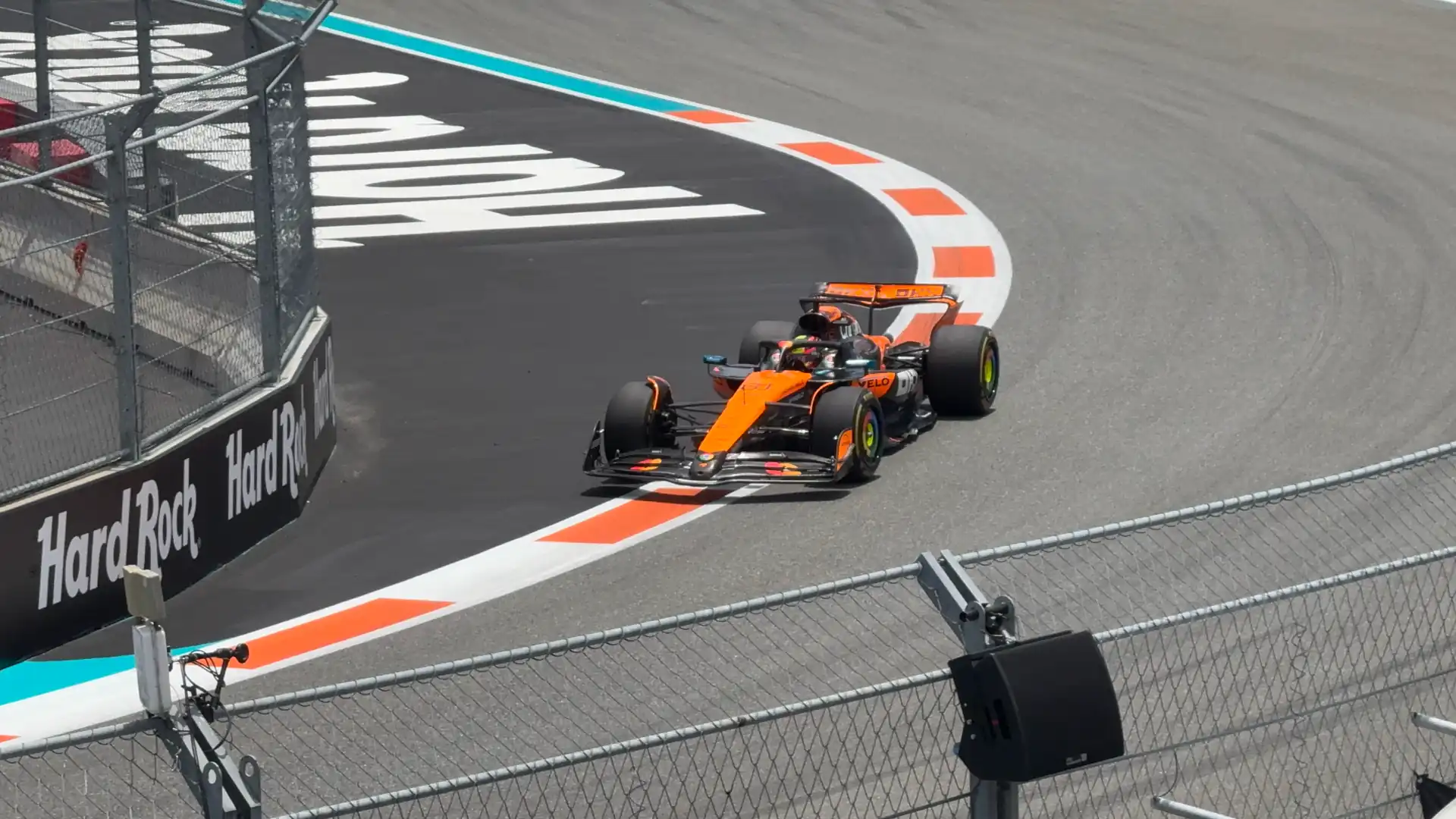
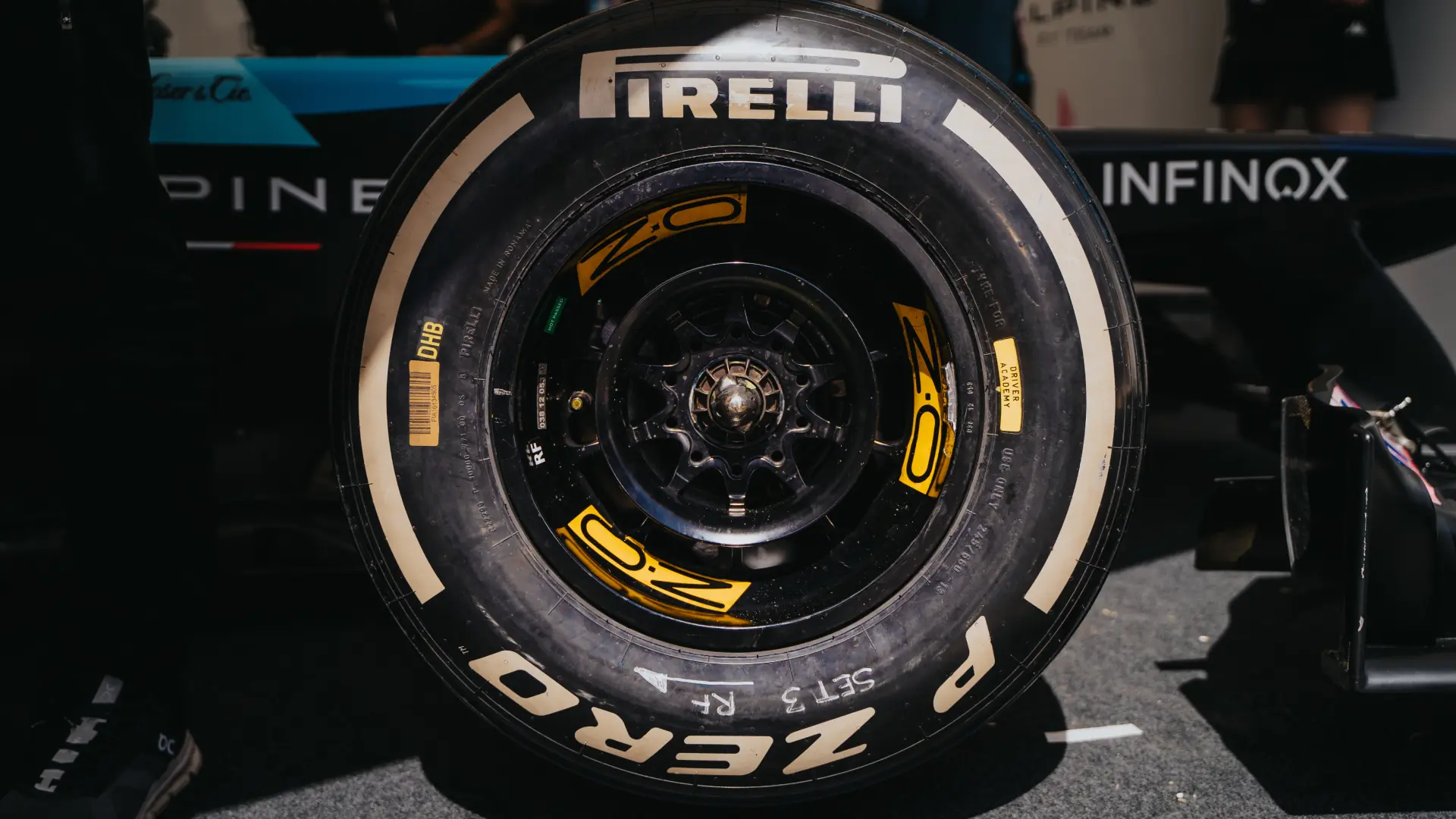
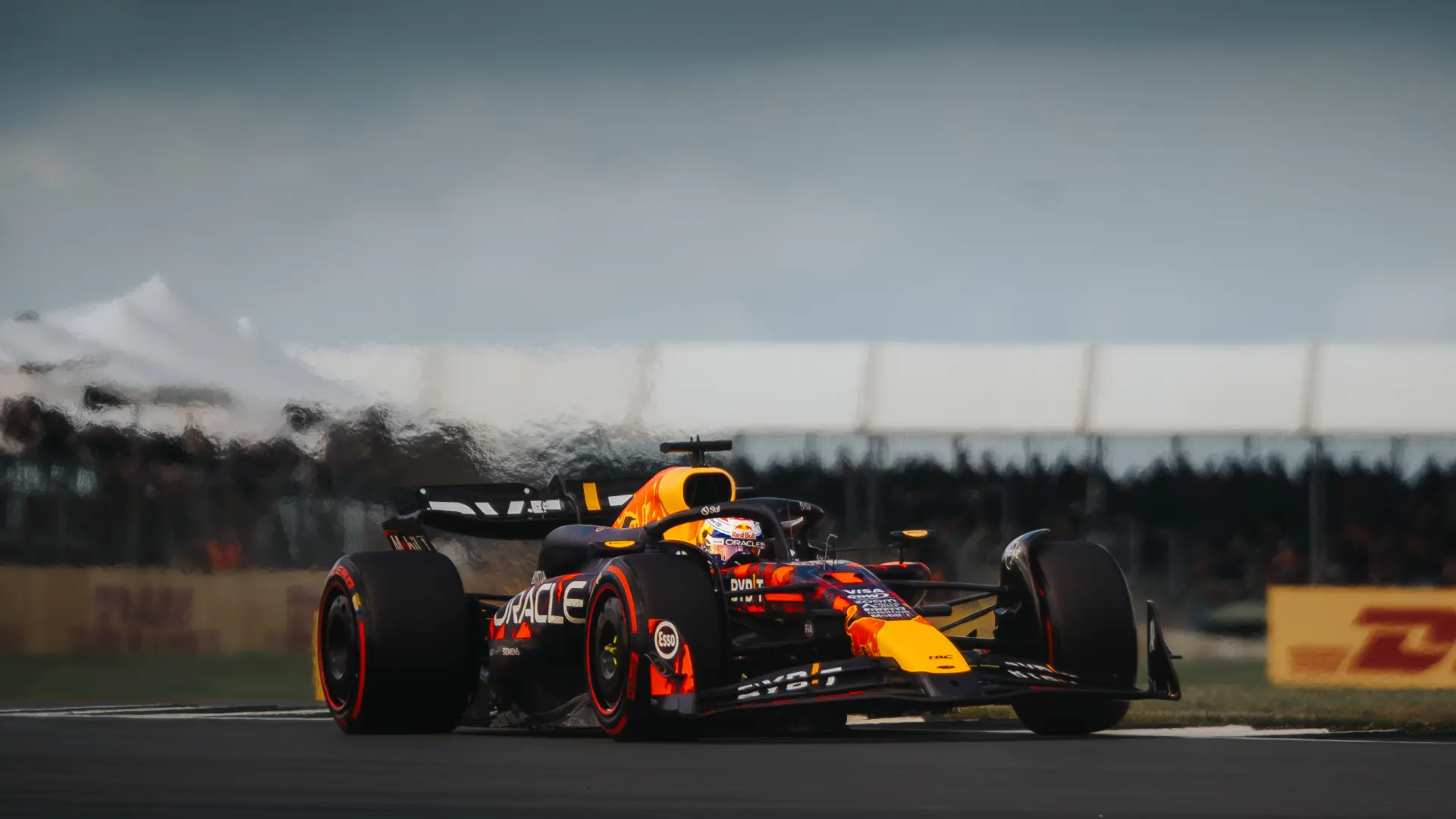
.webp)

